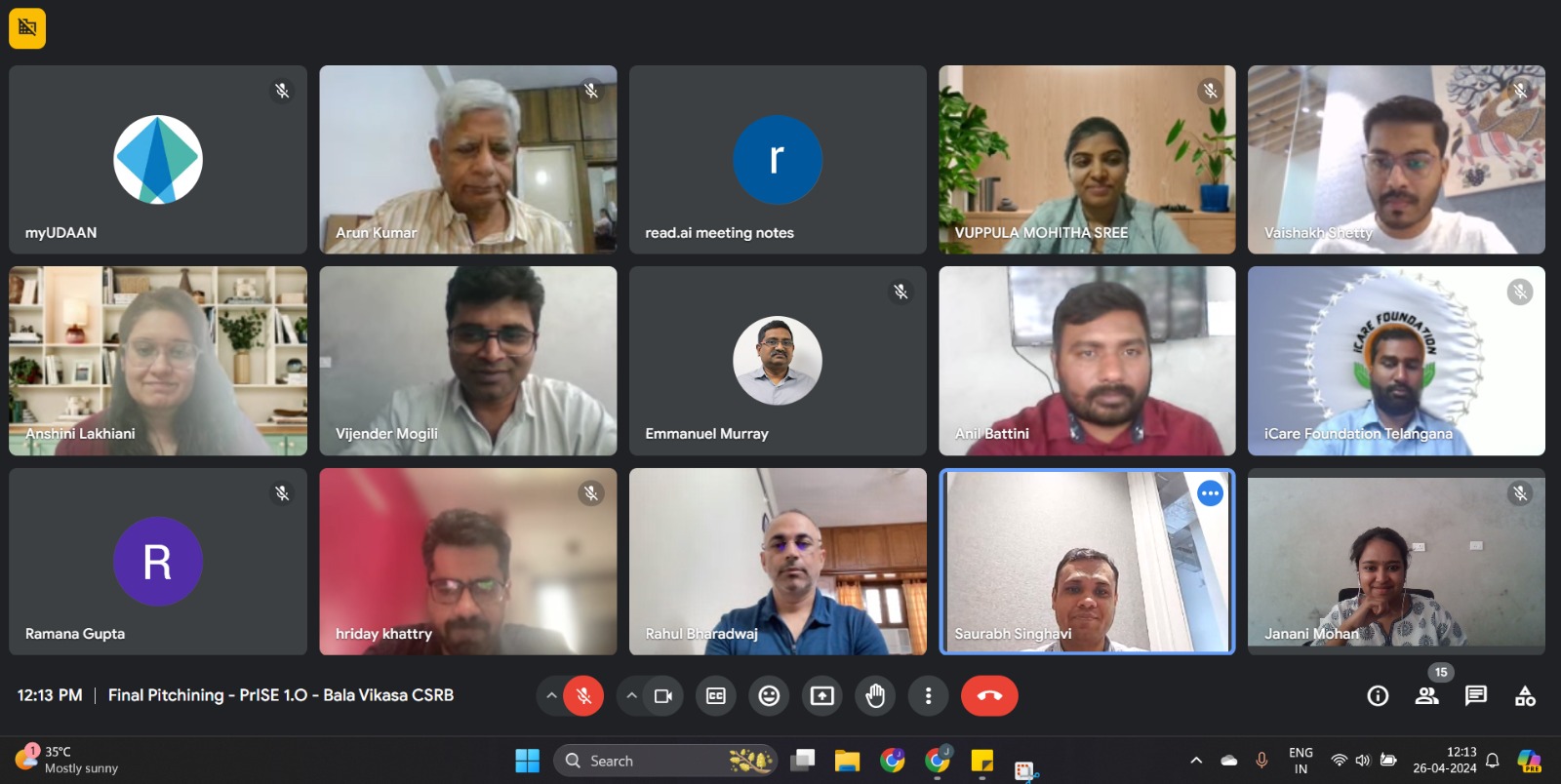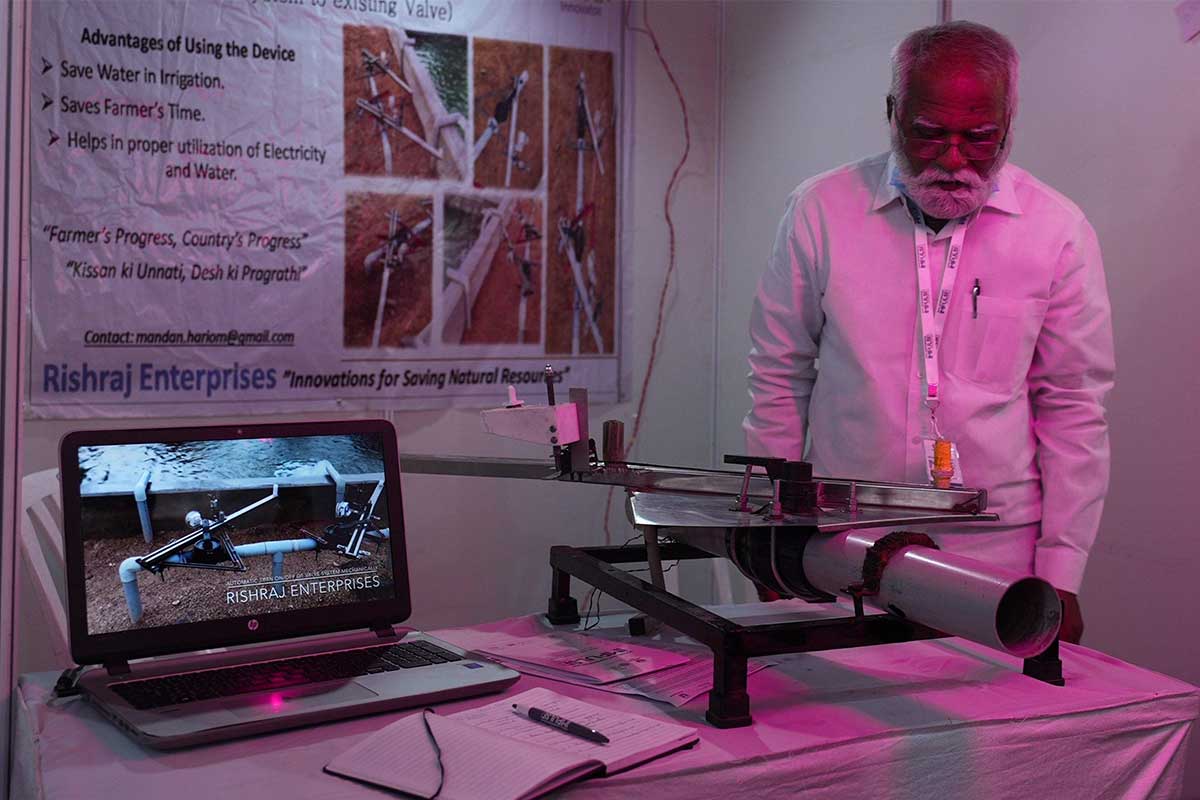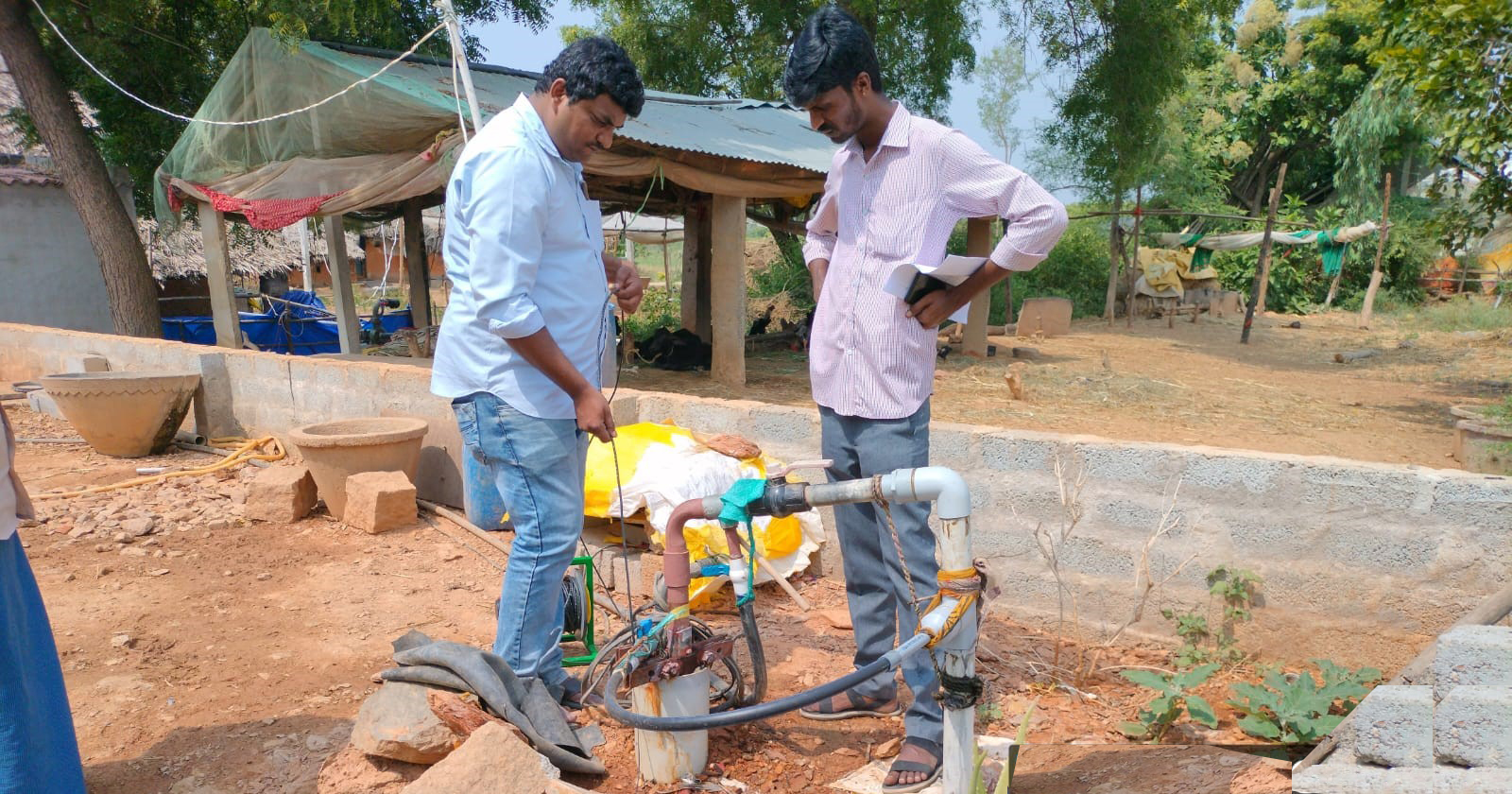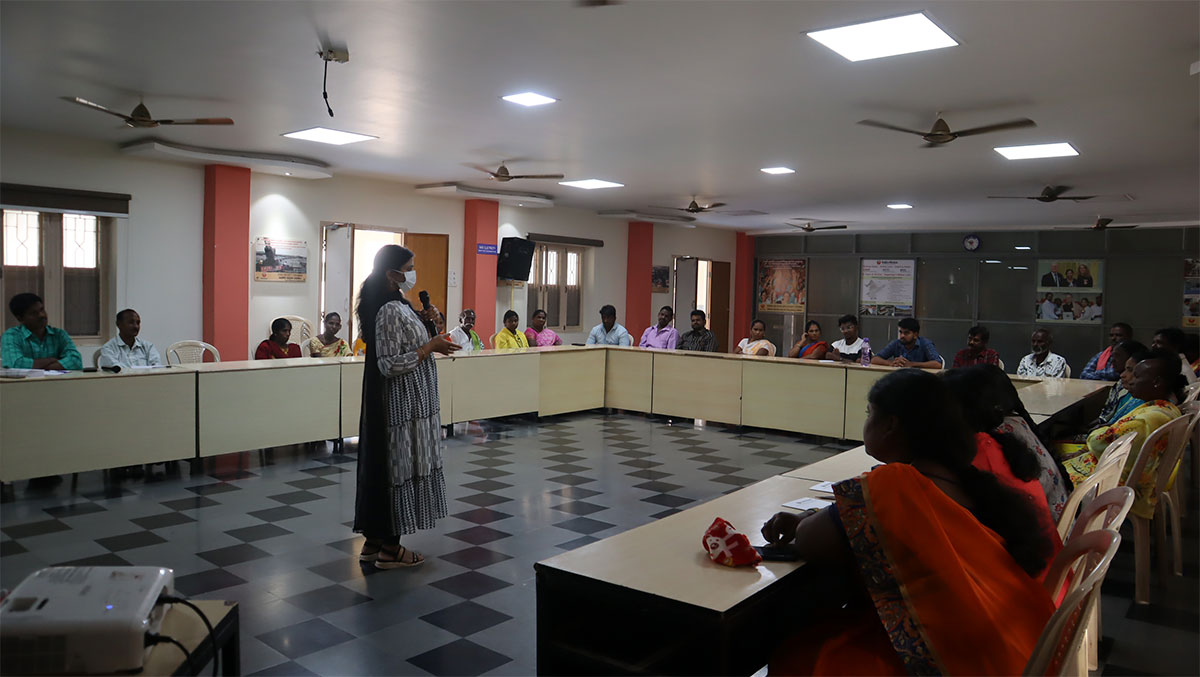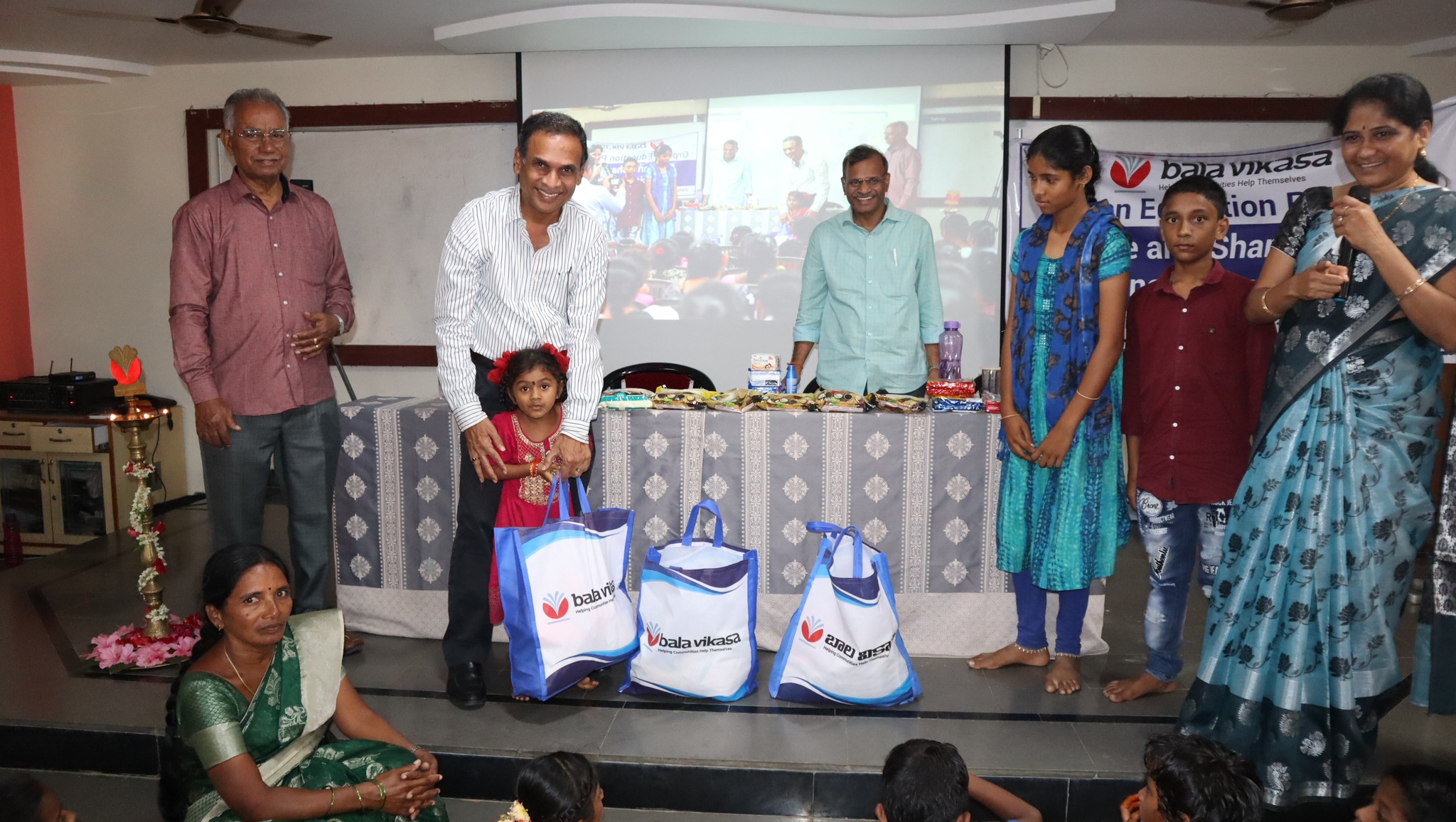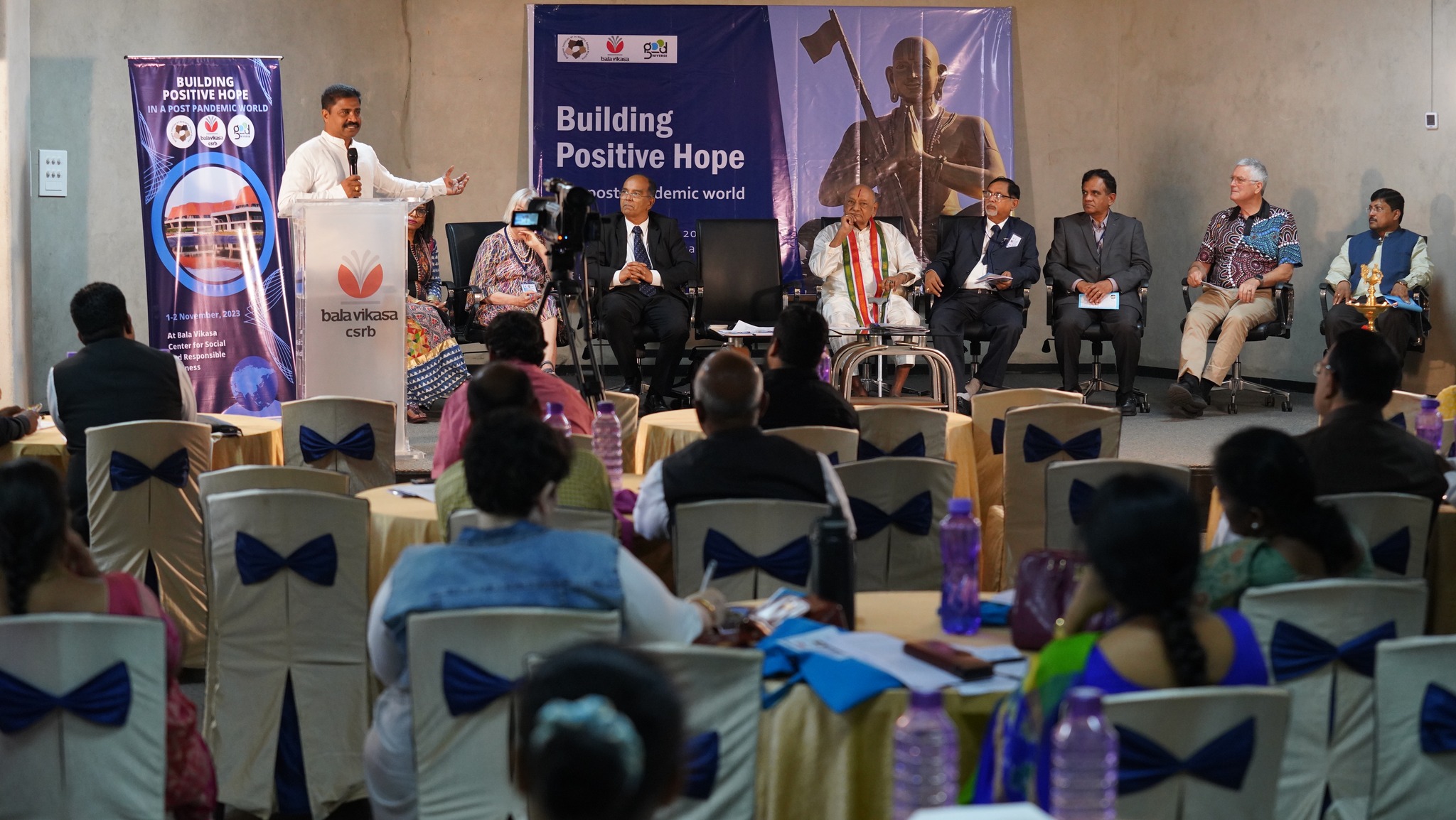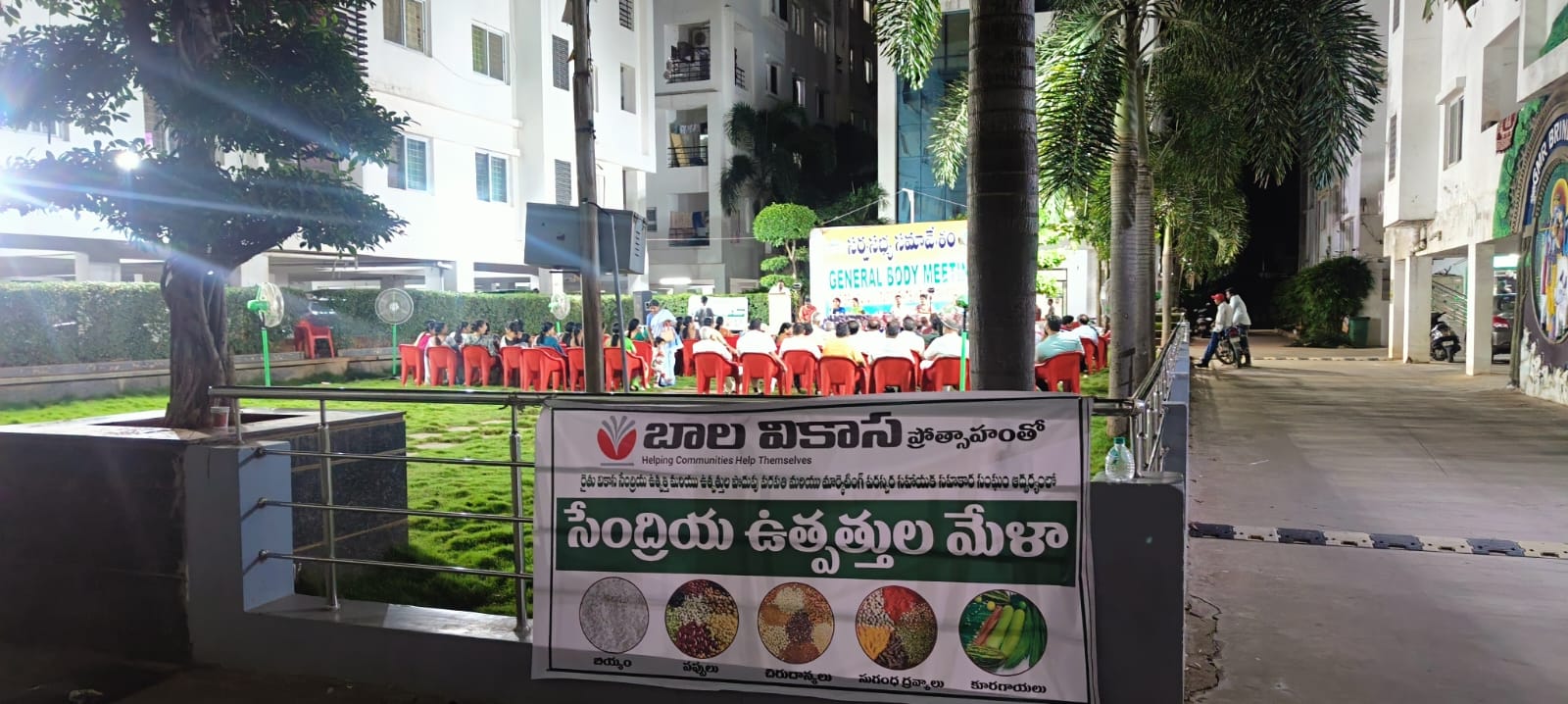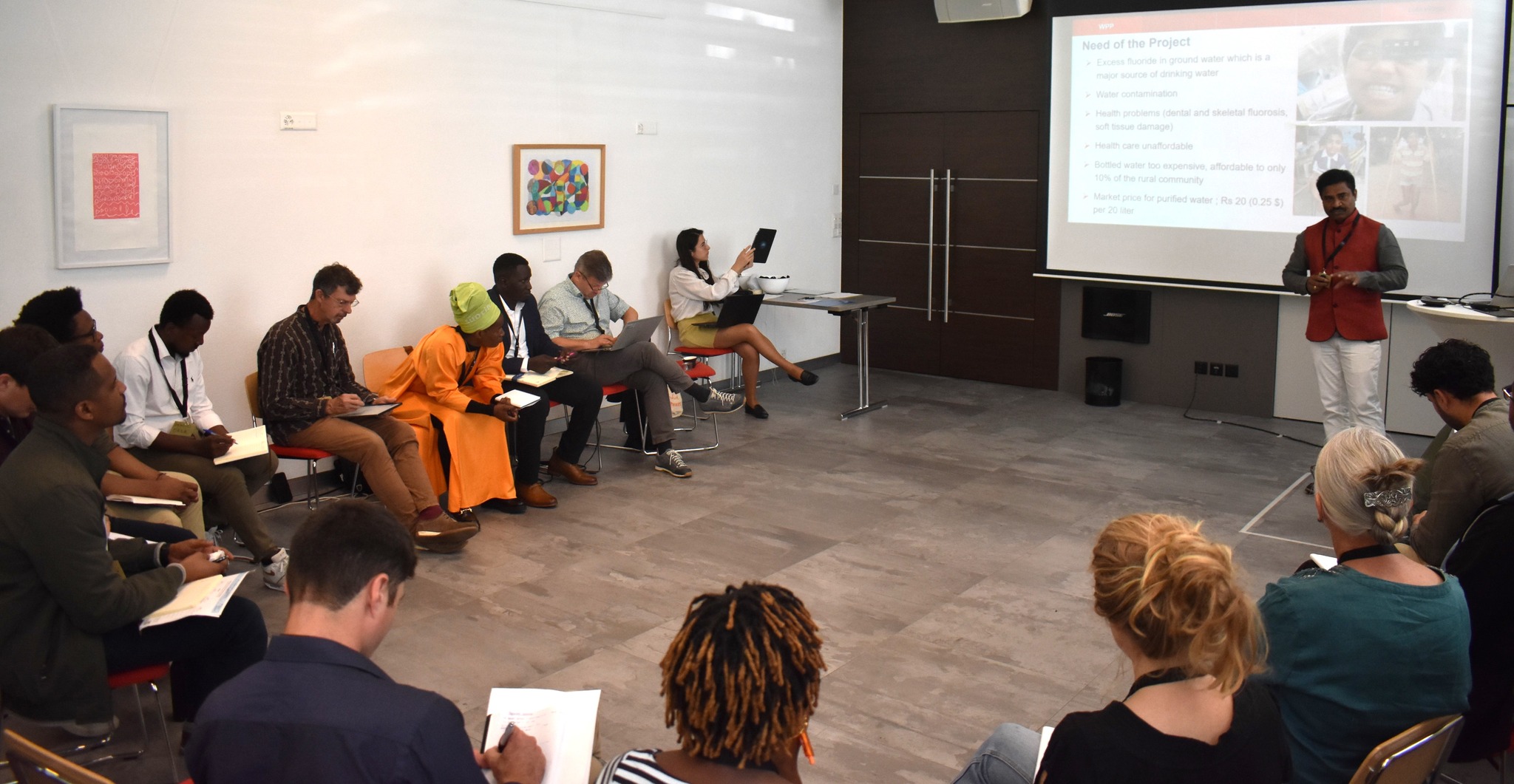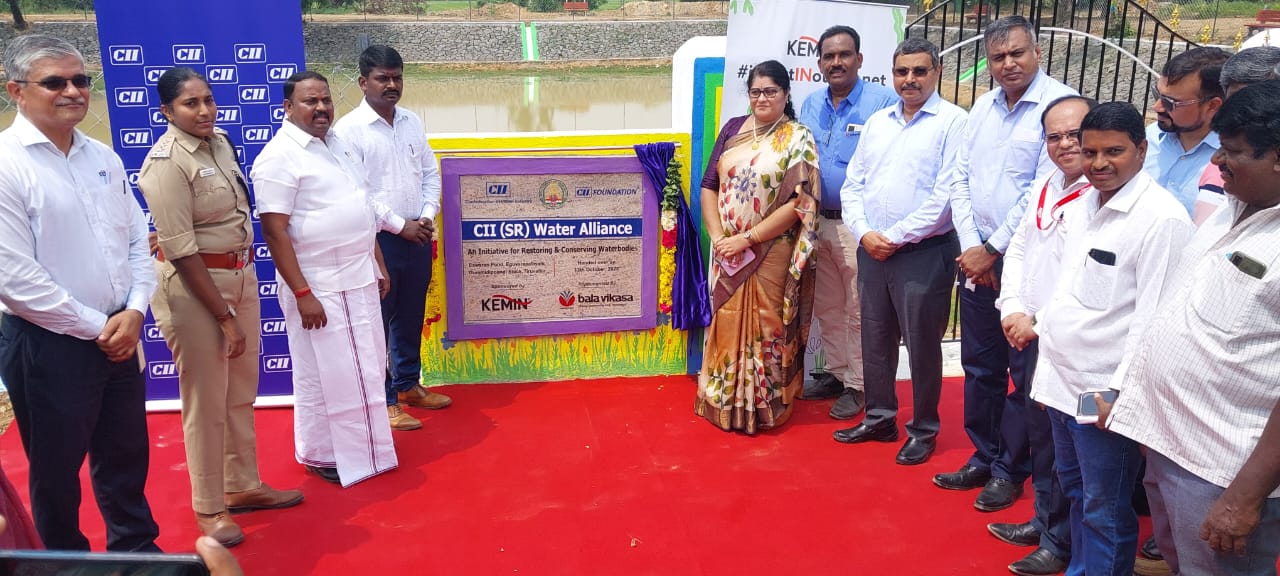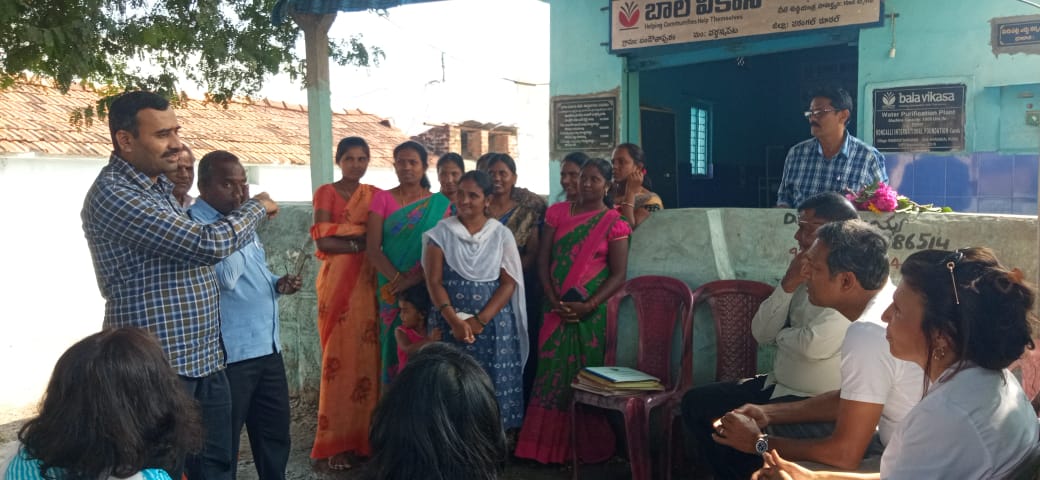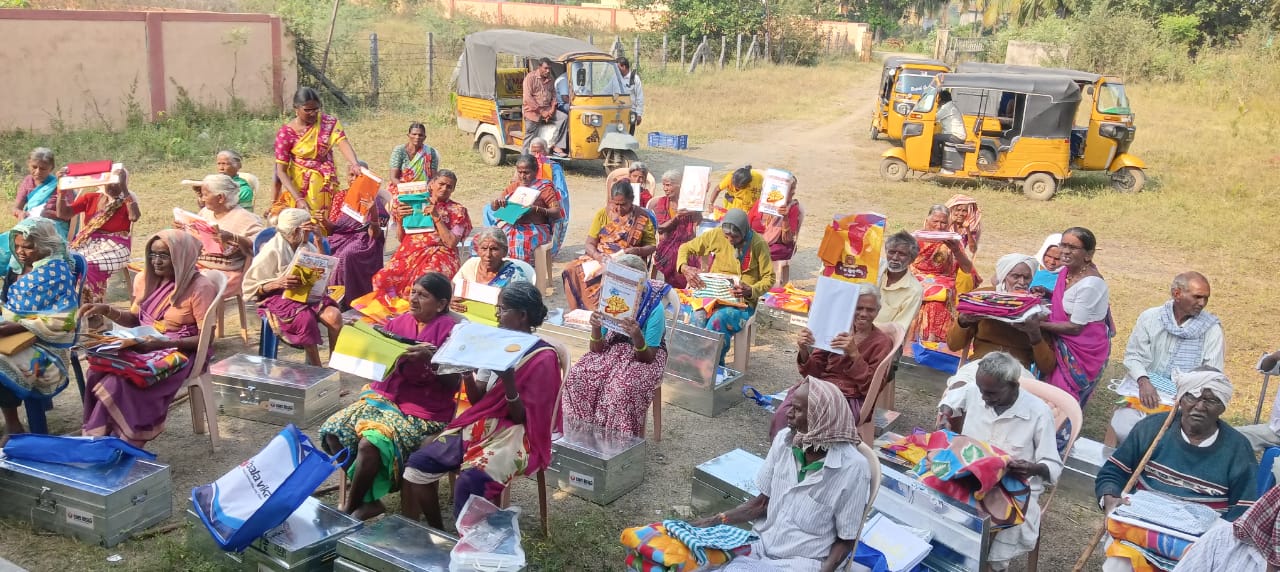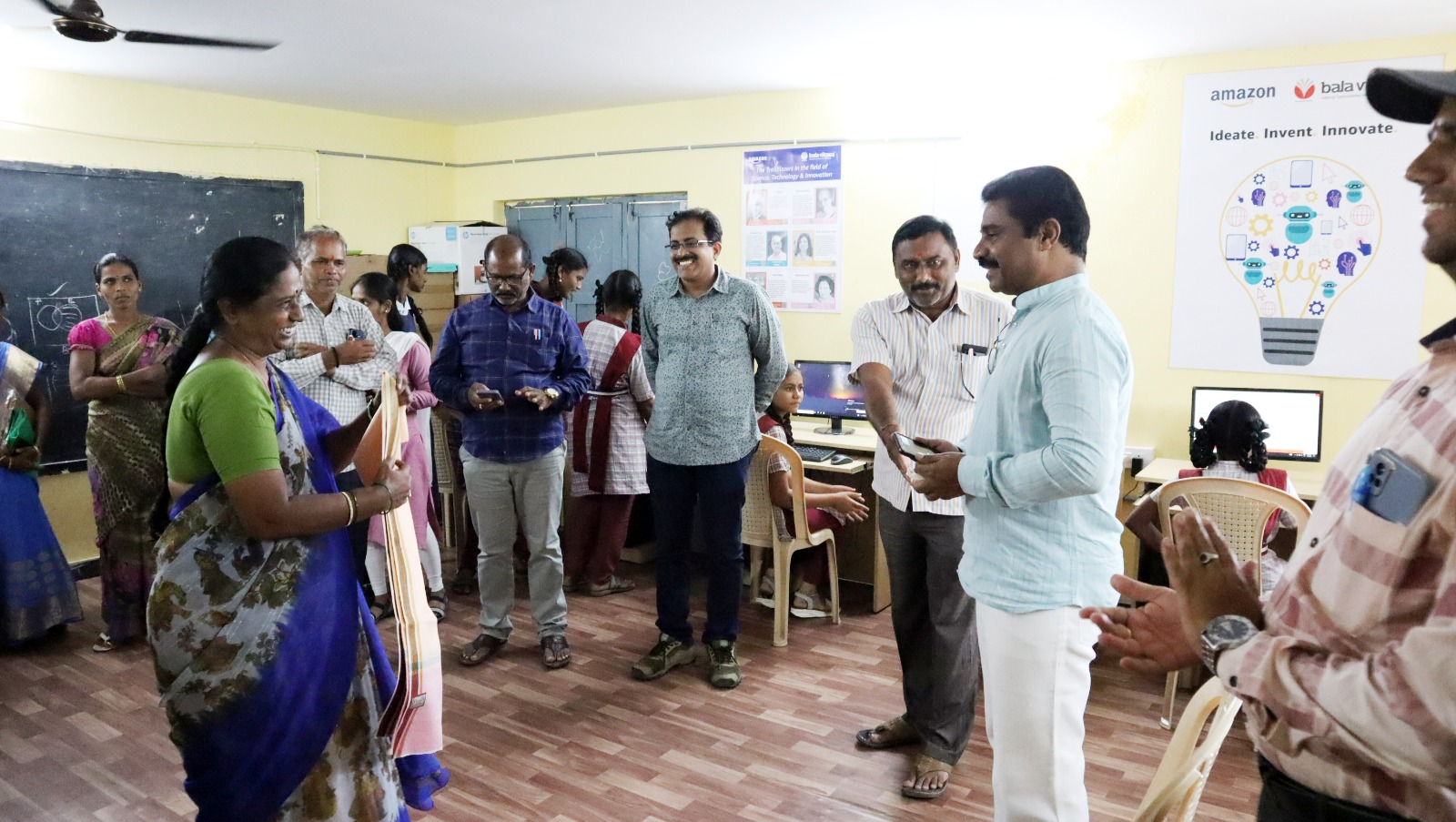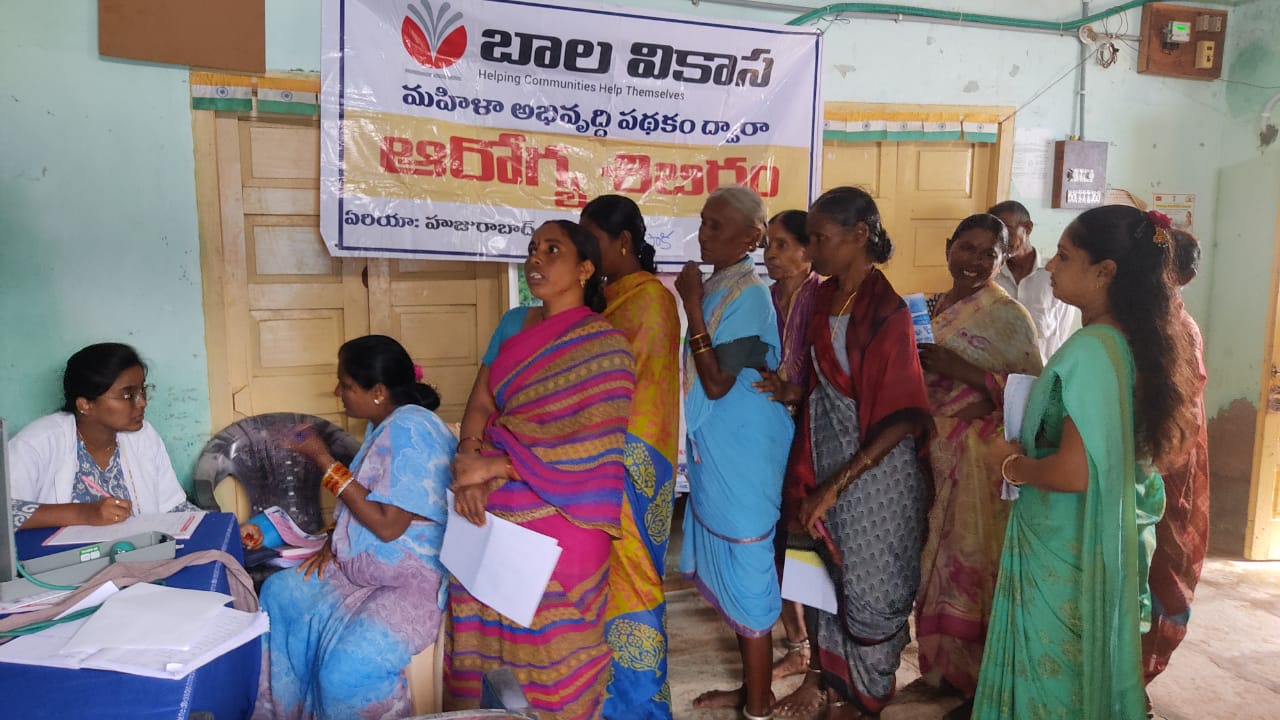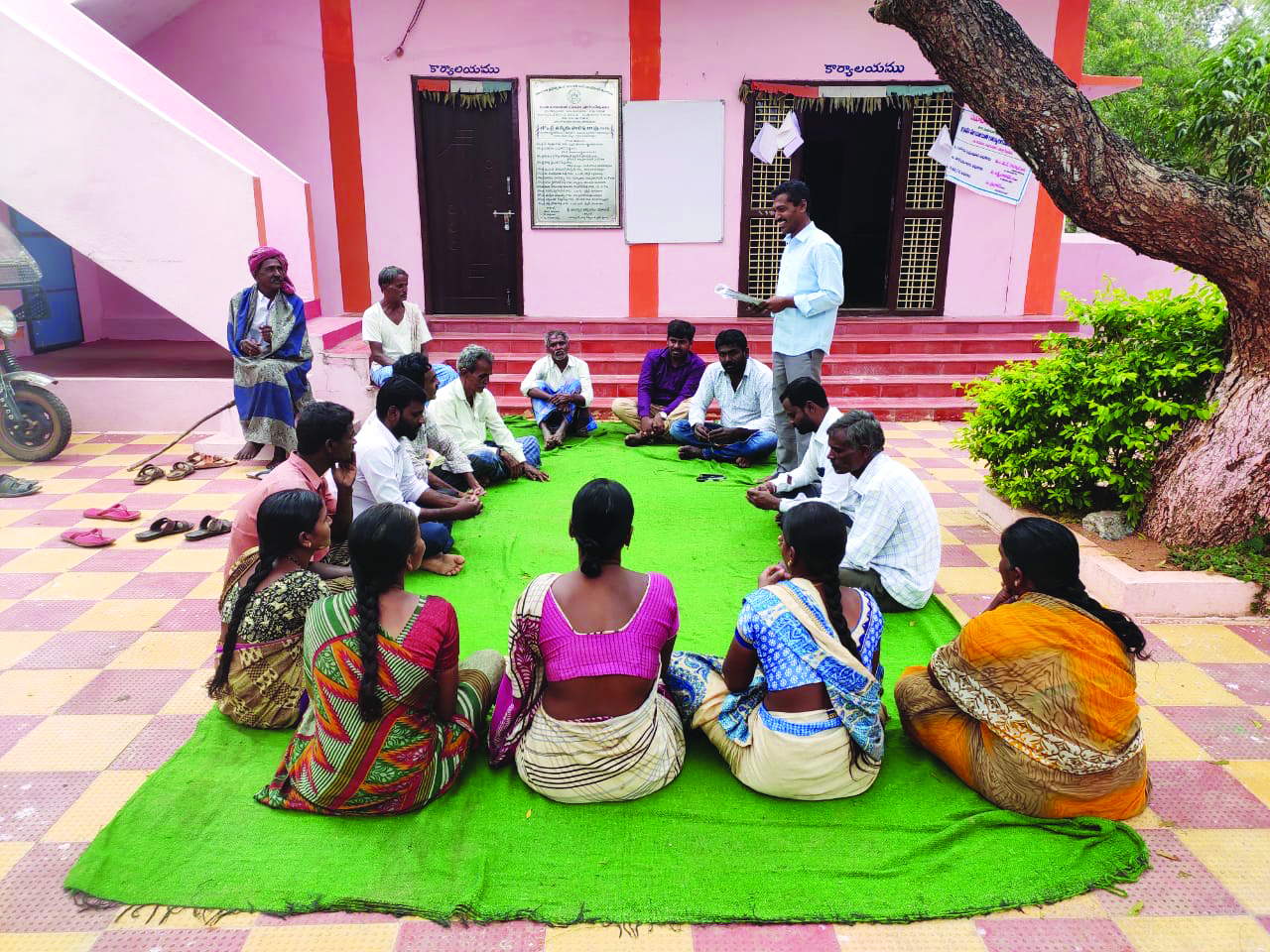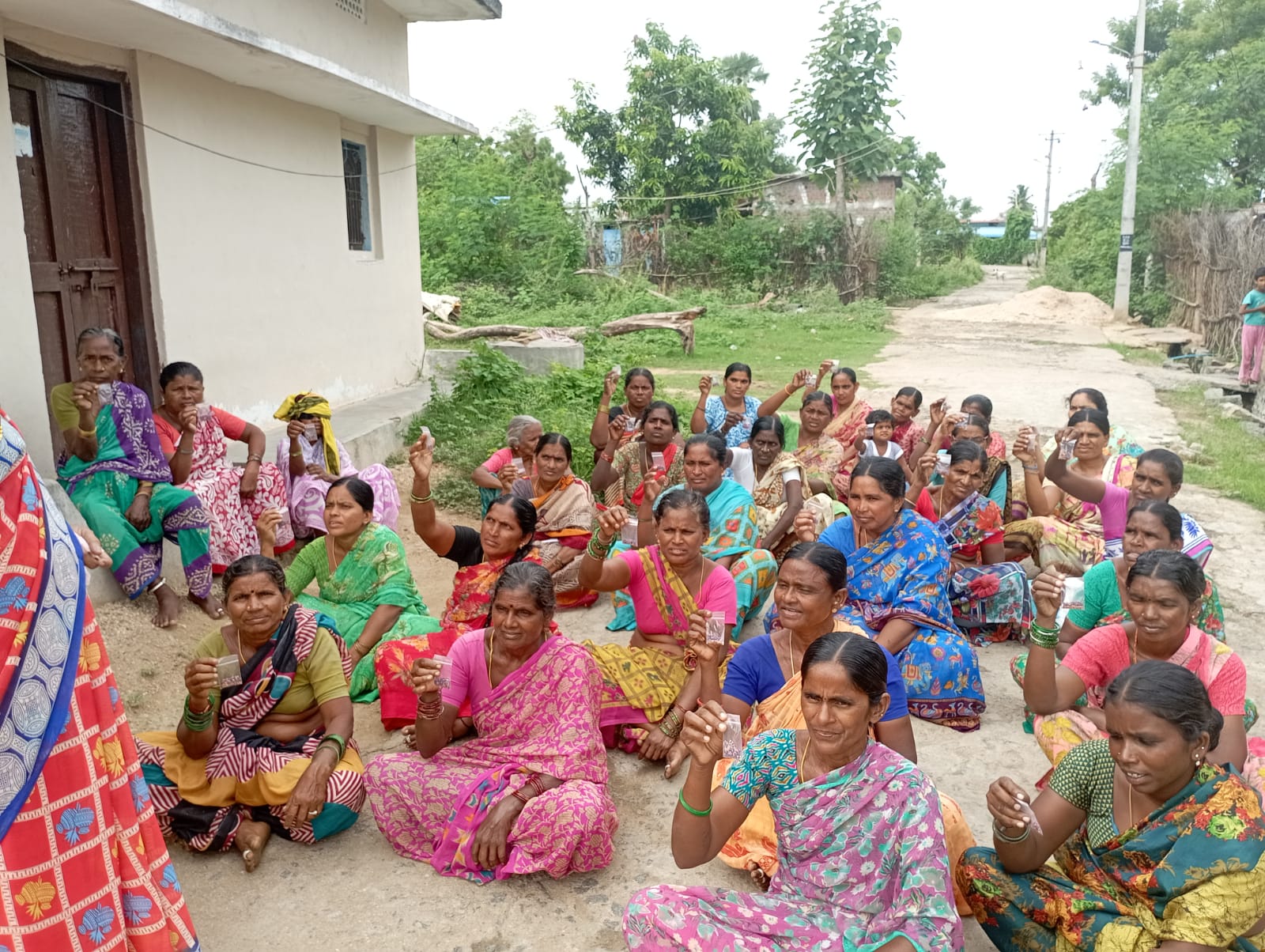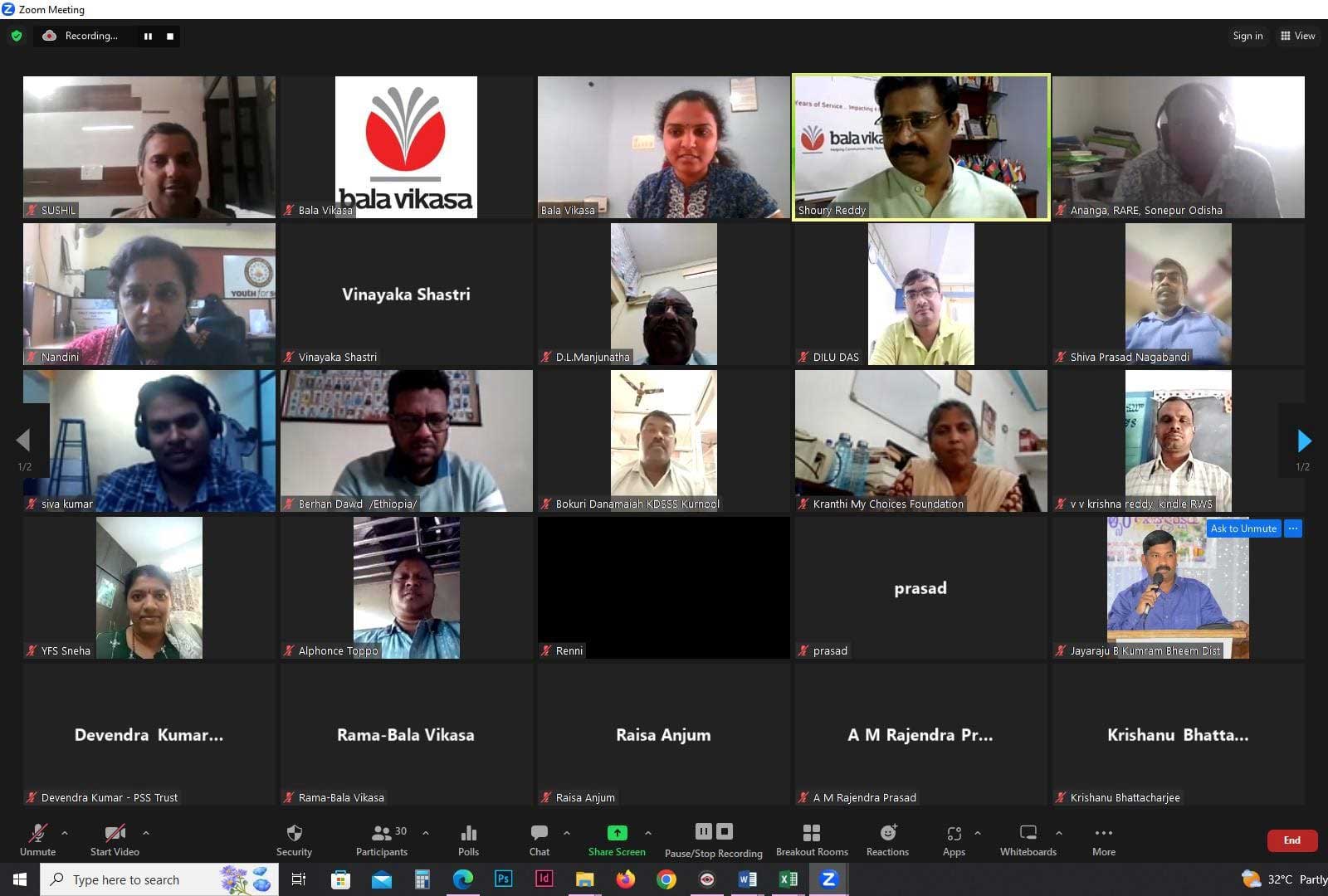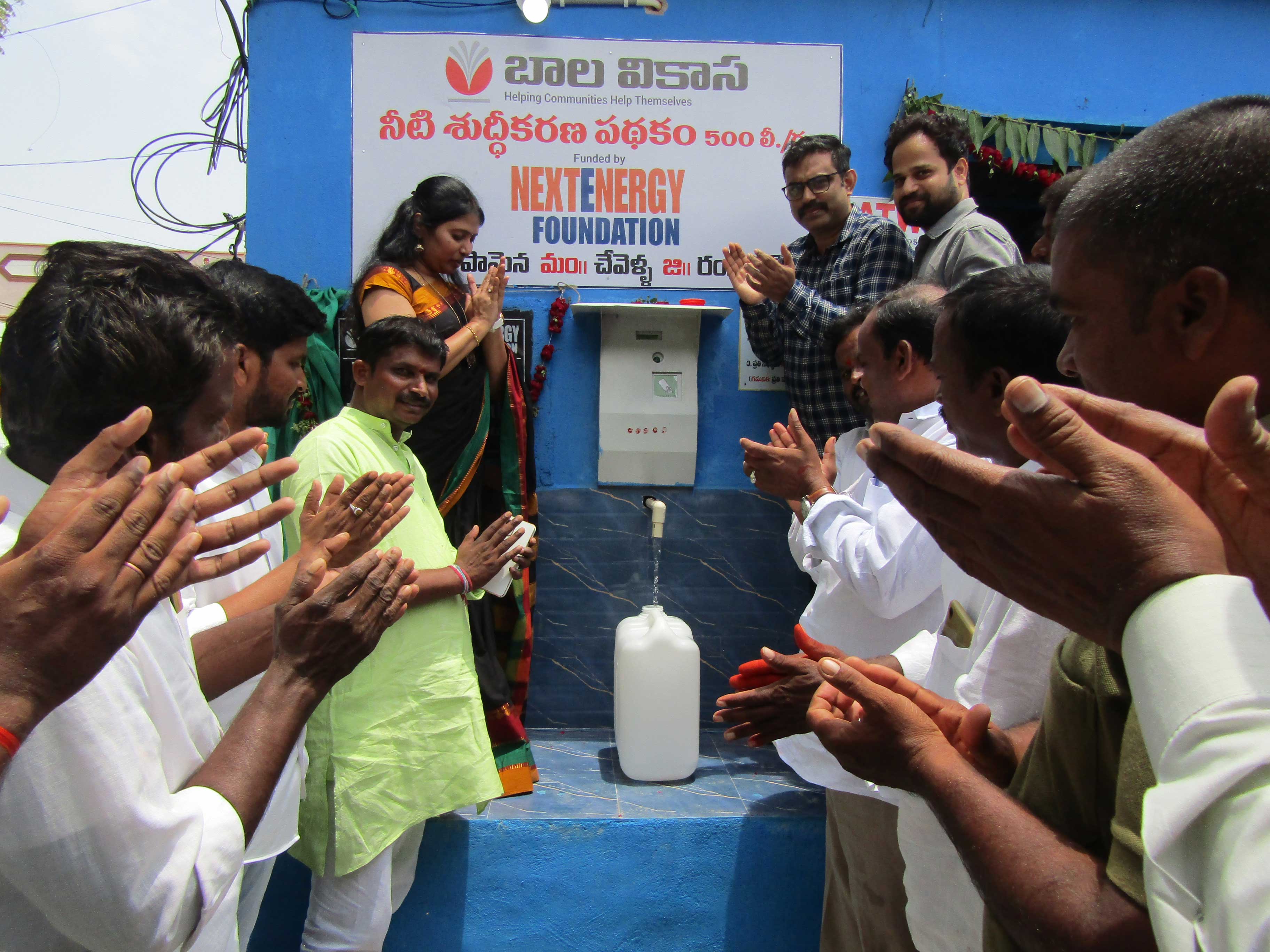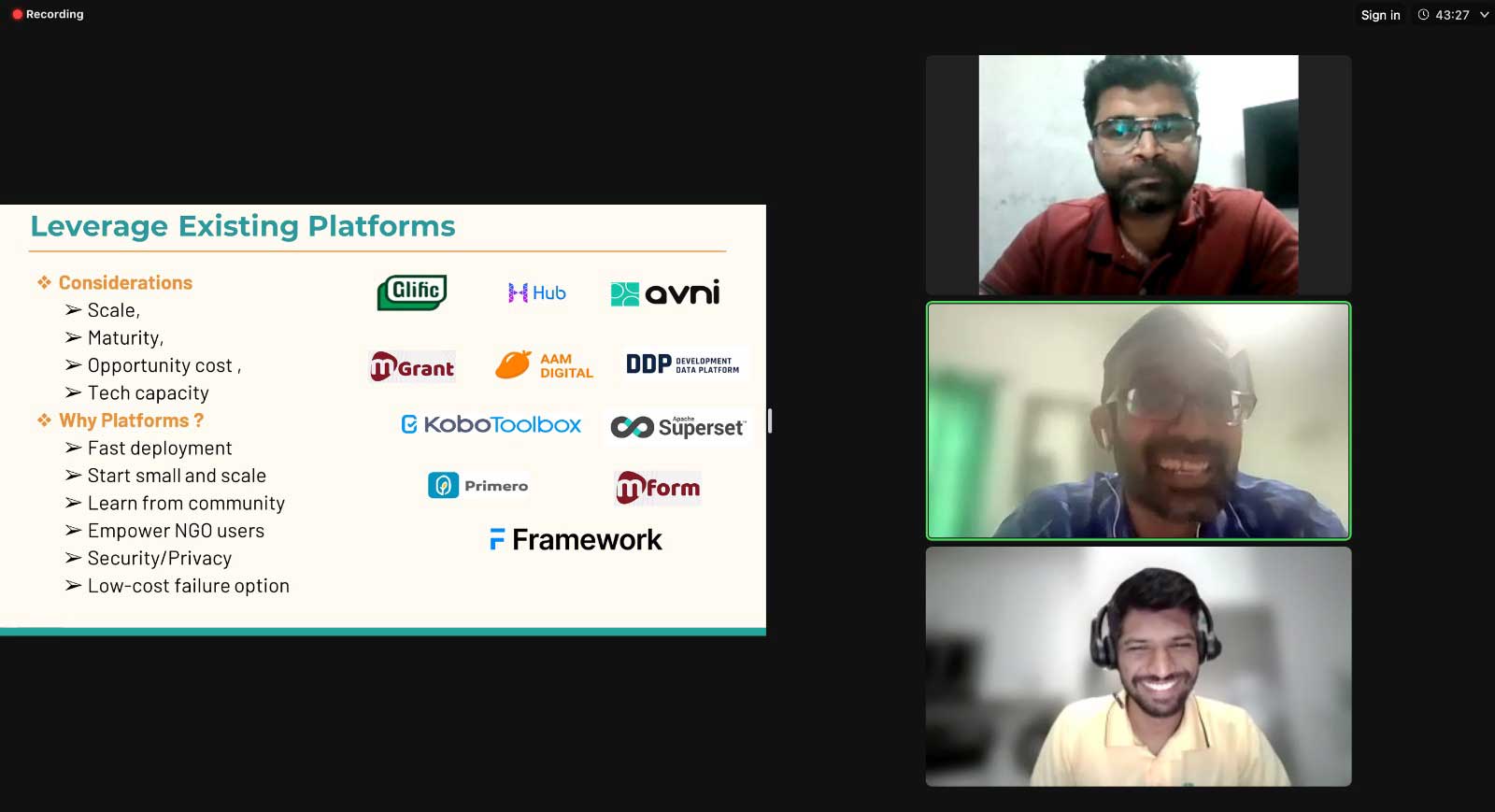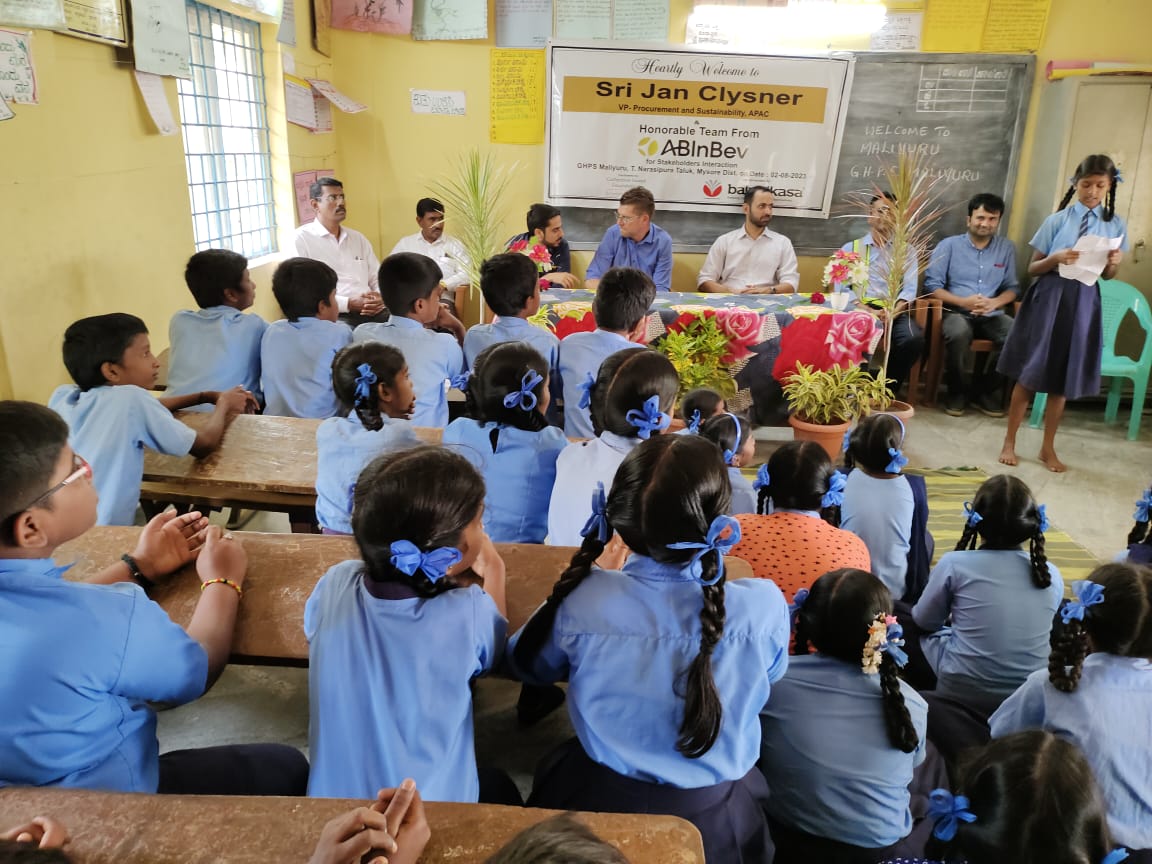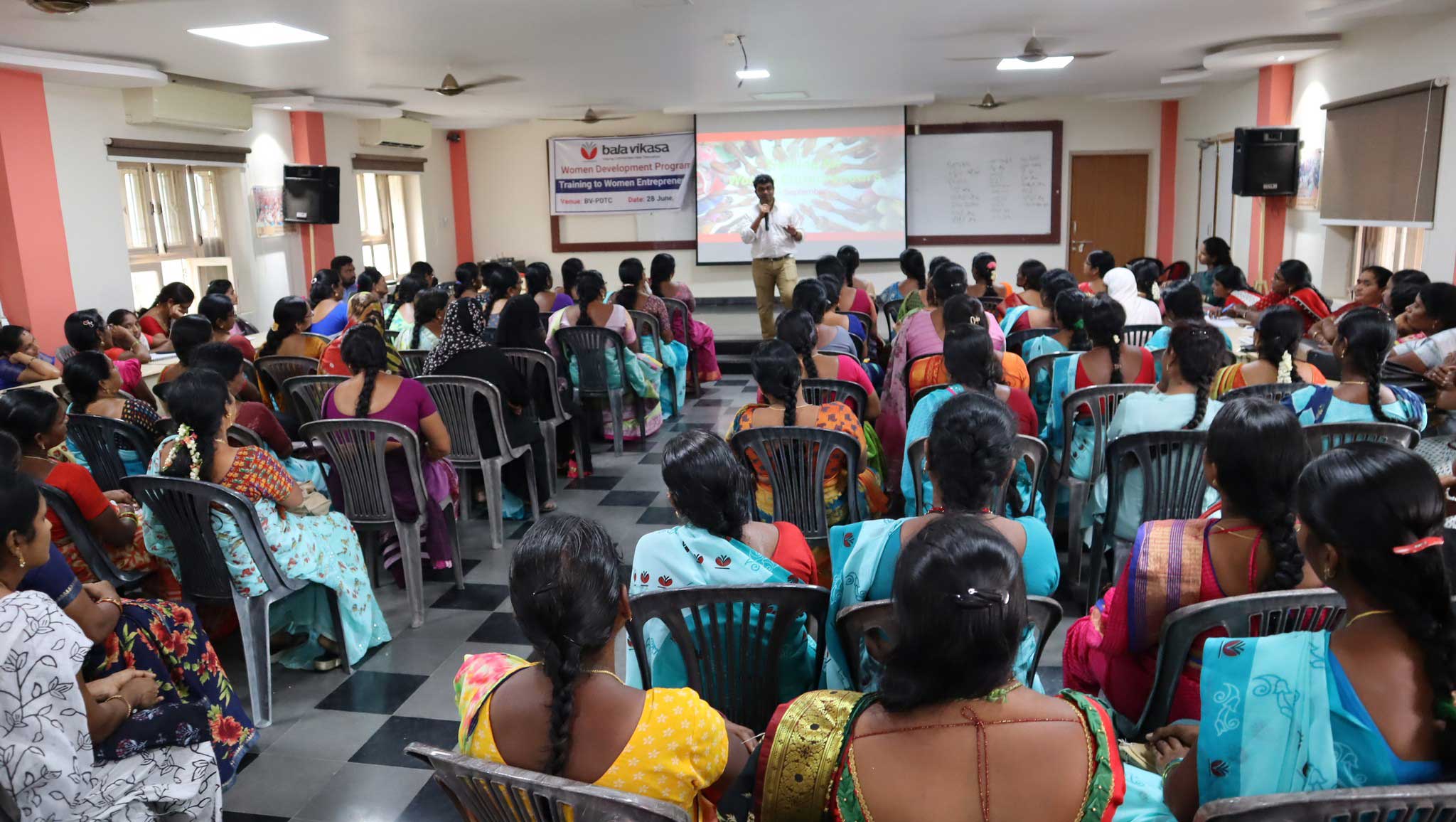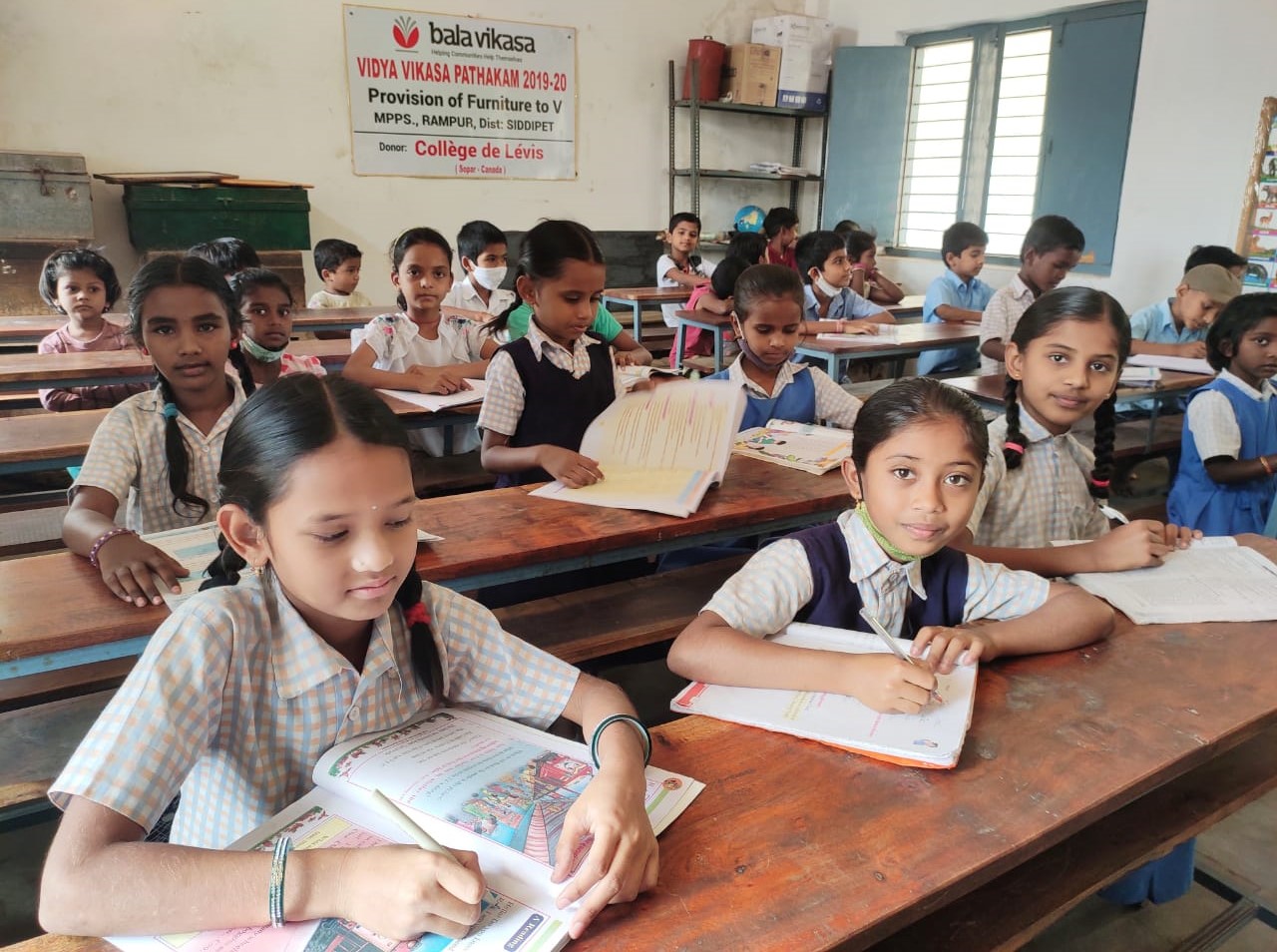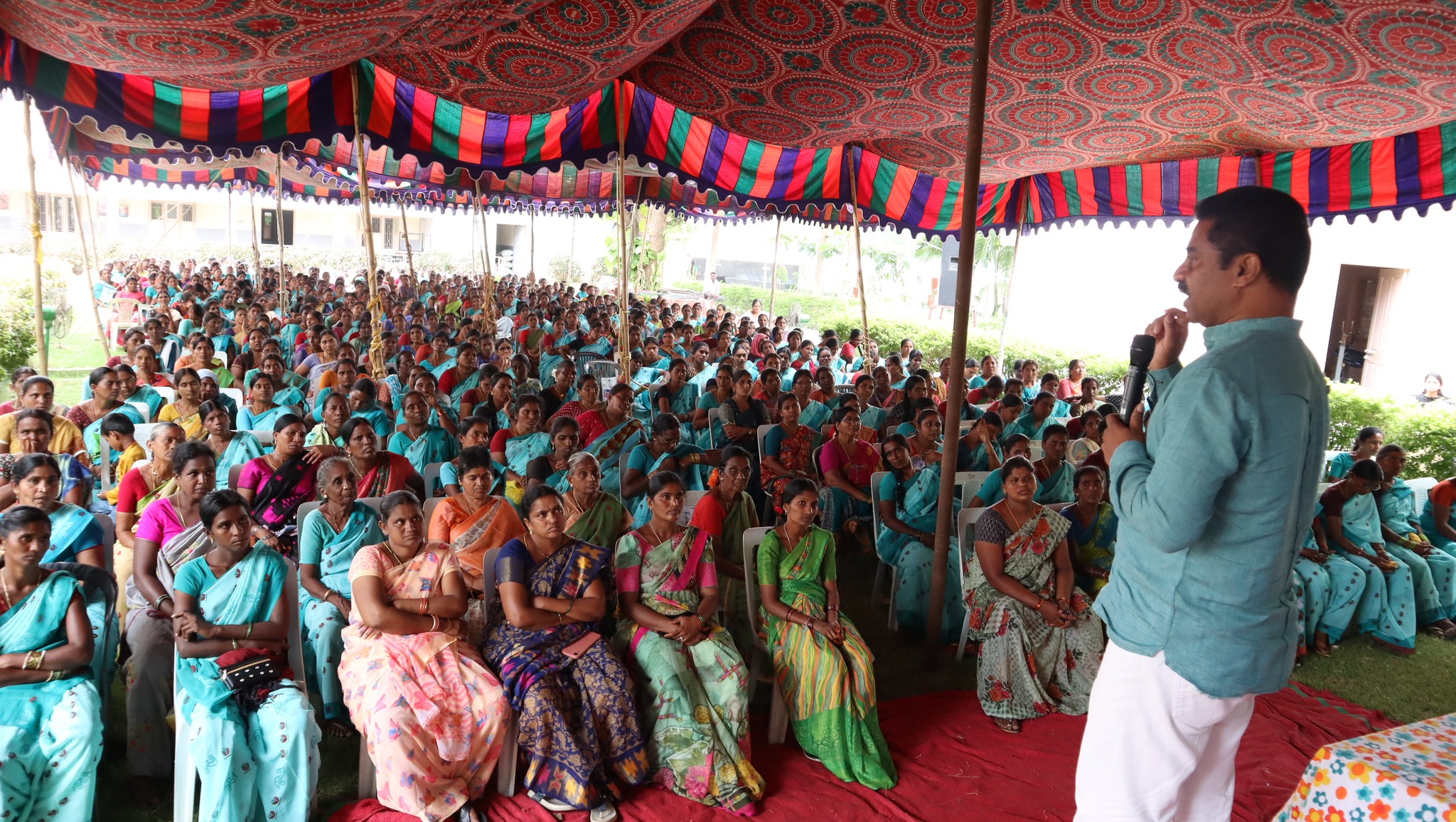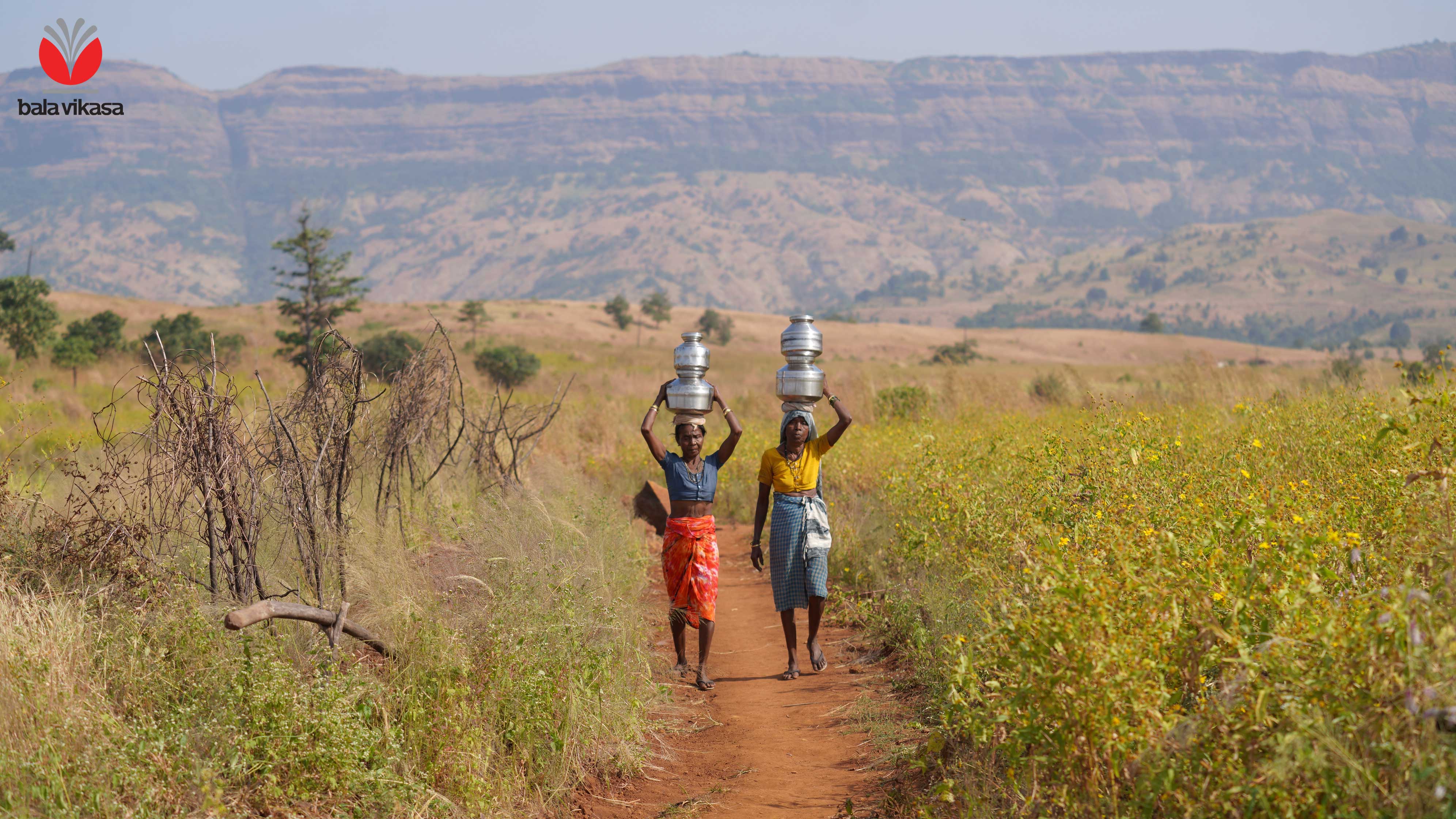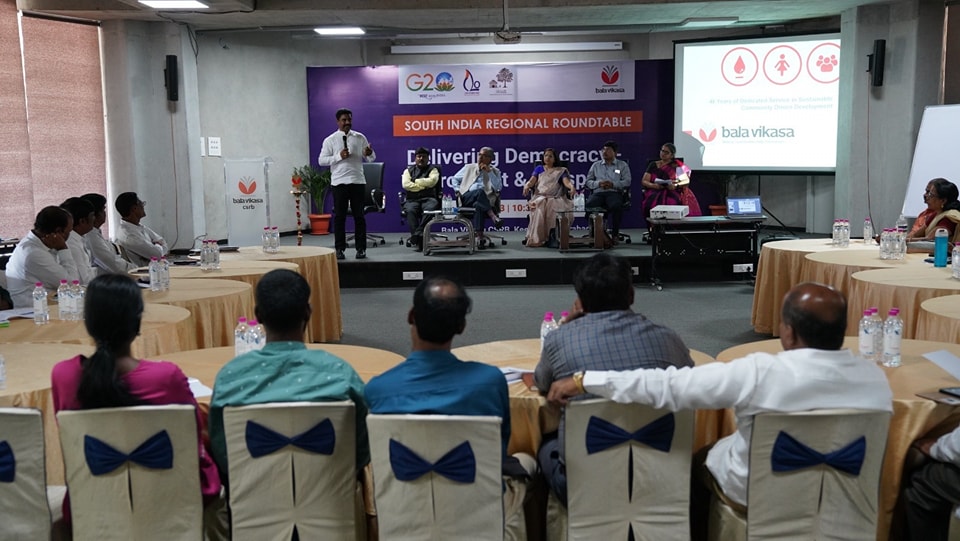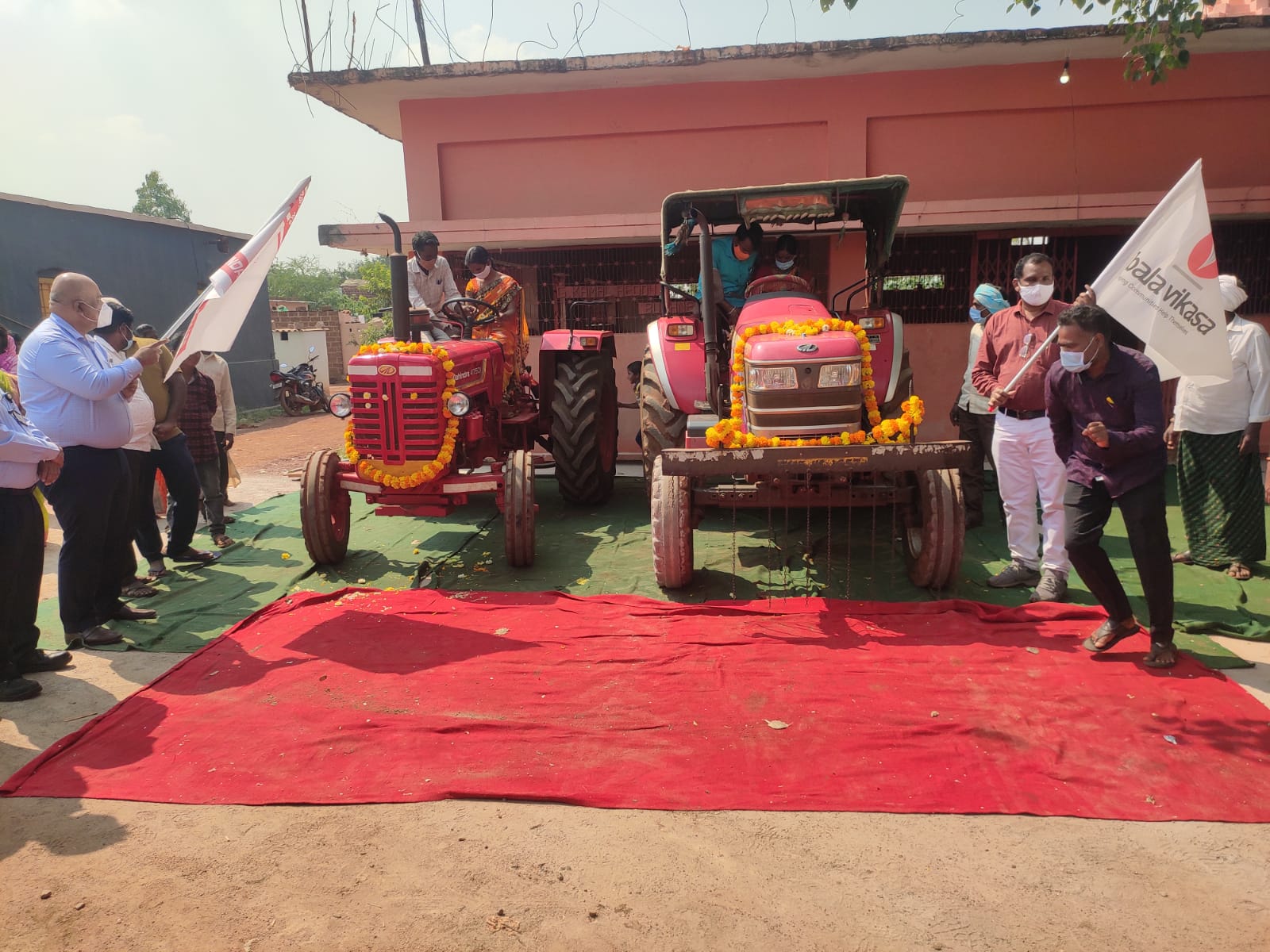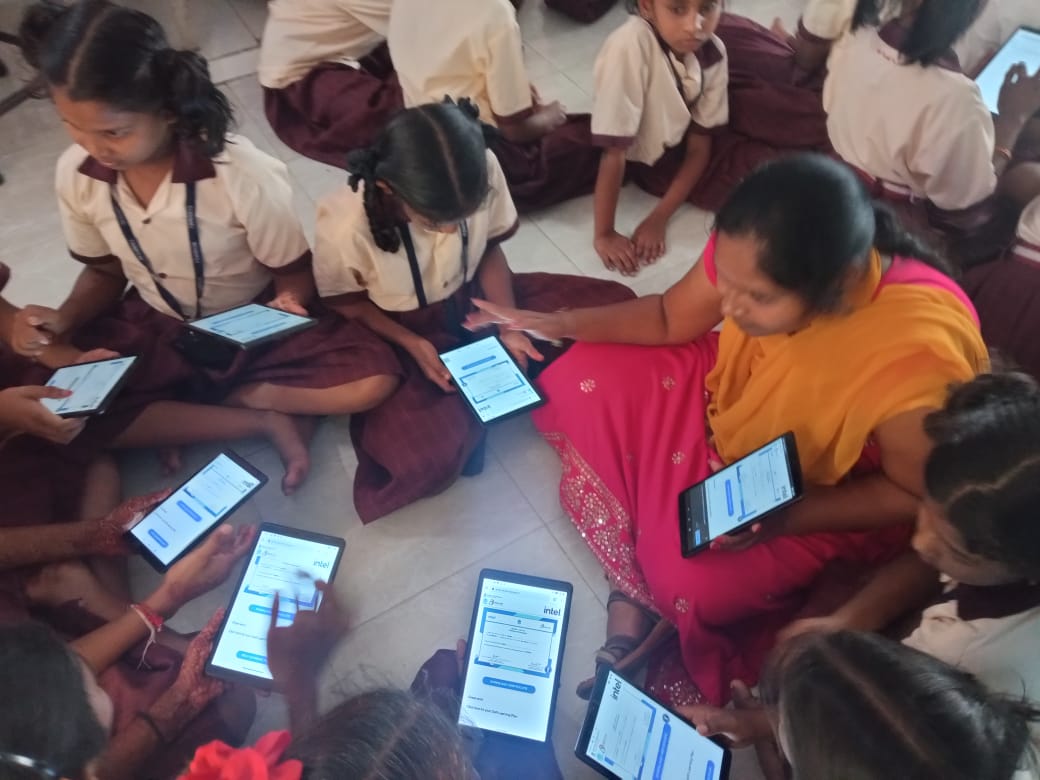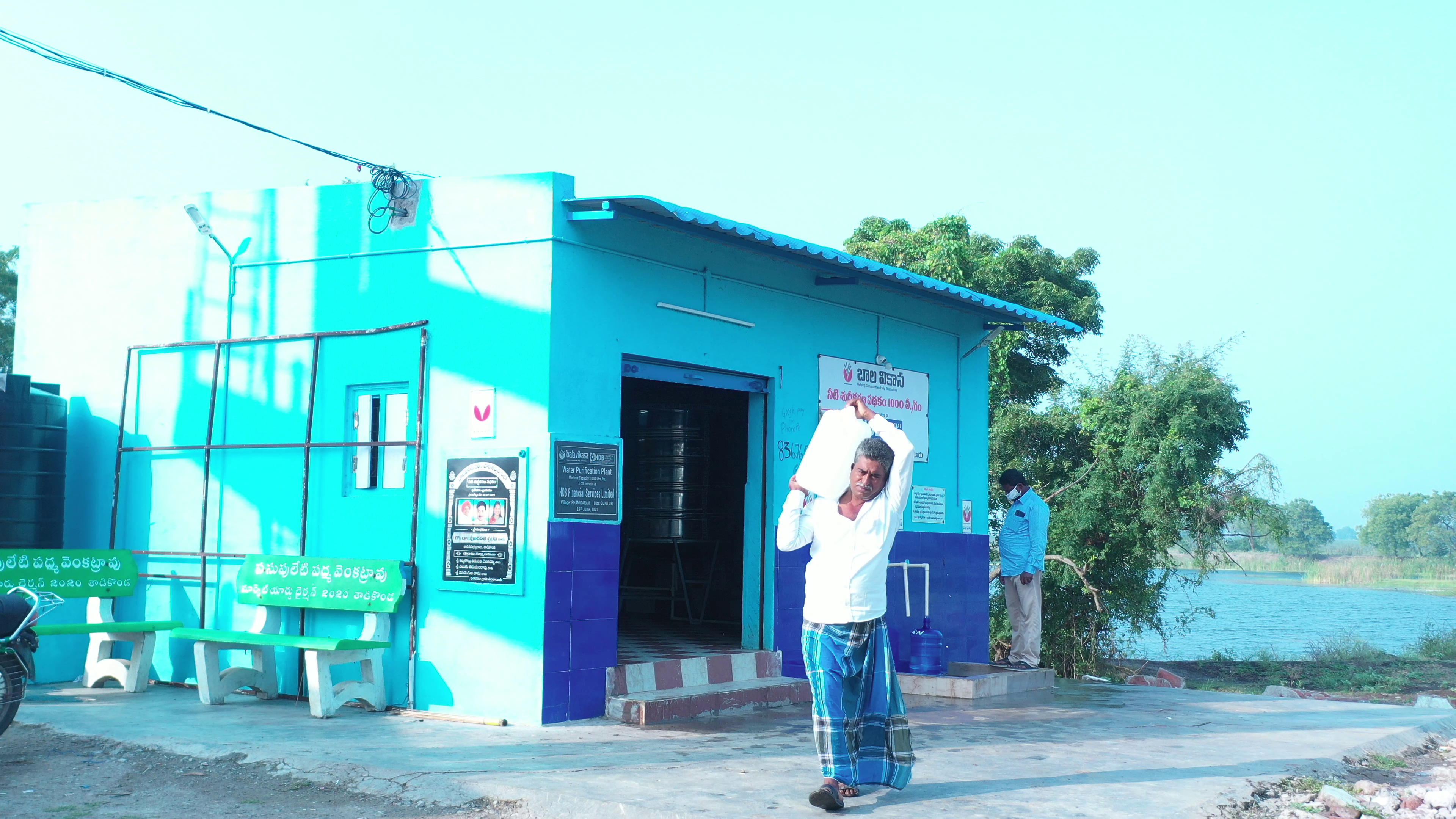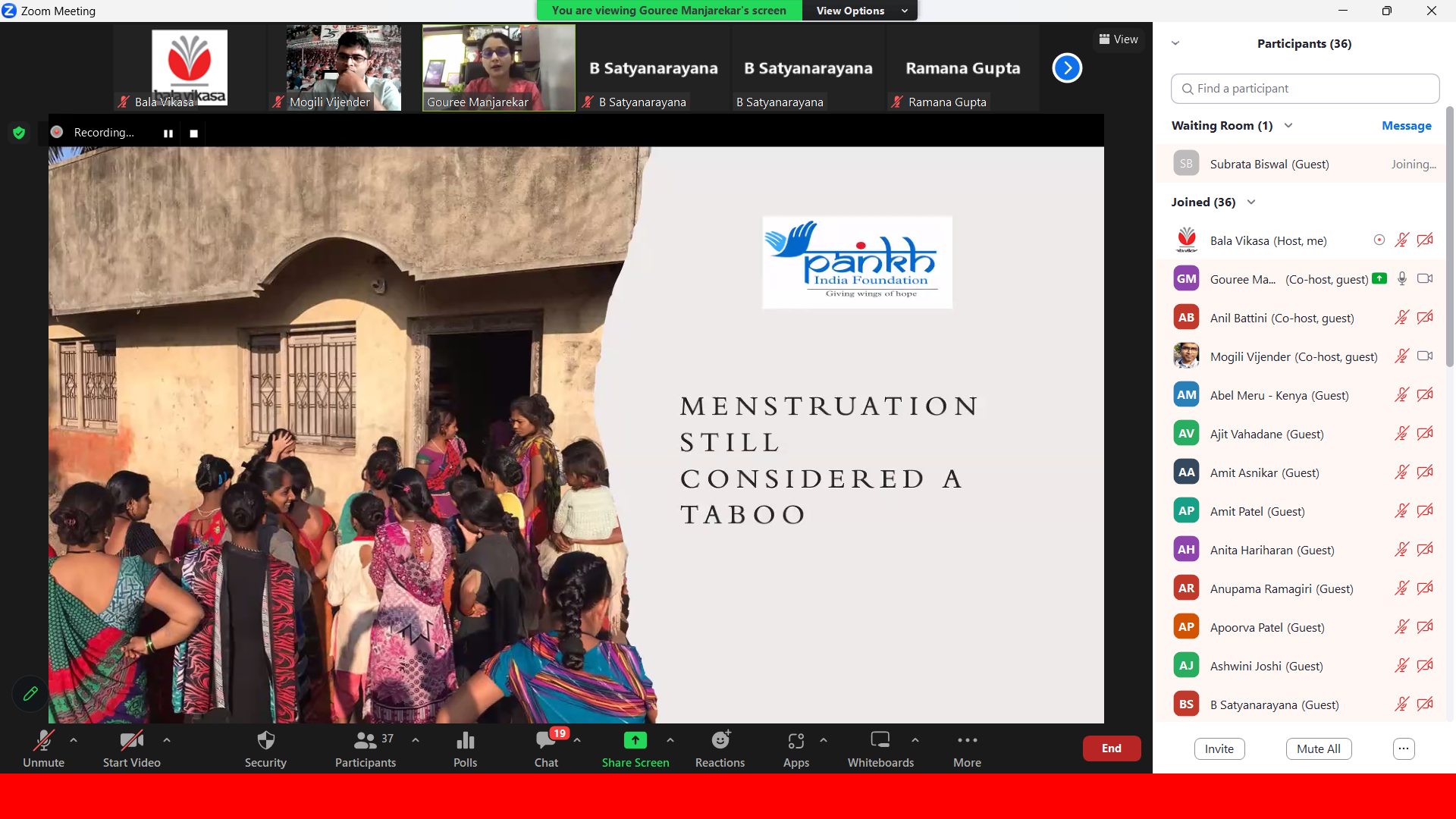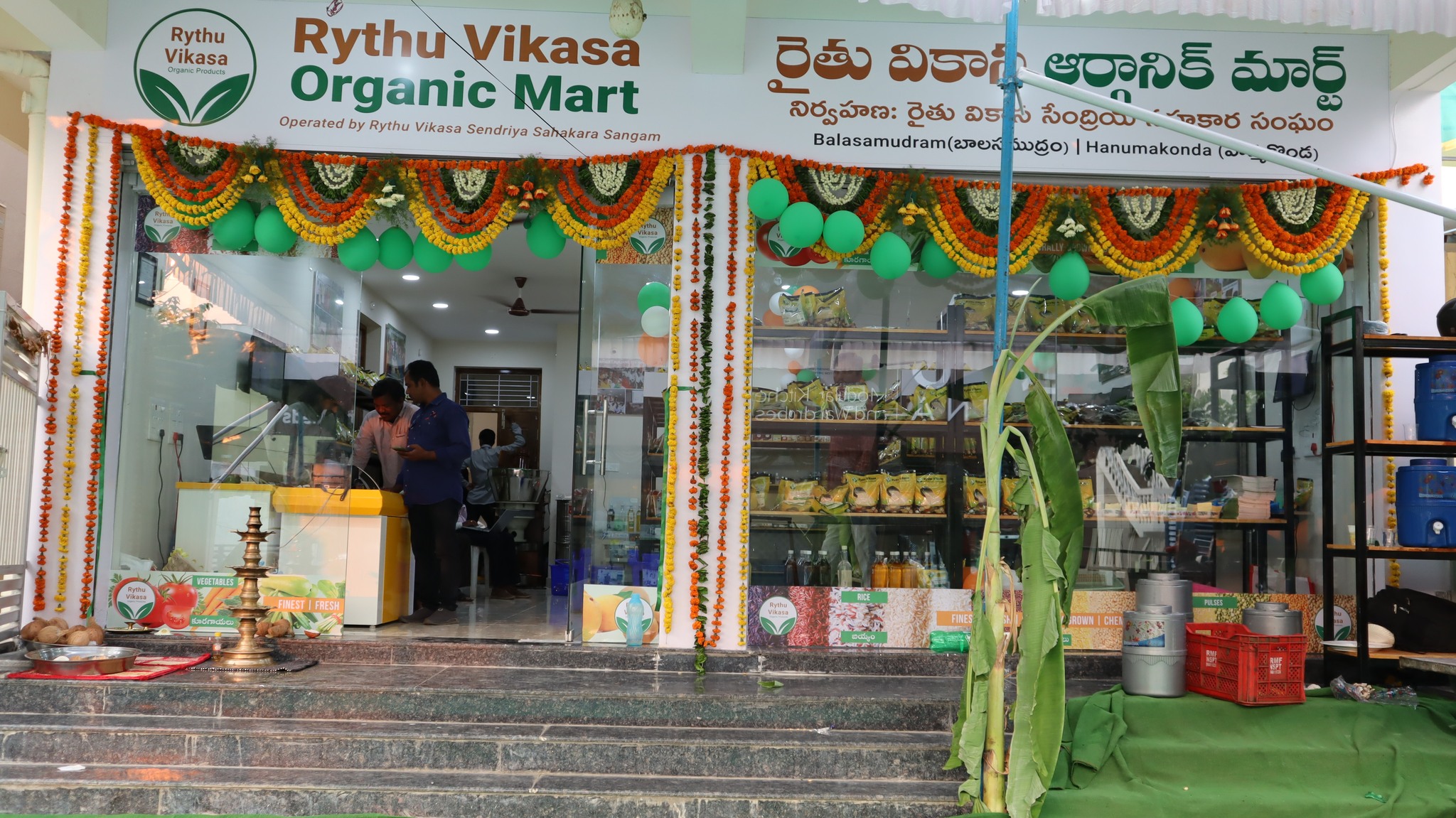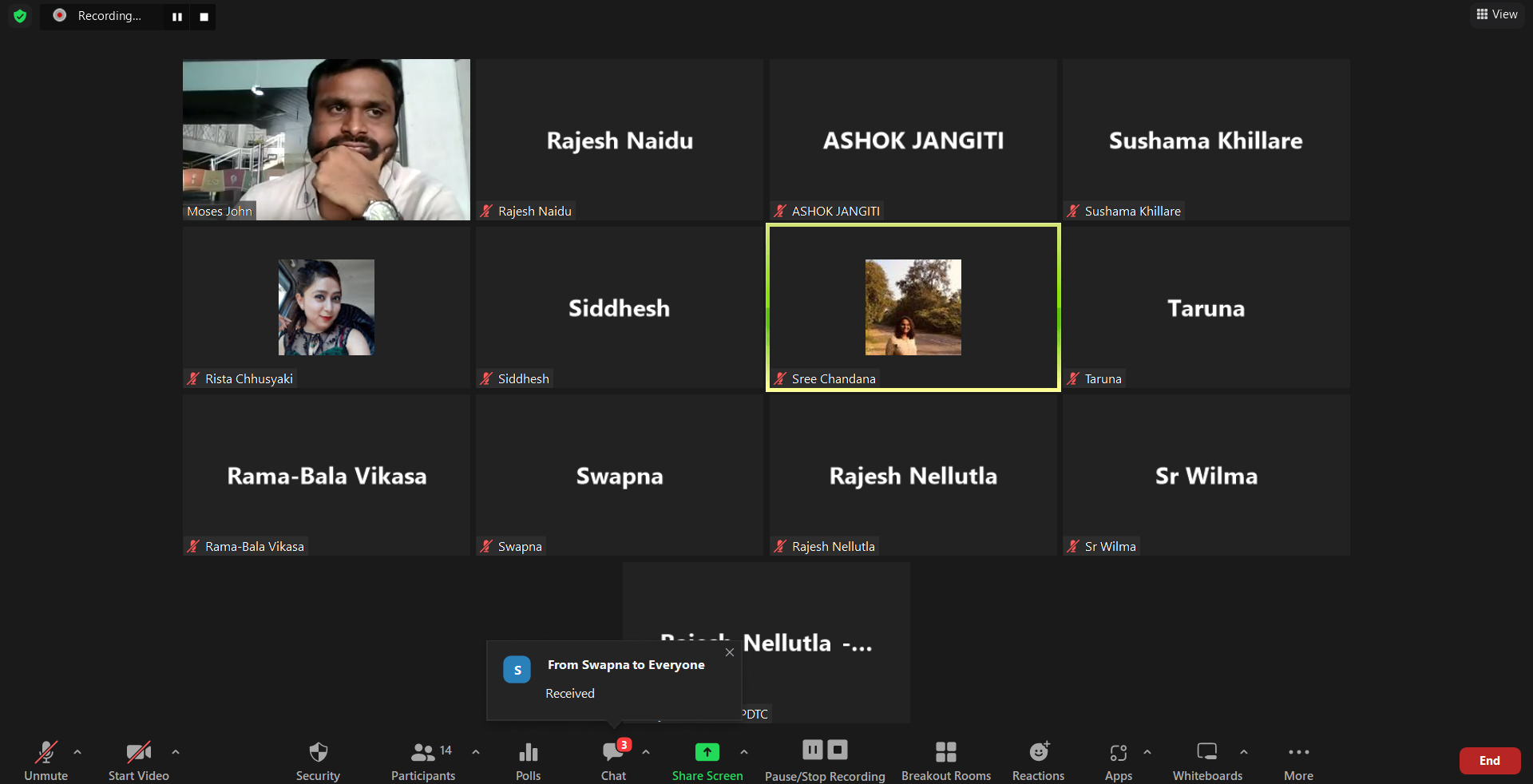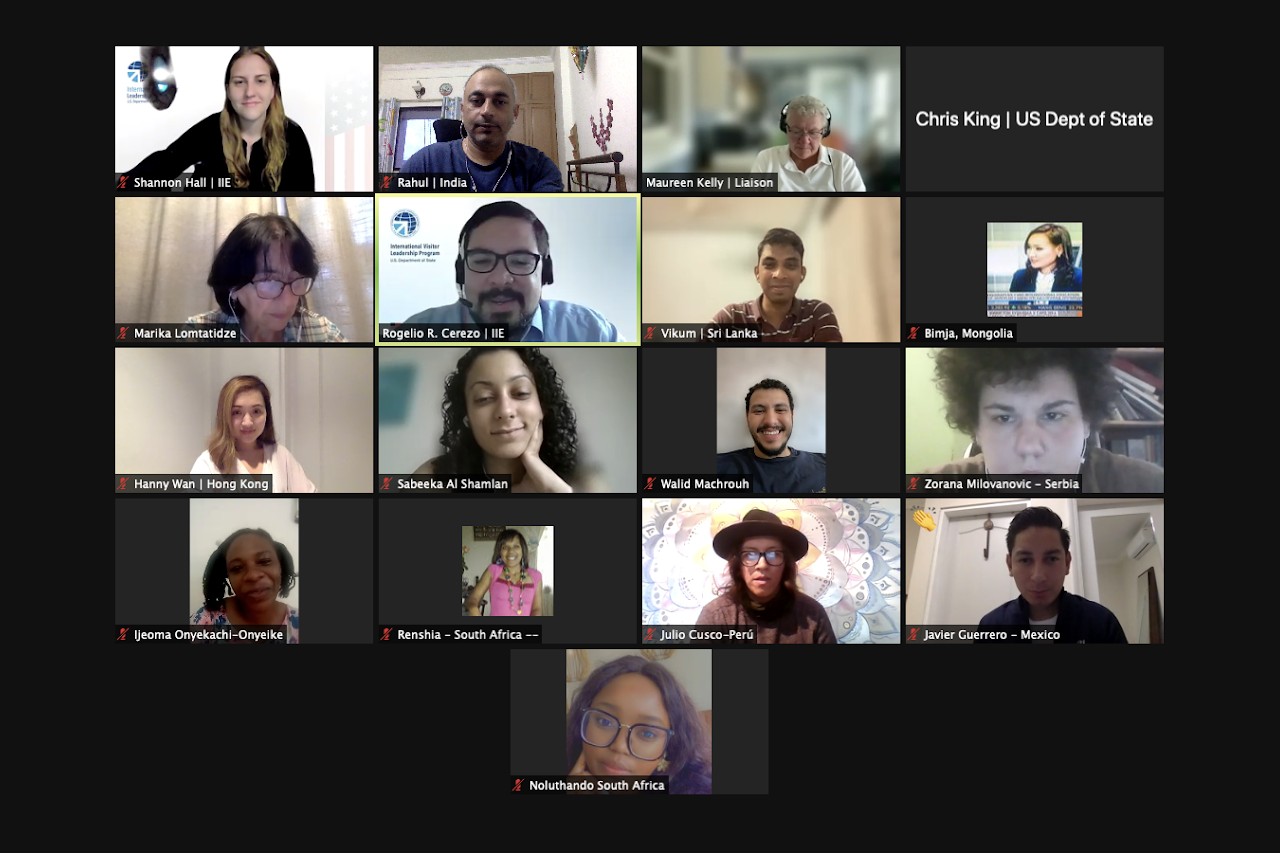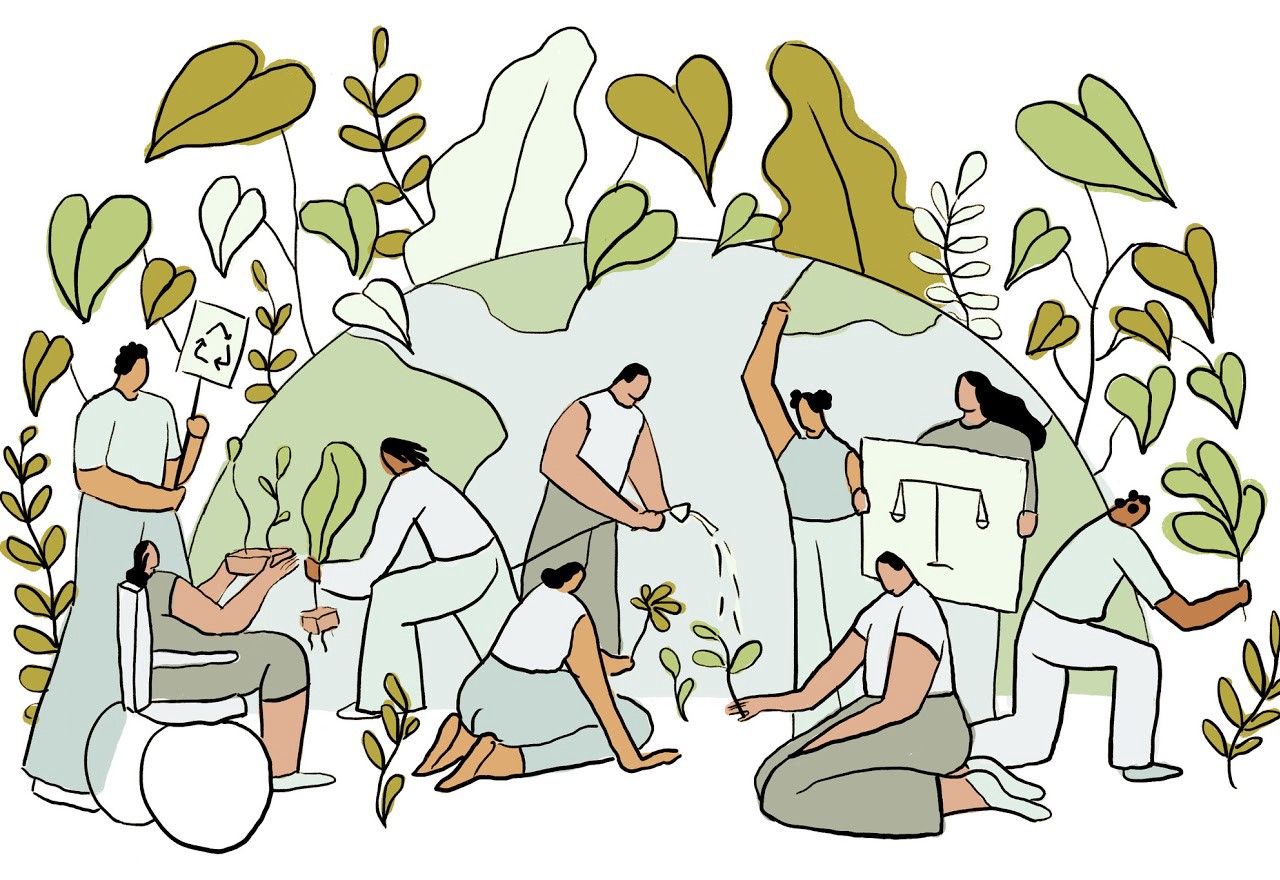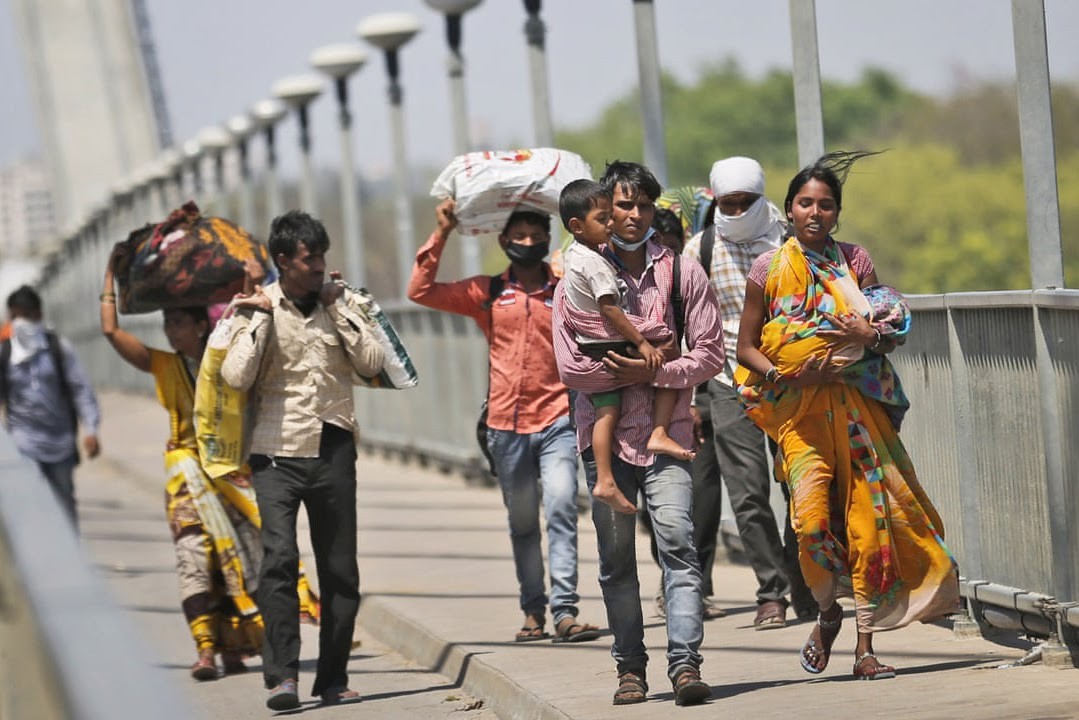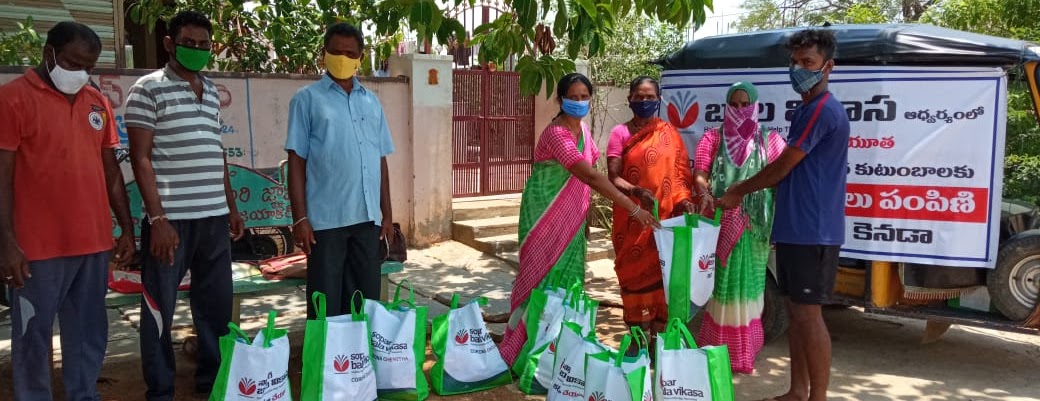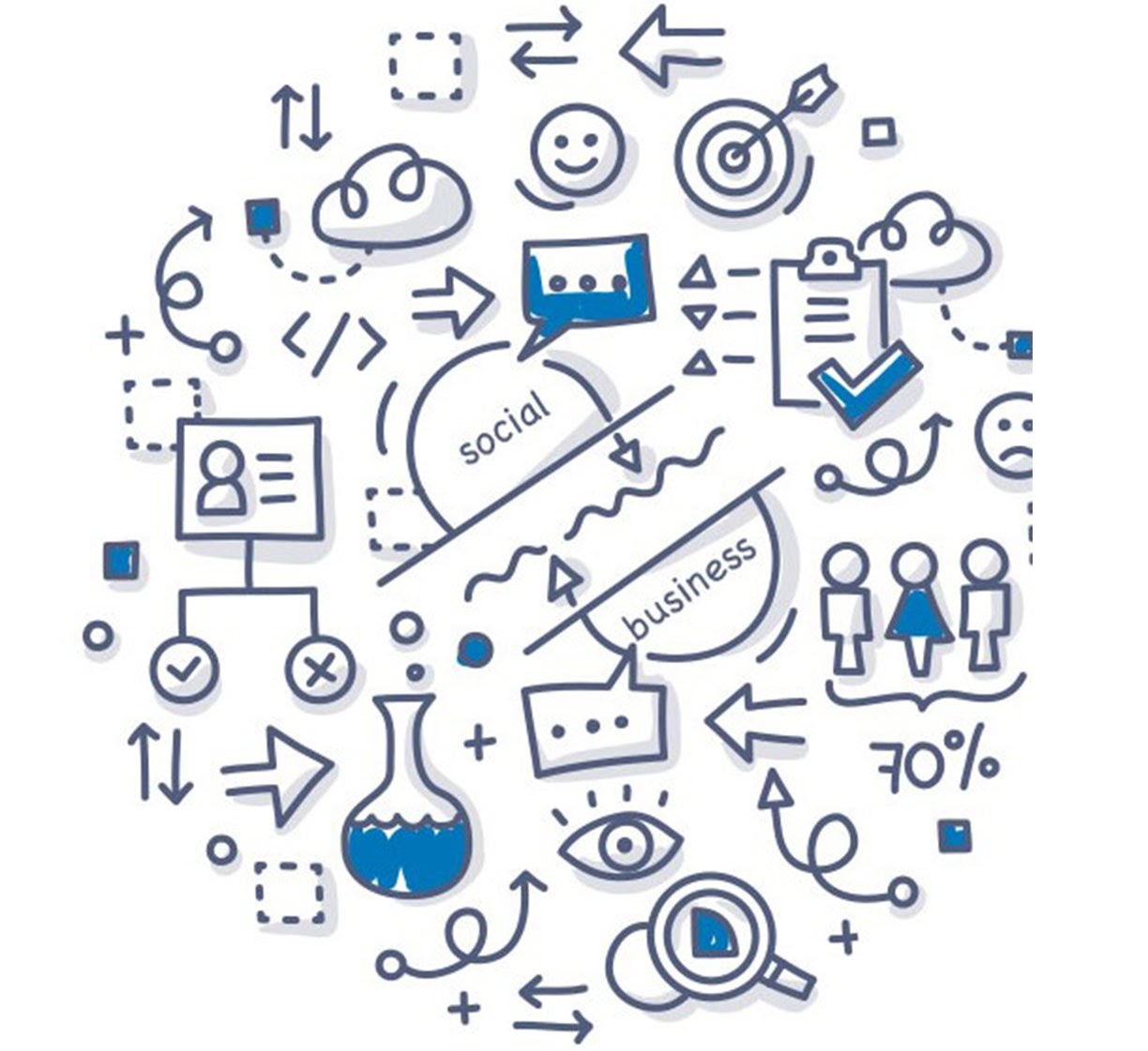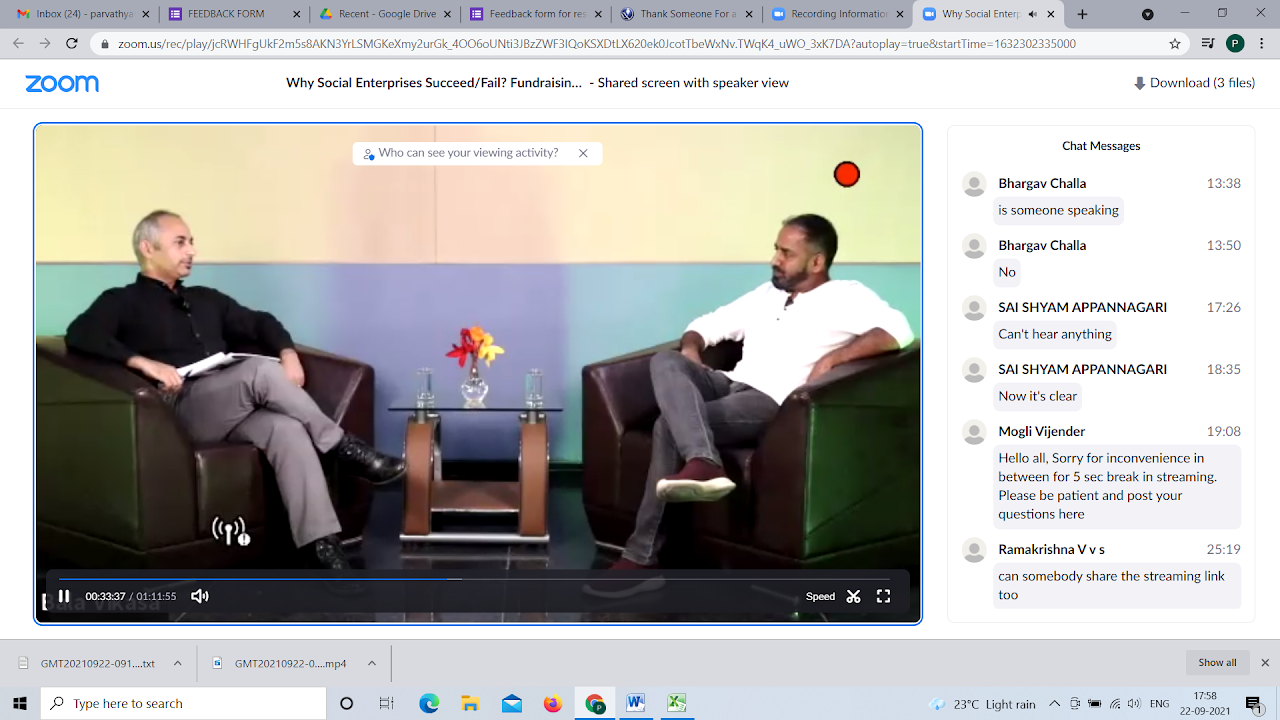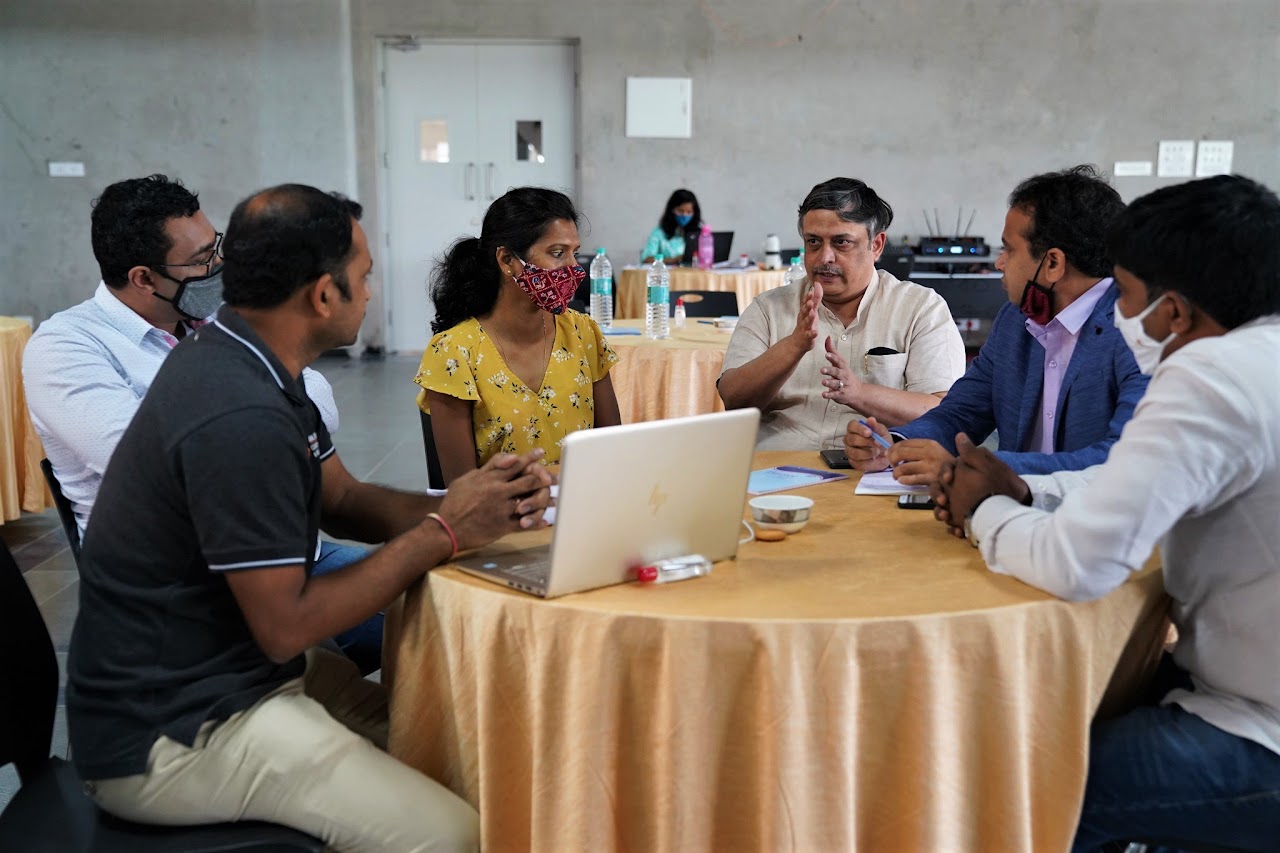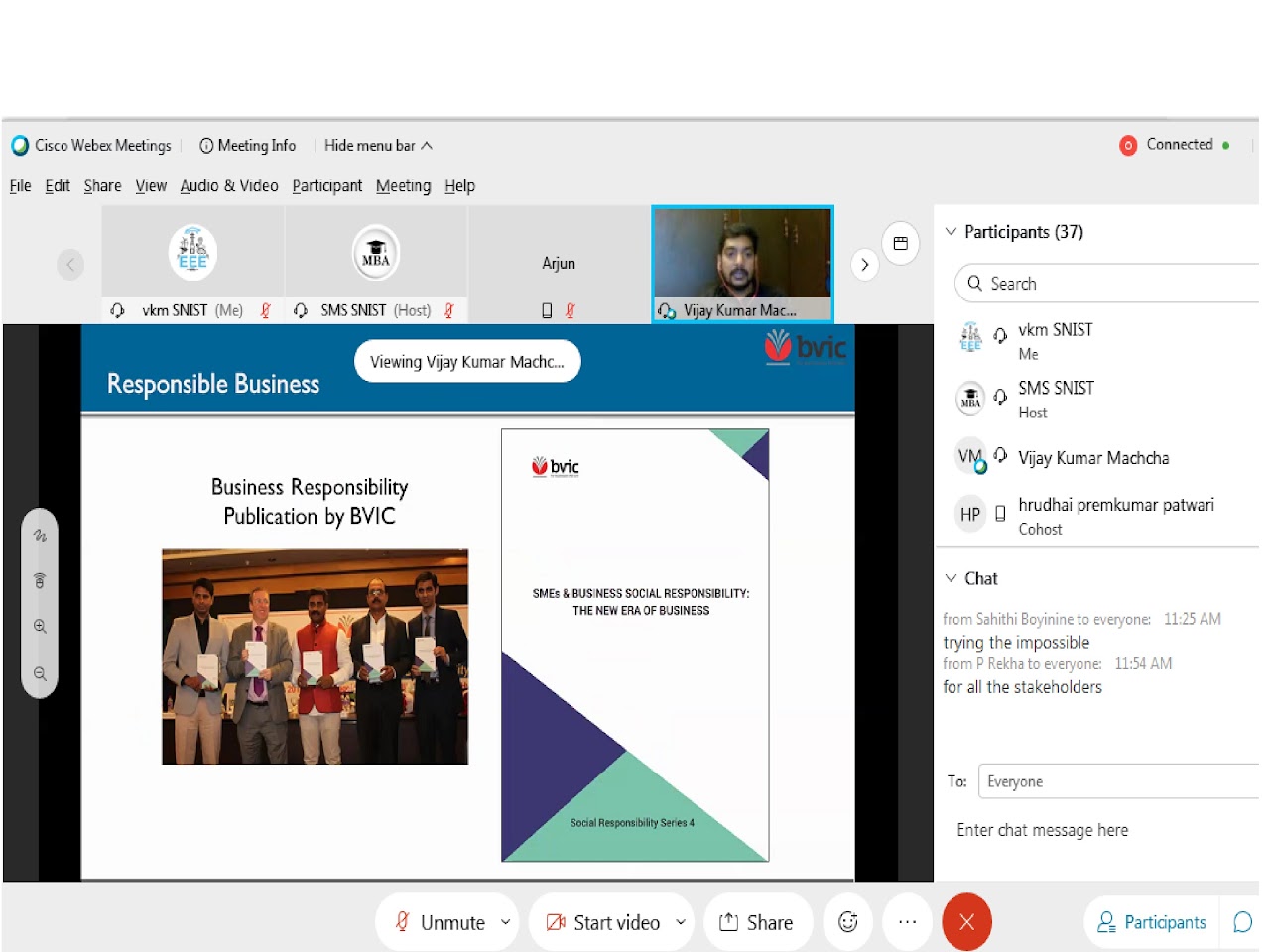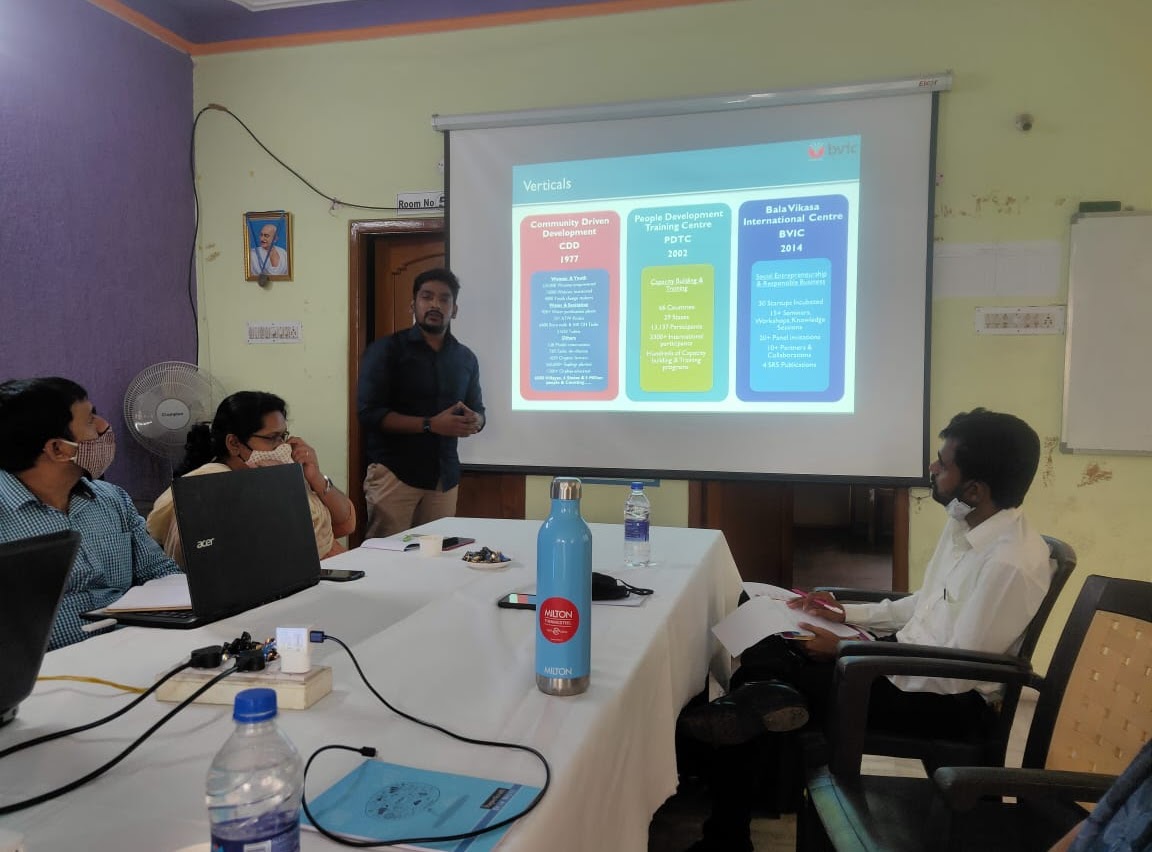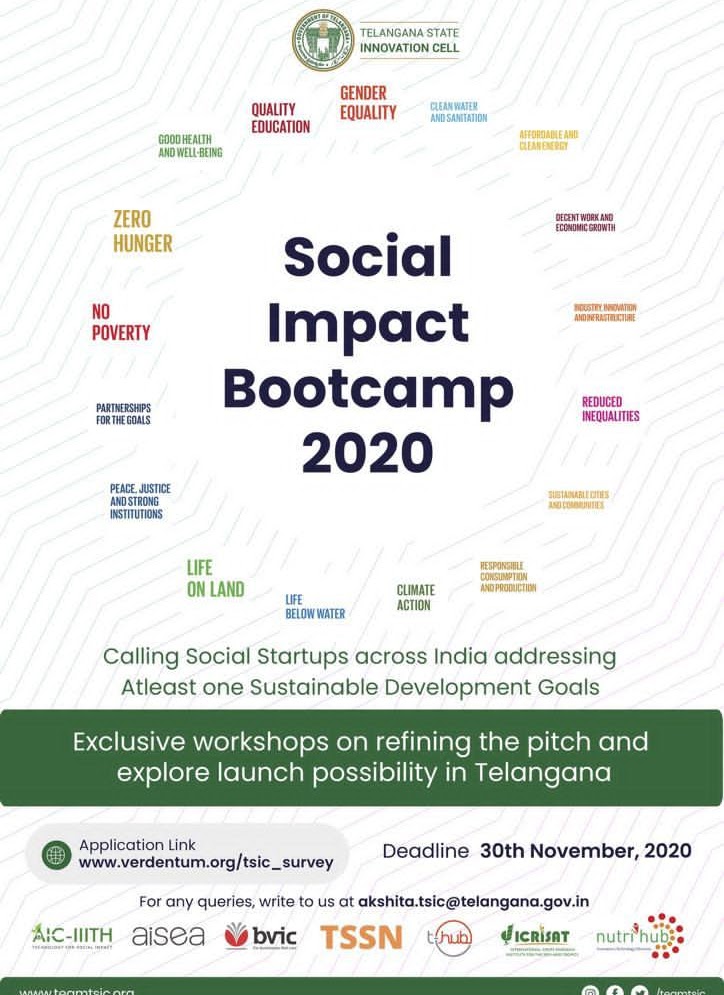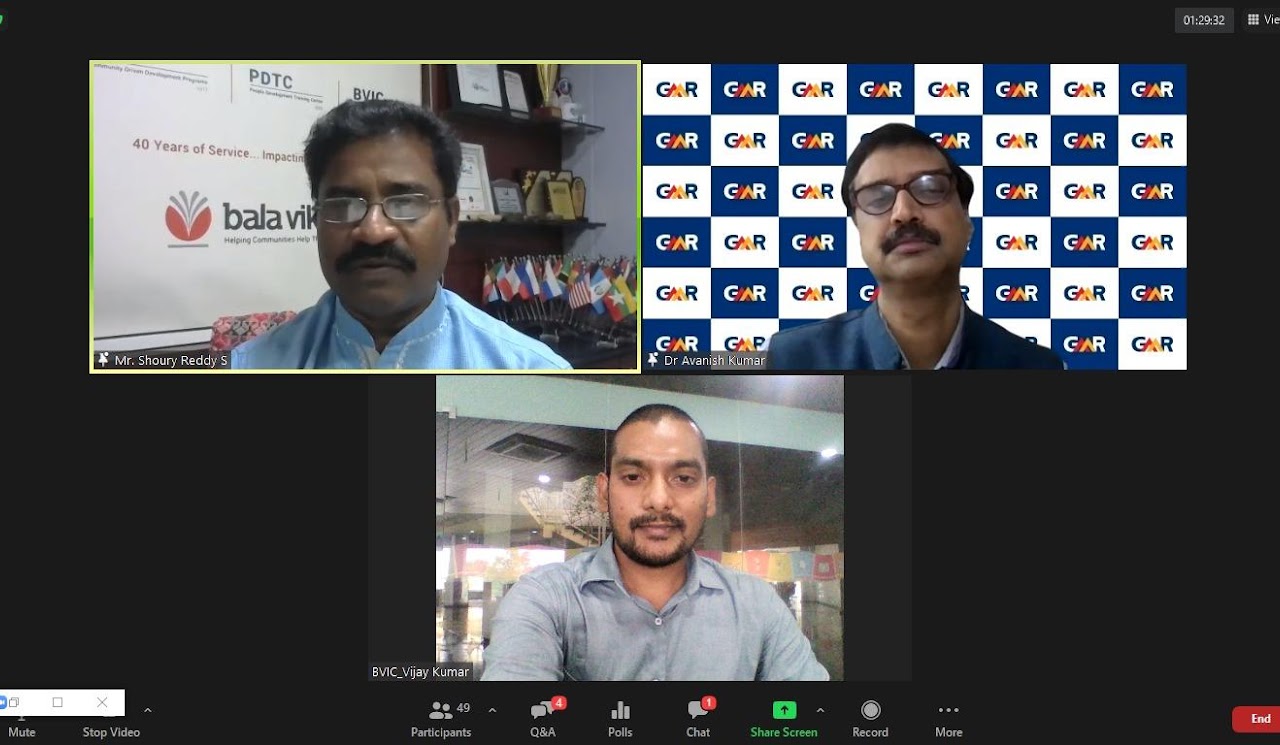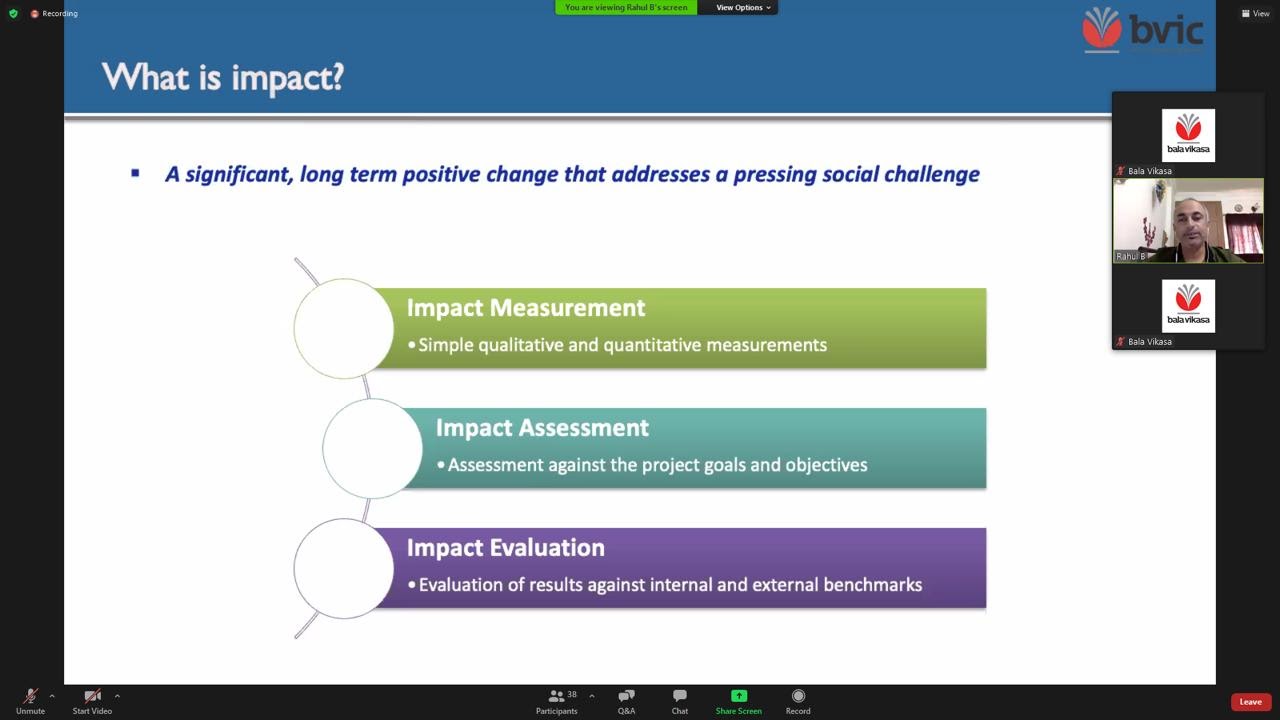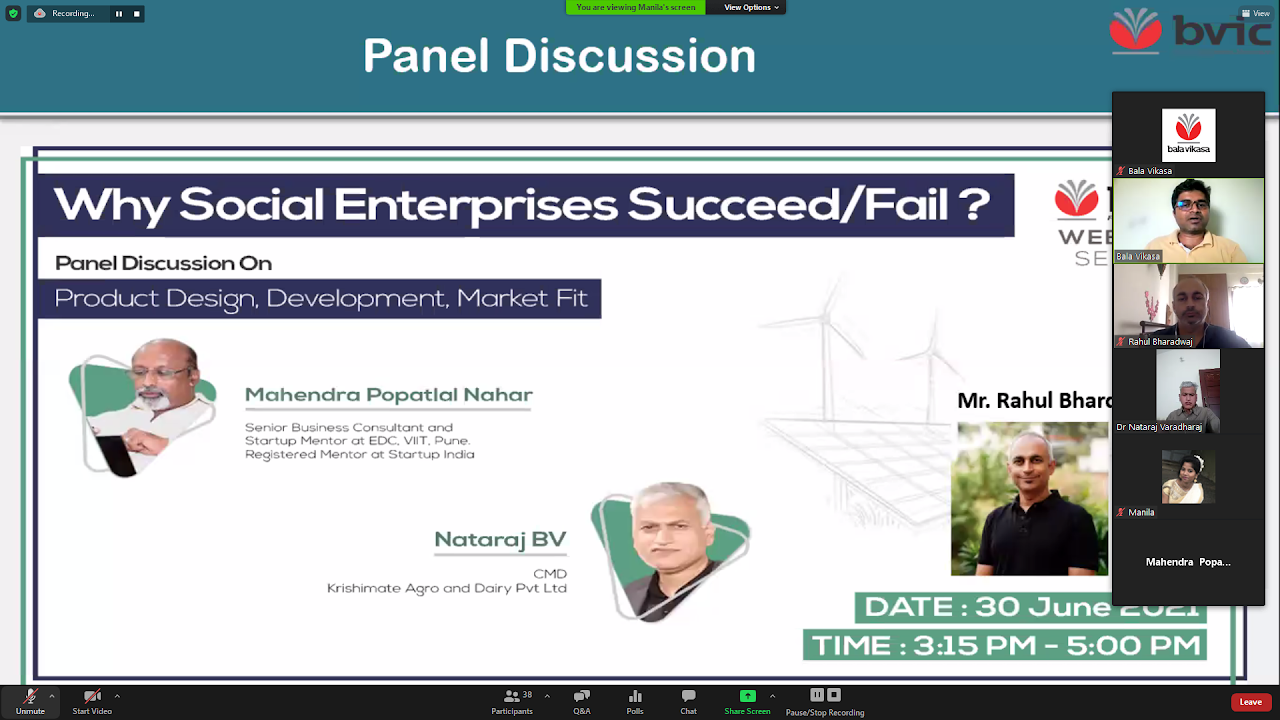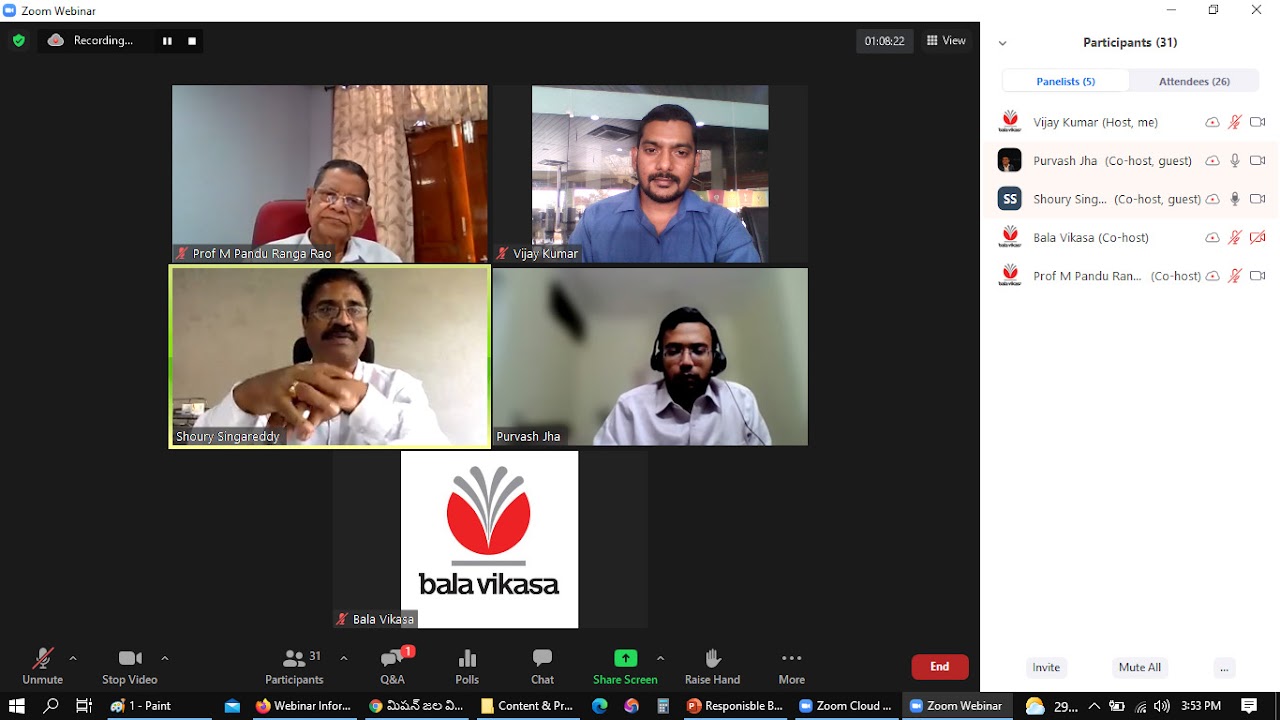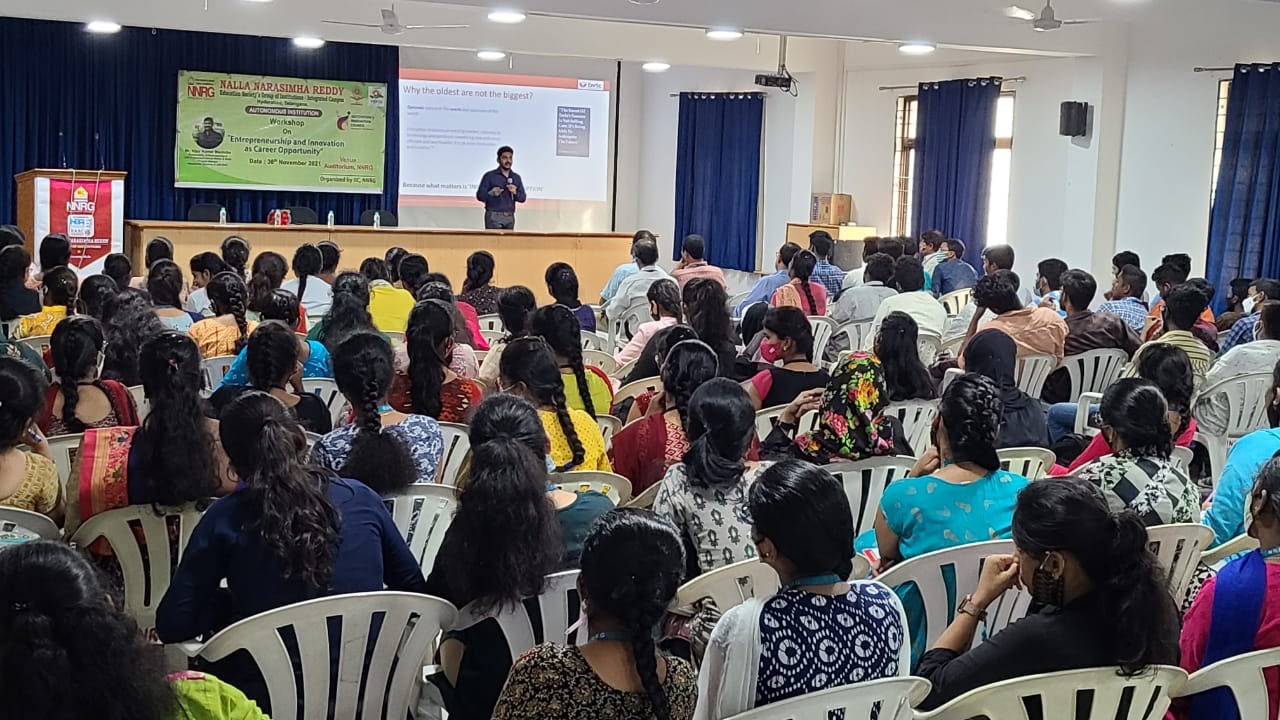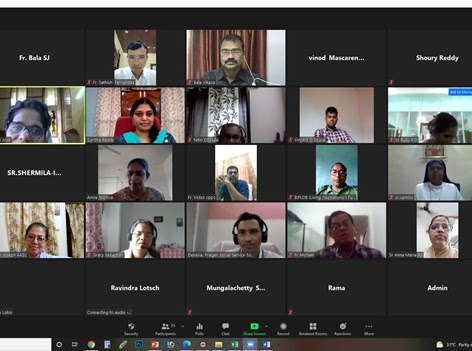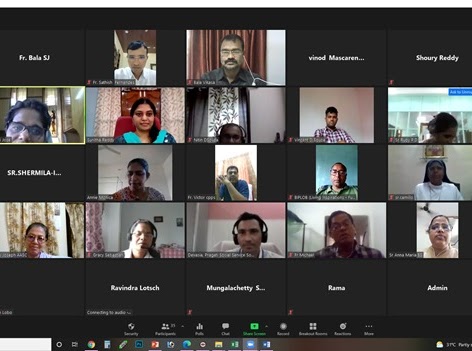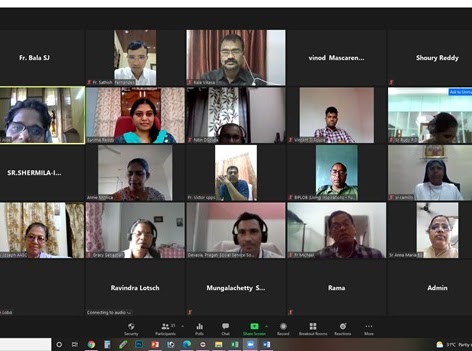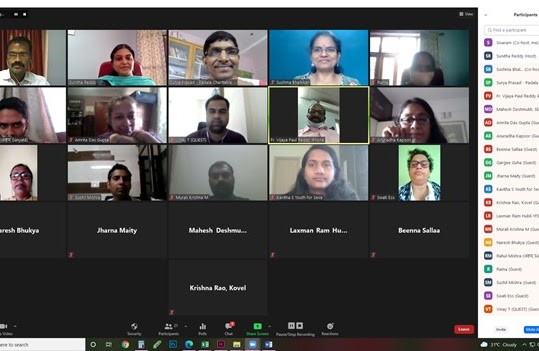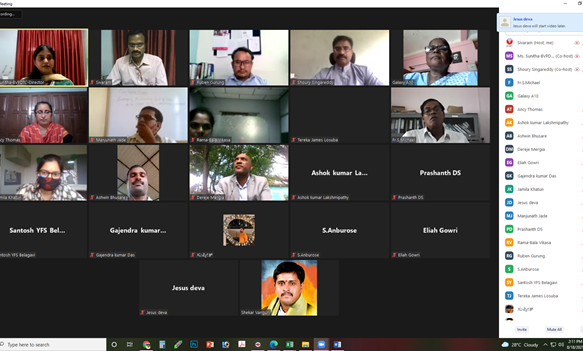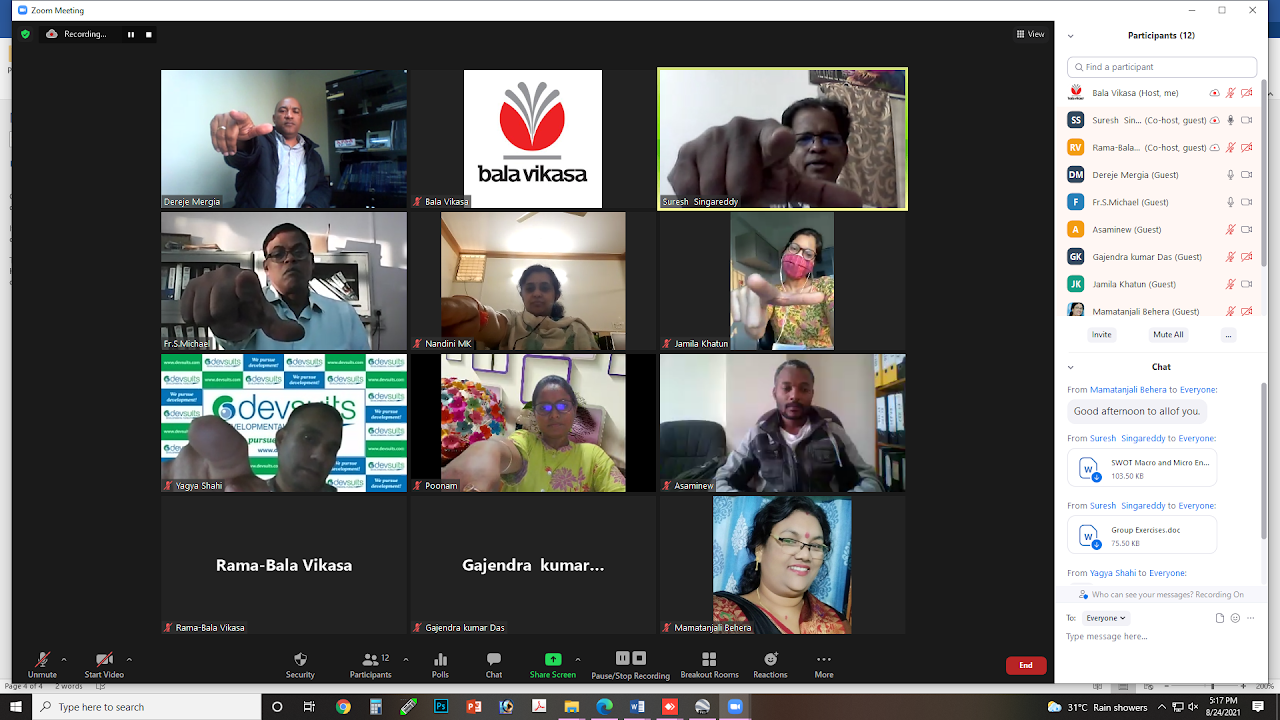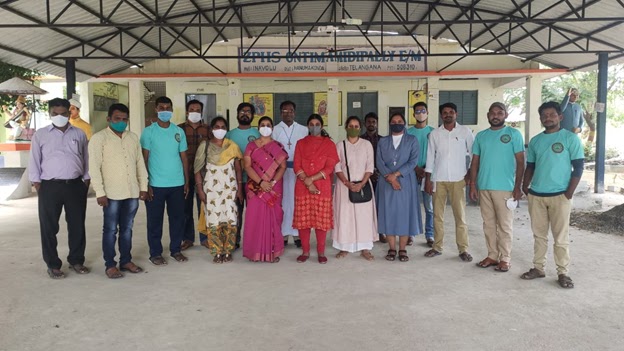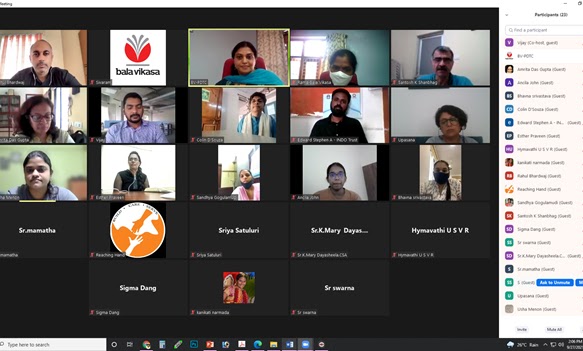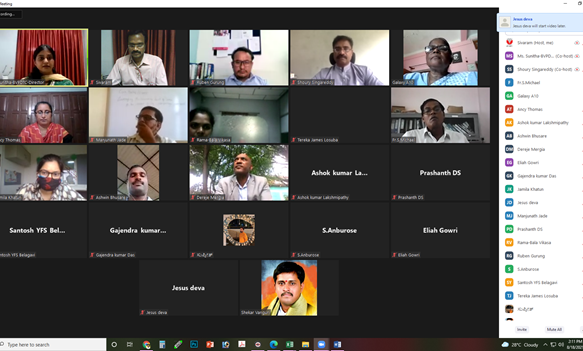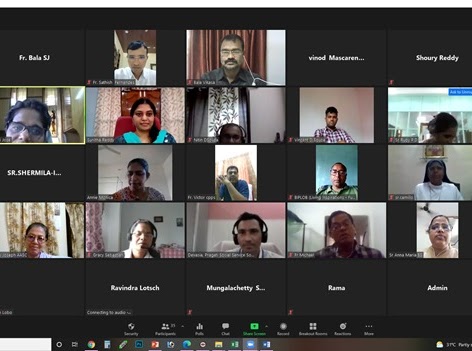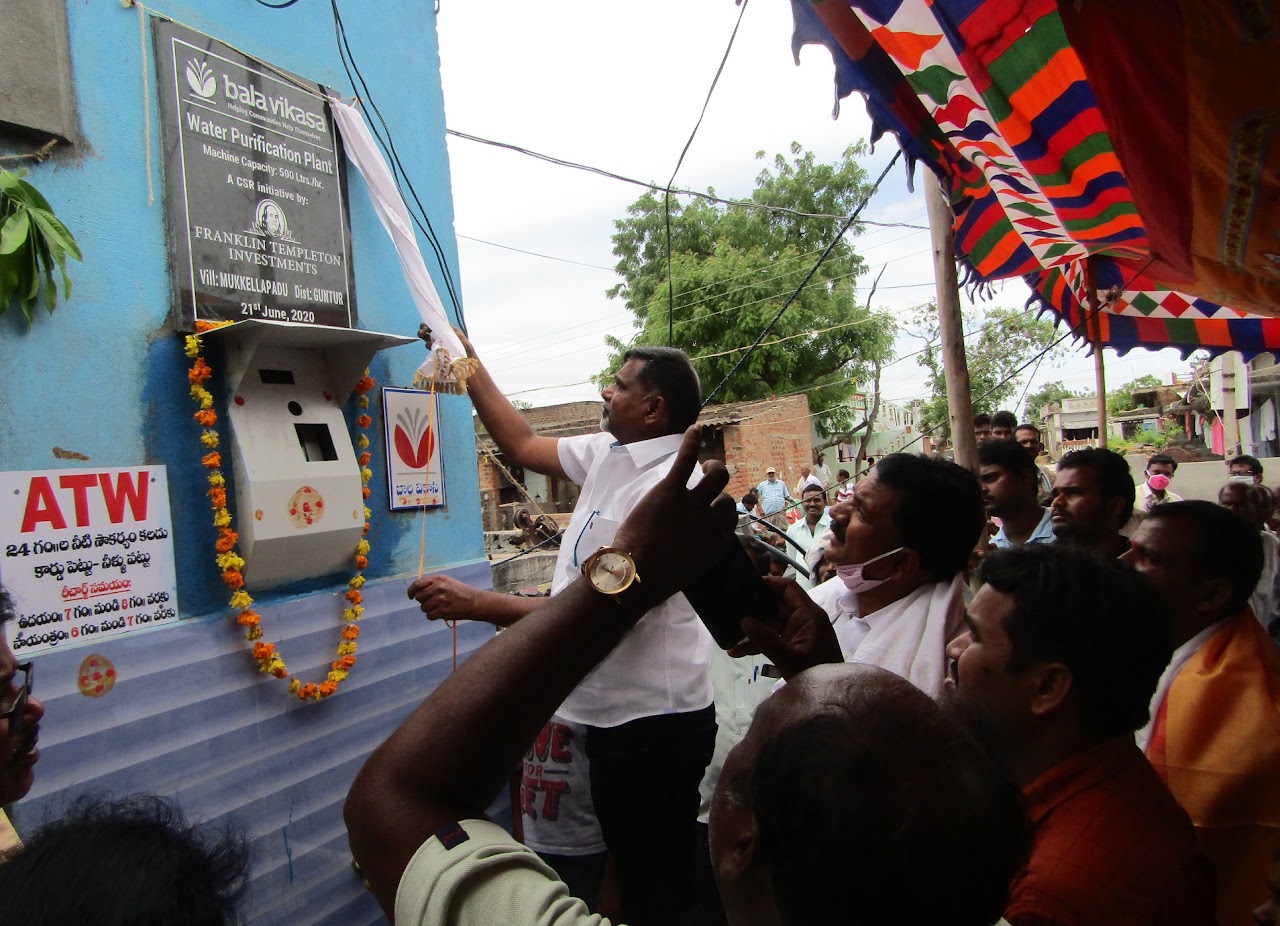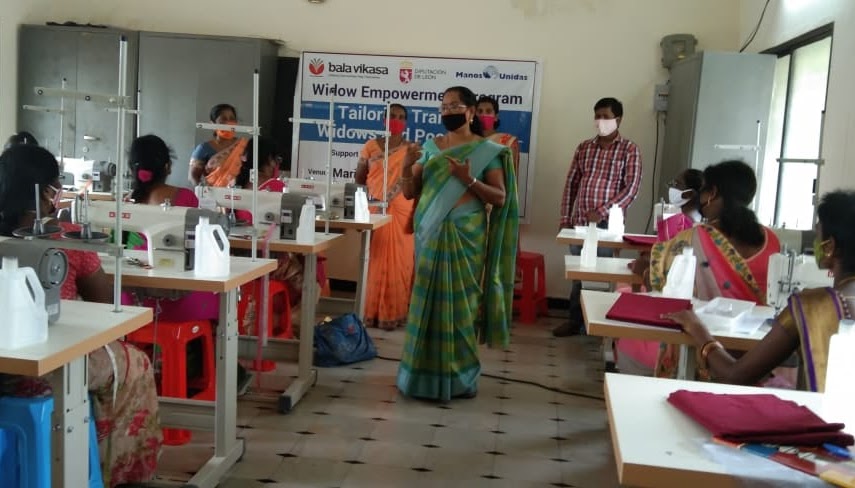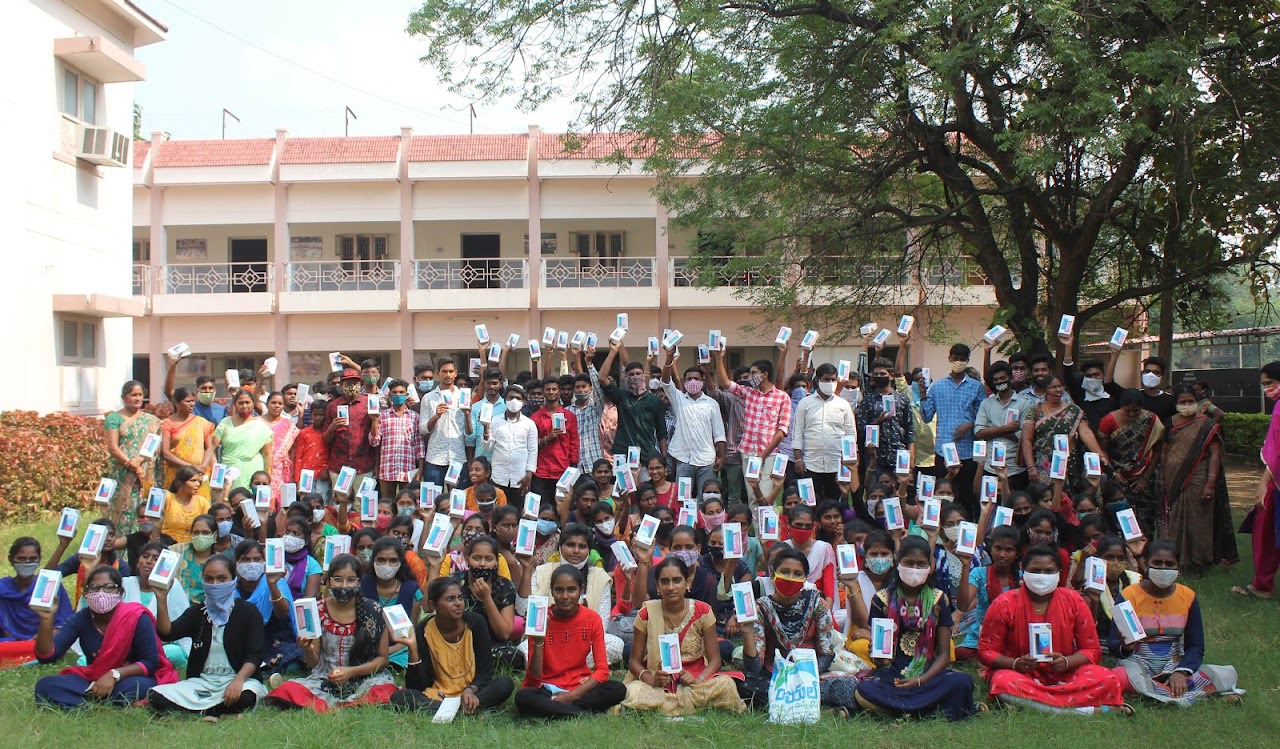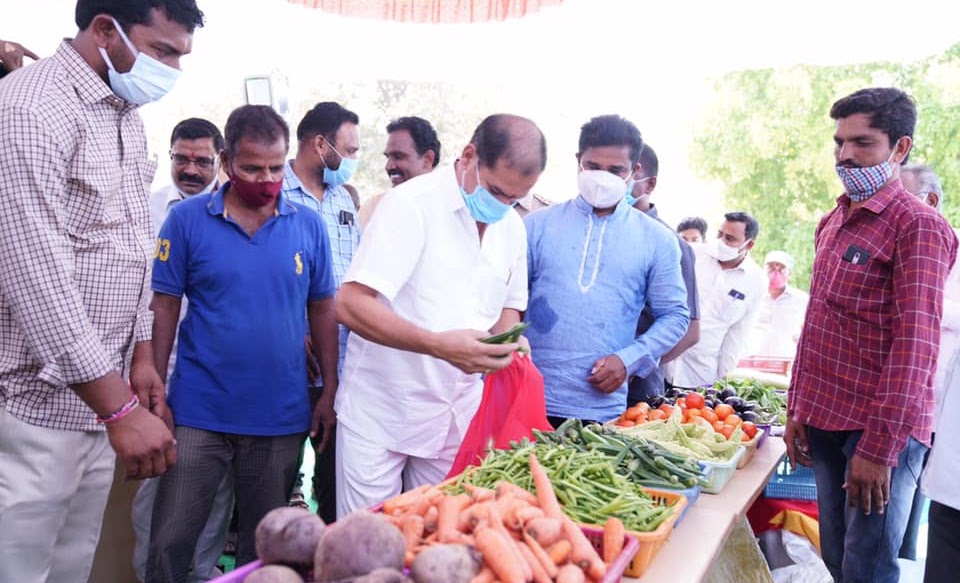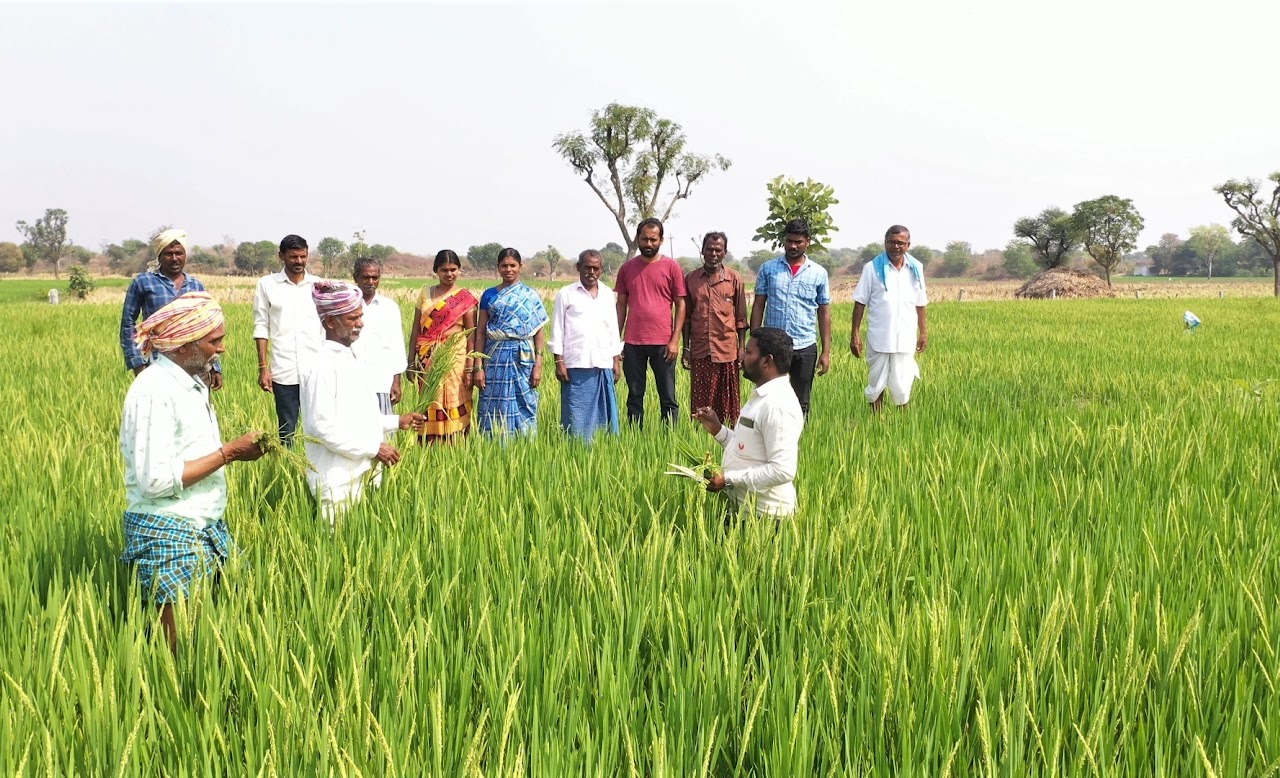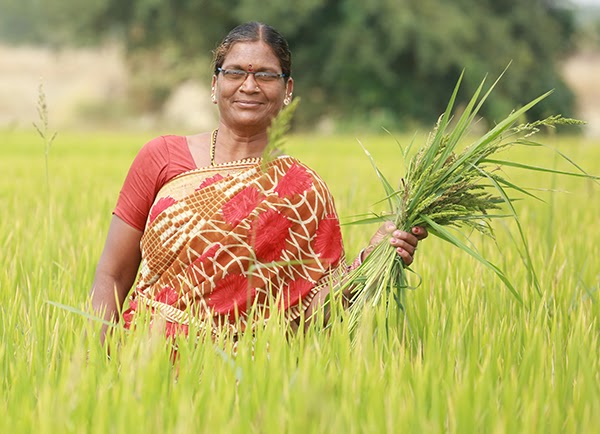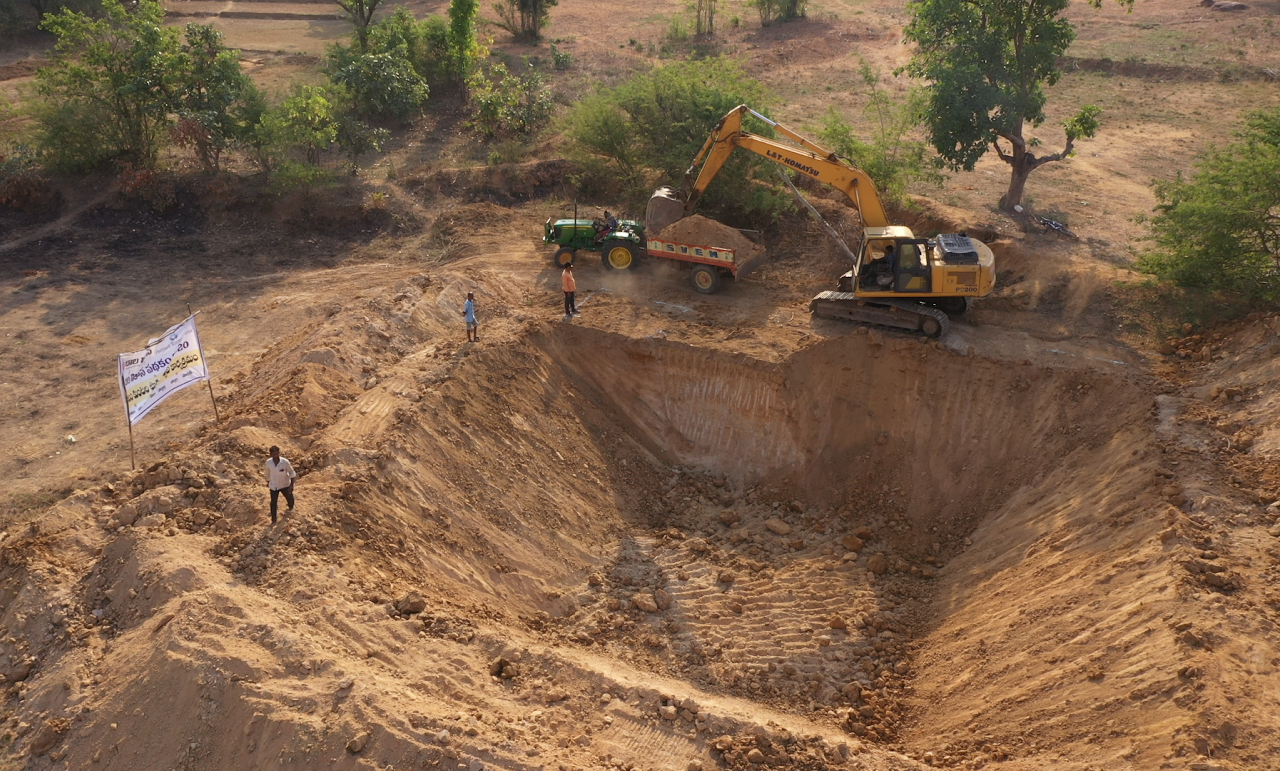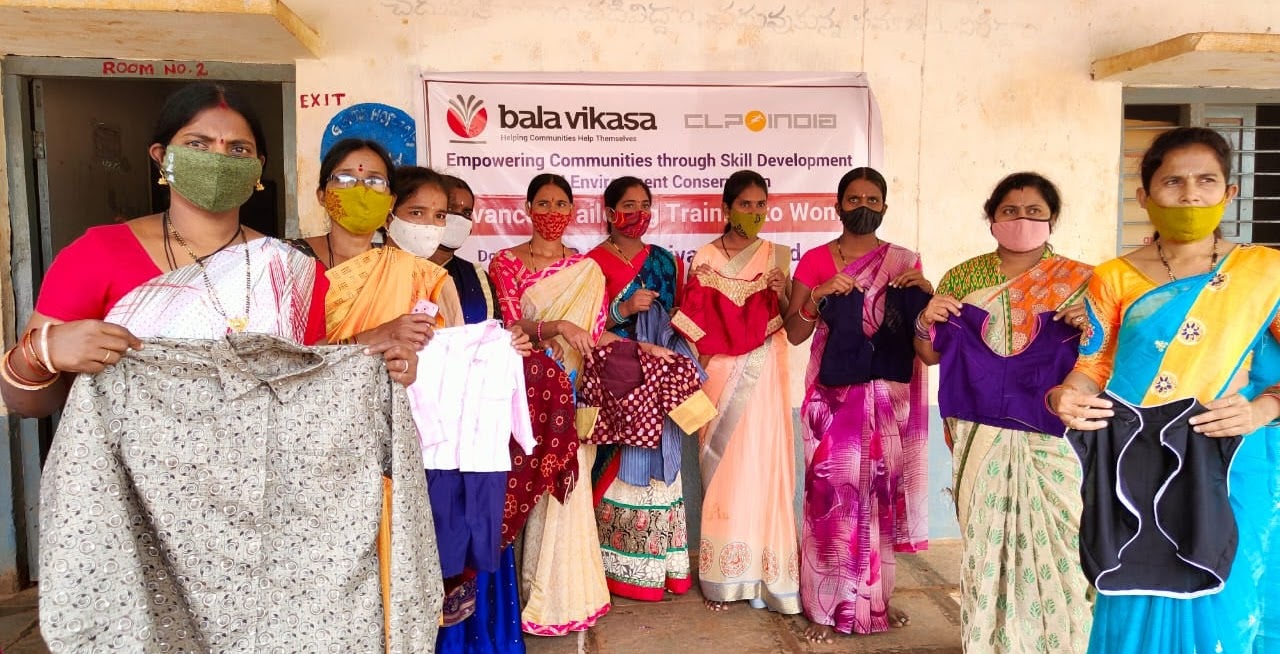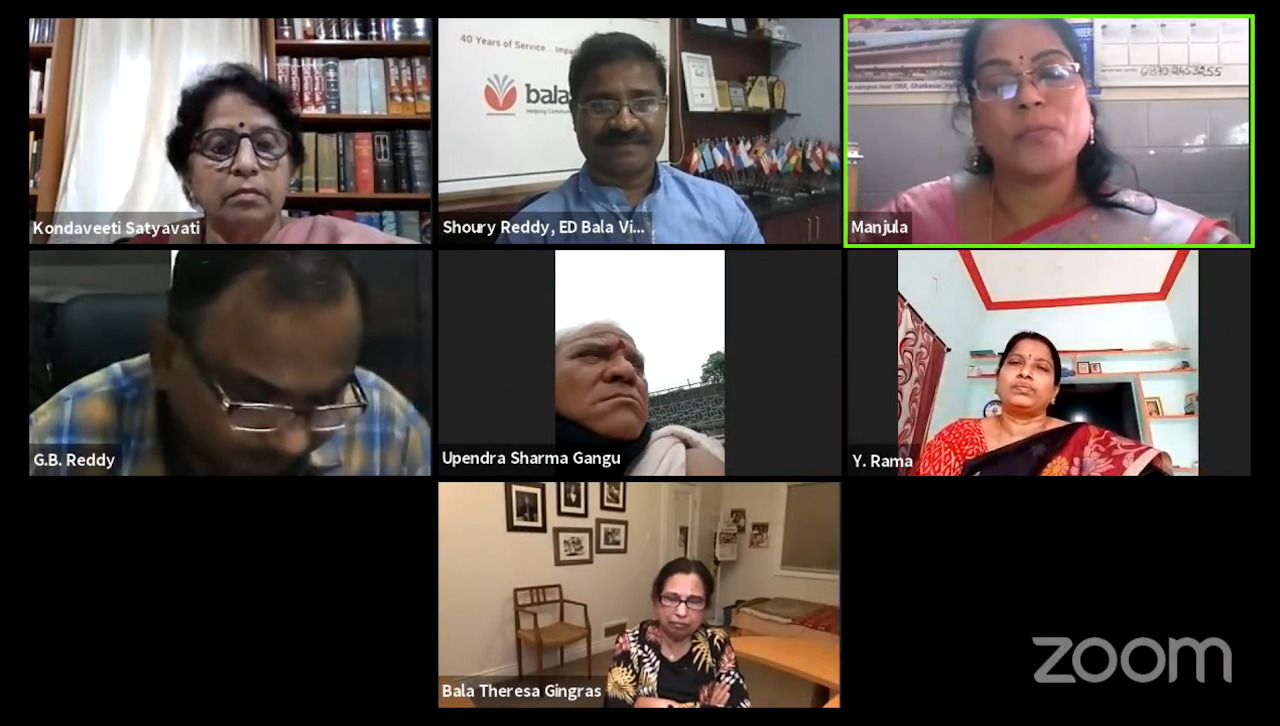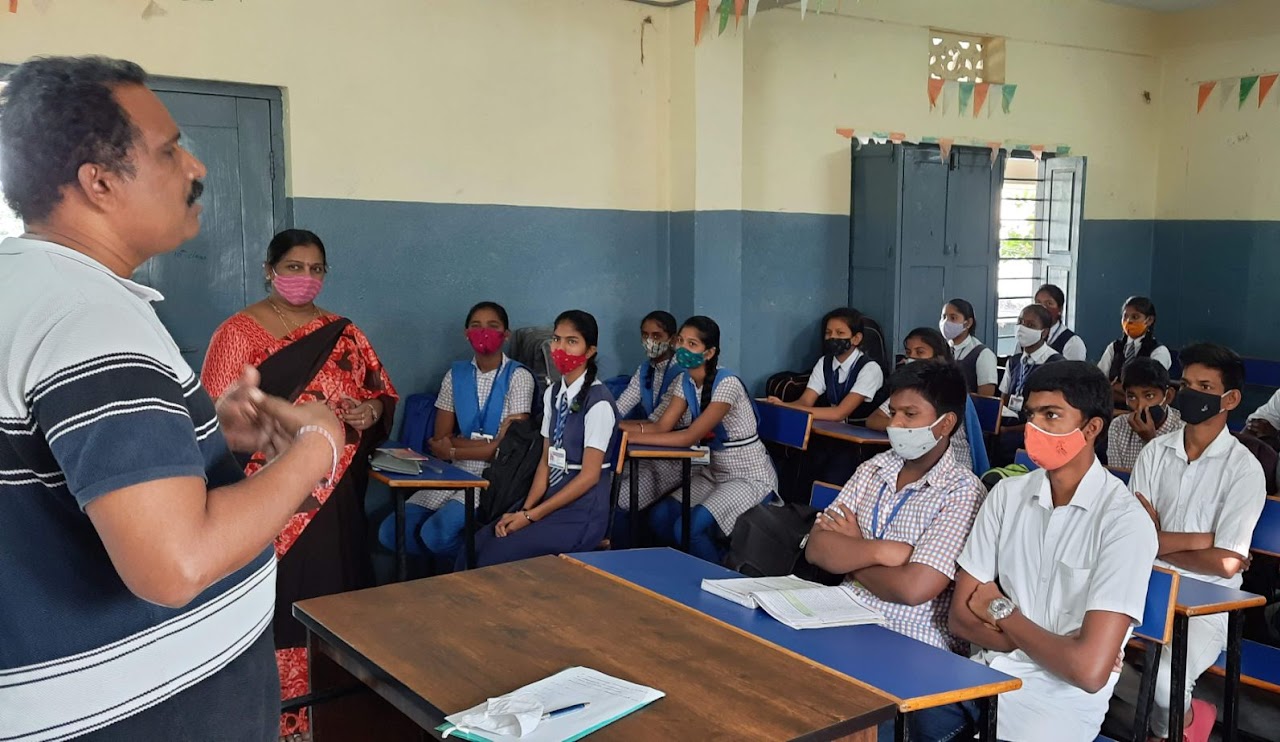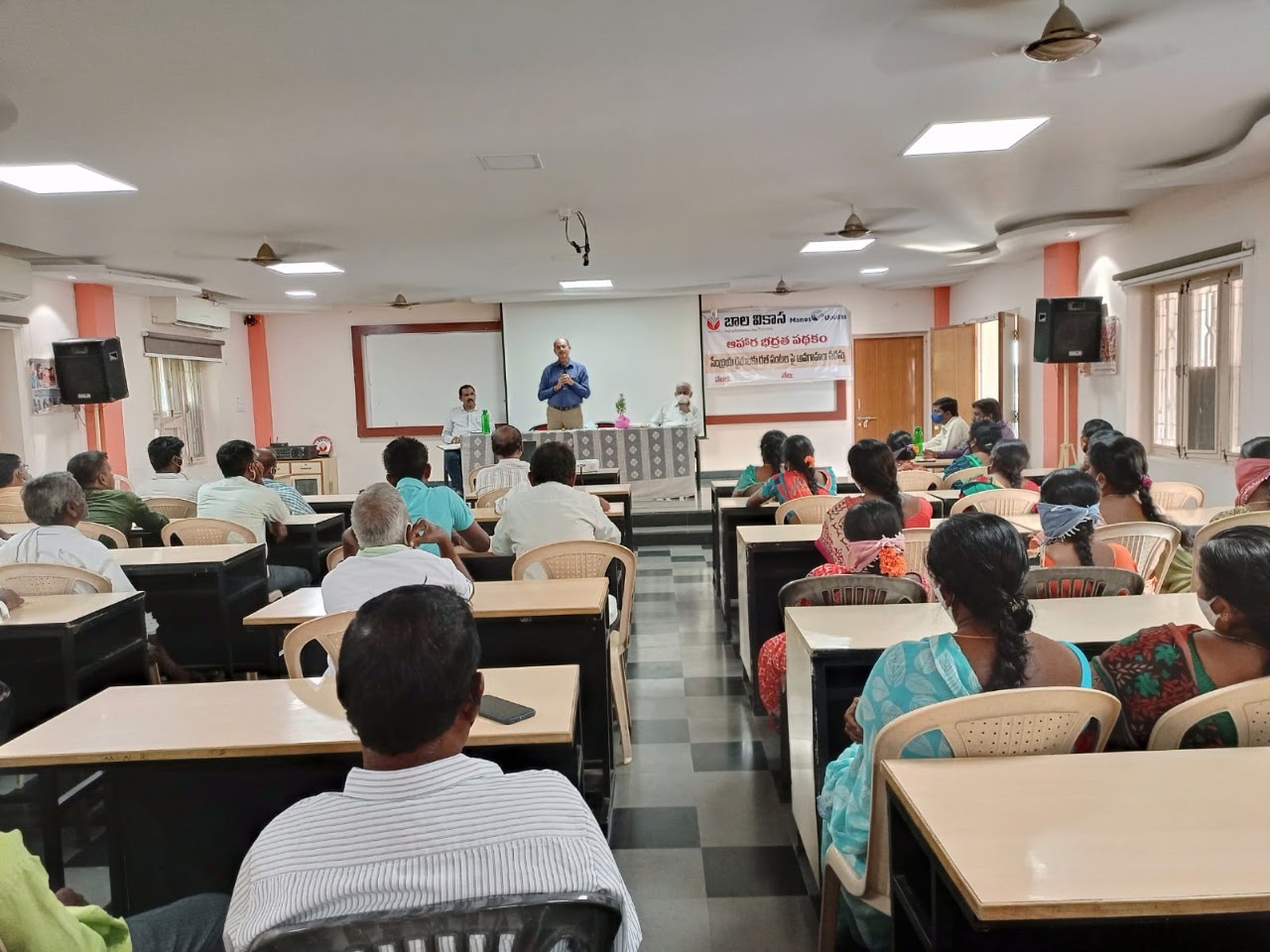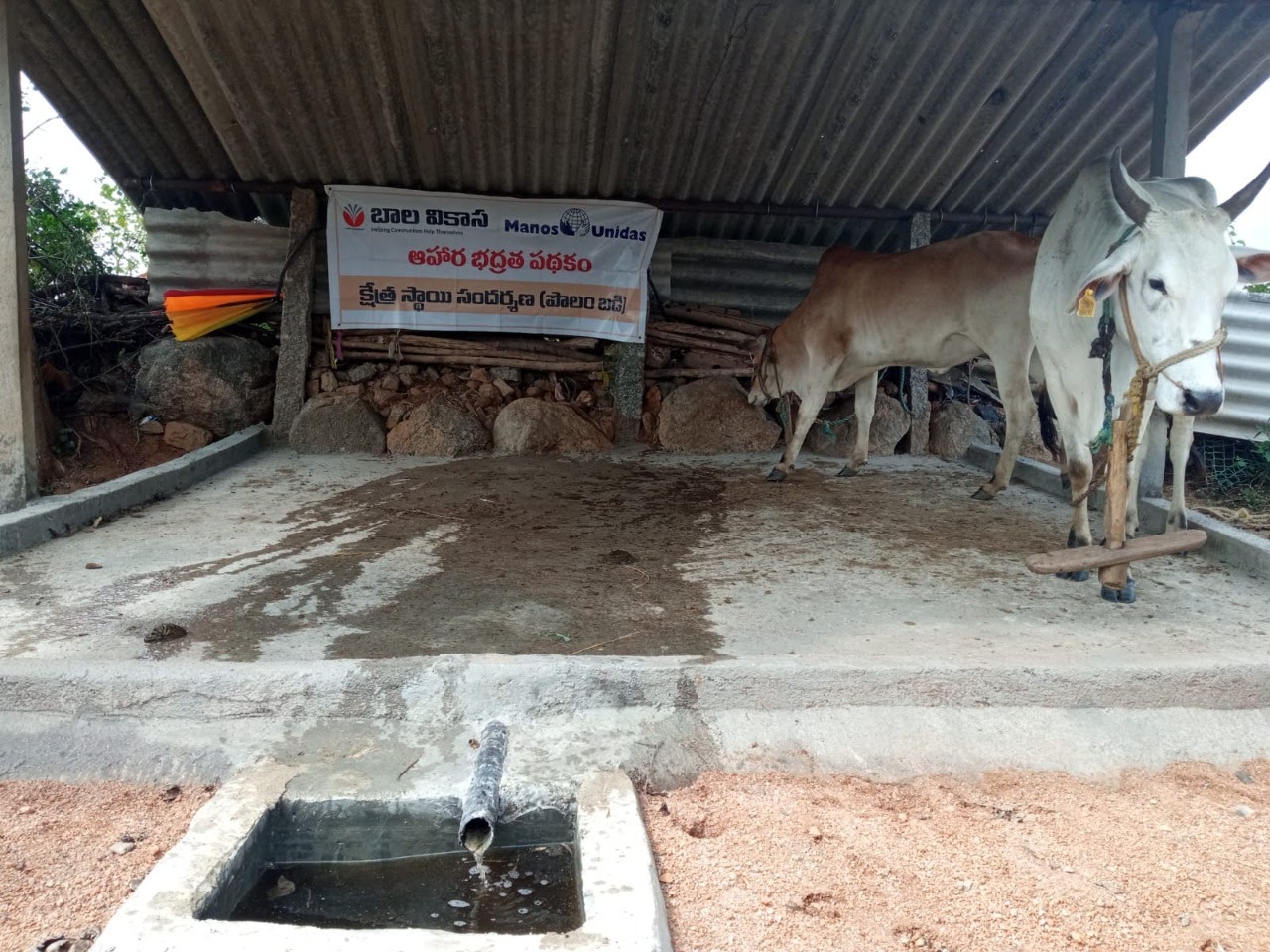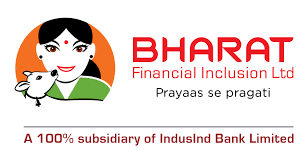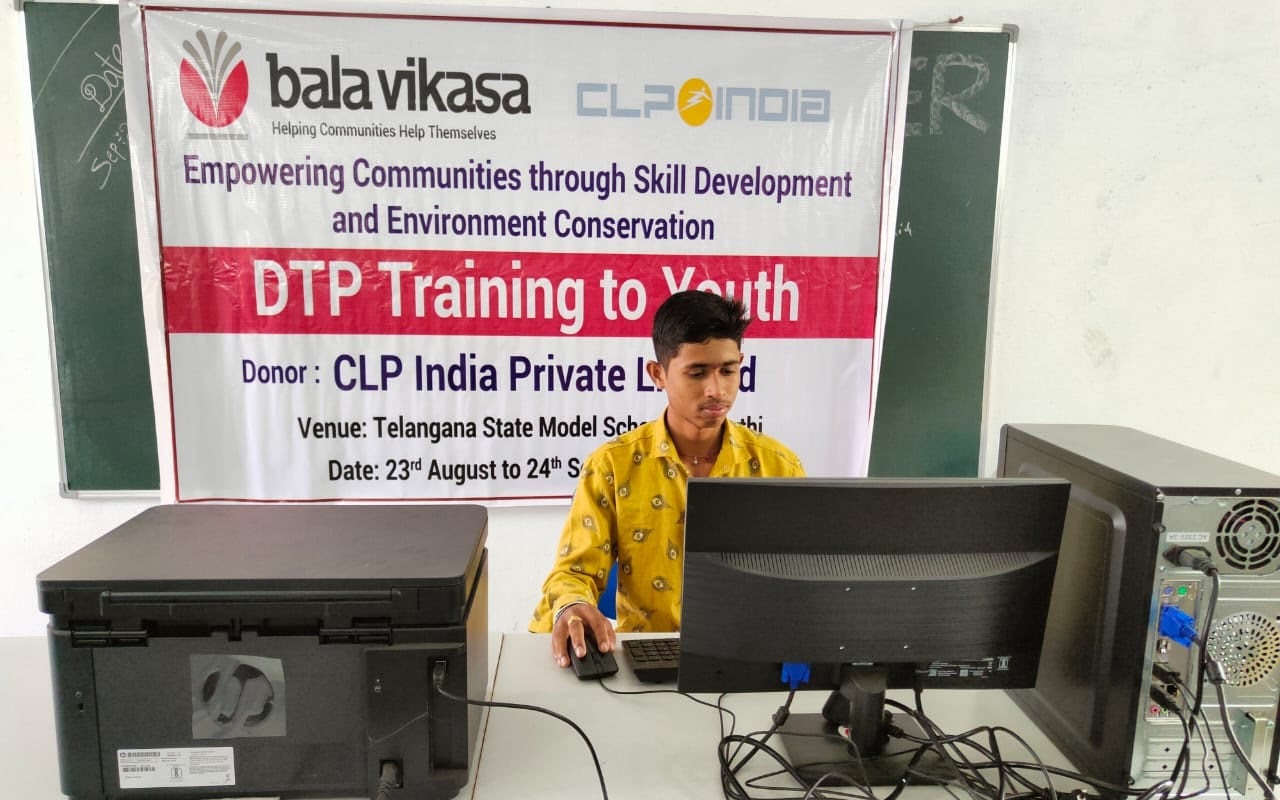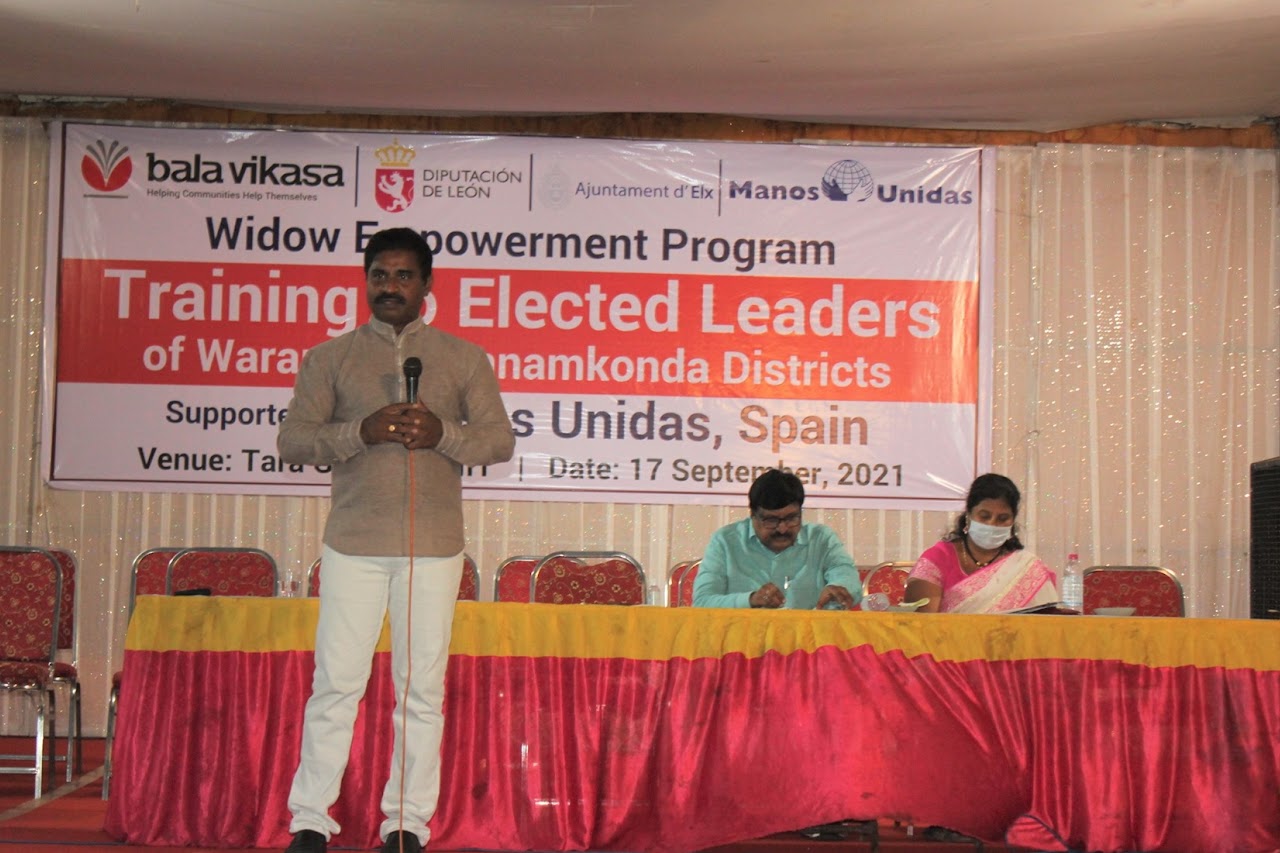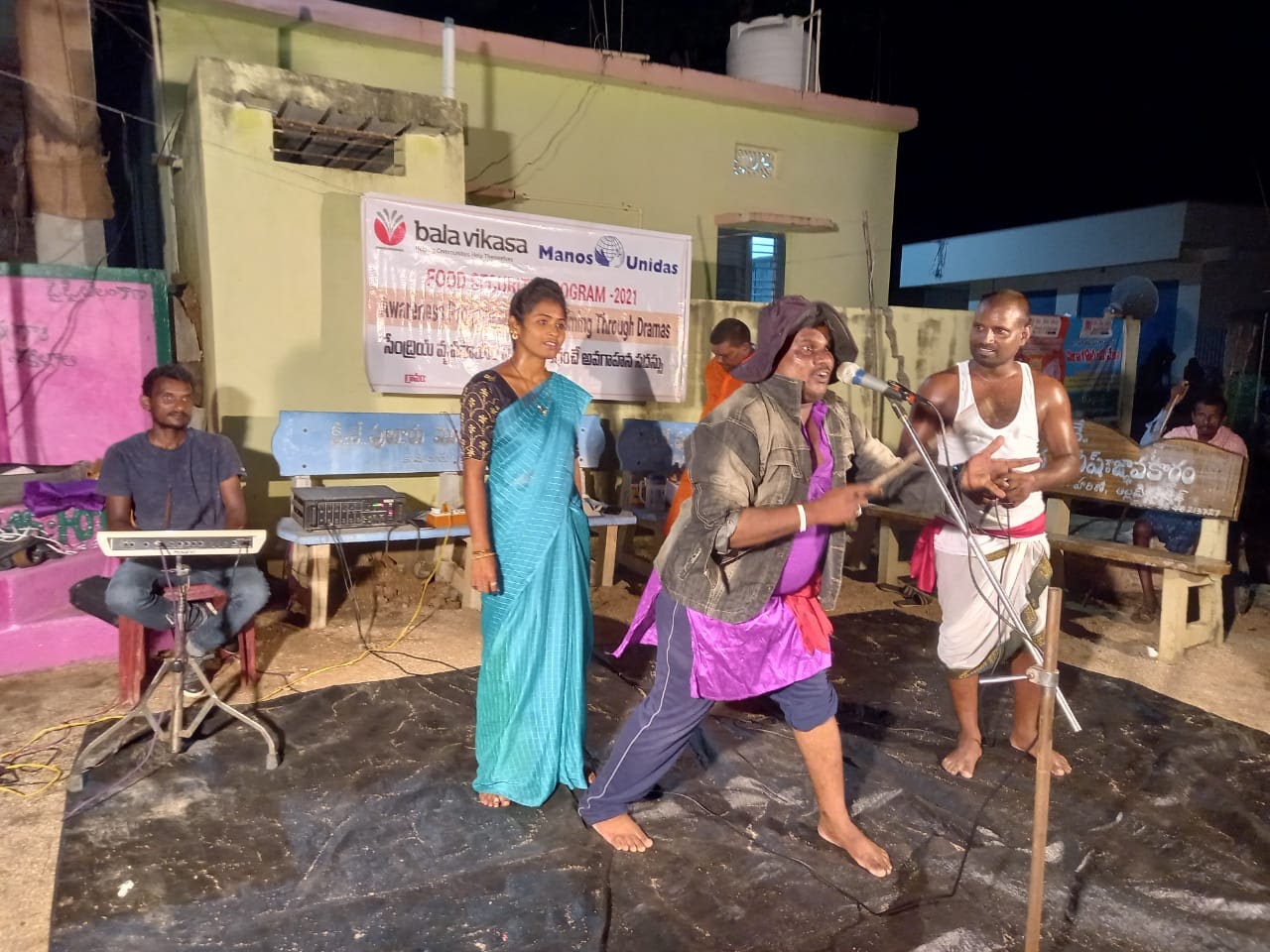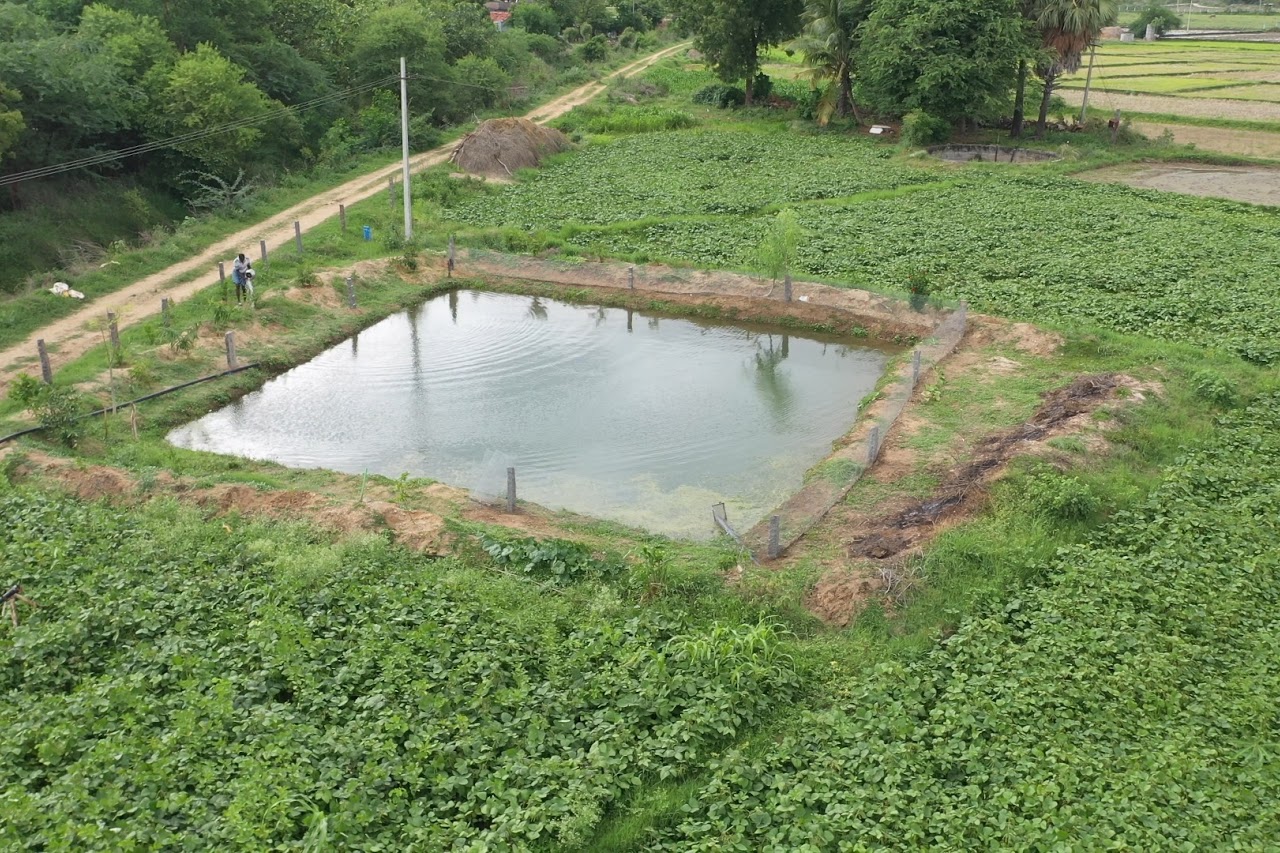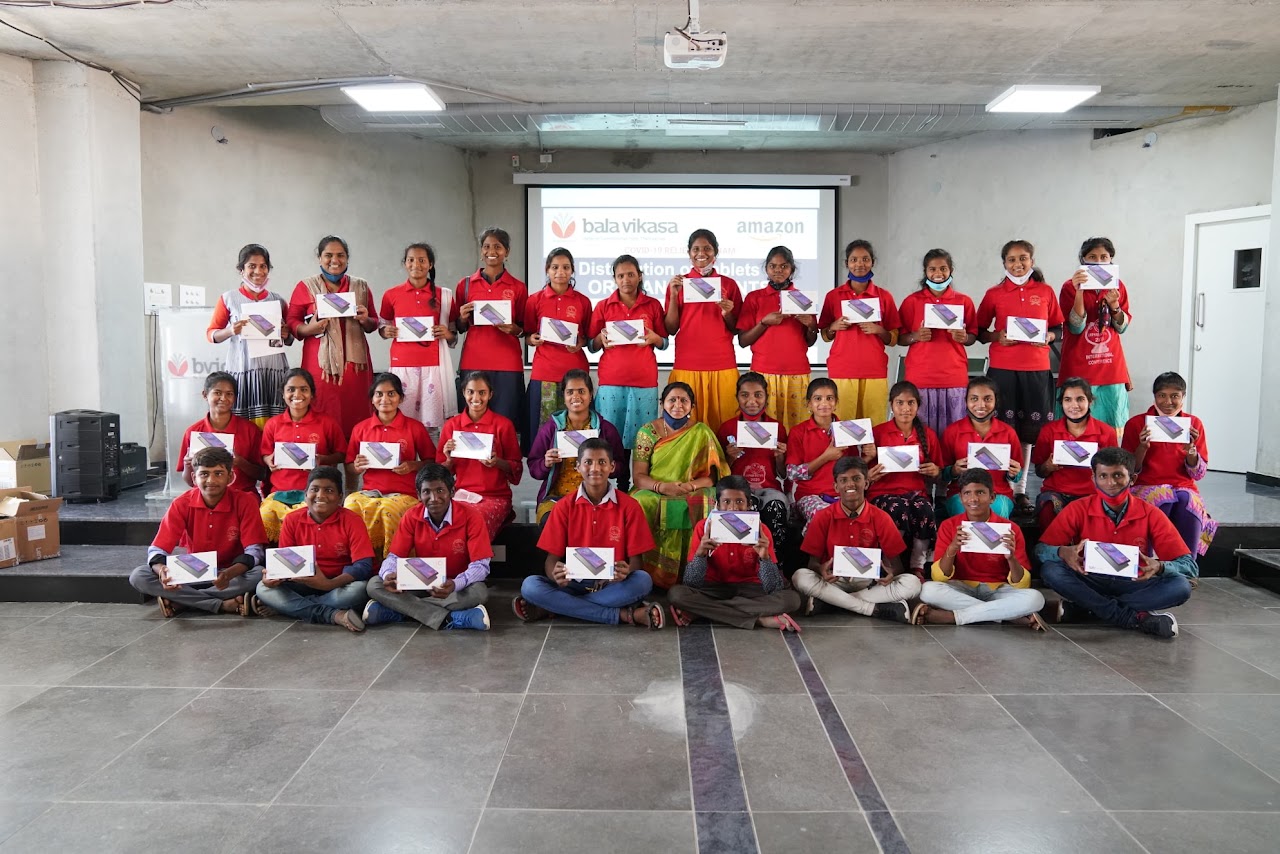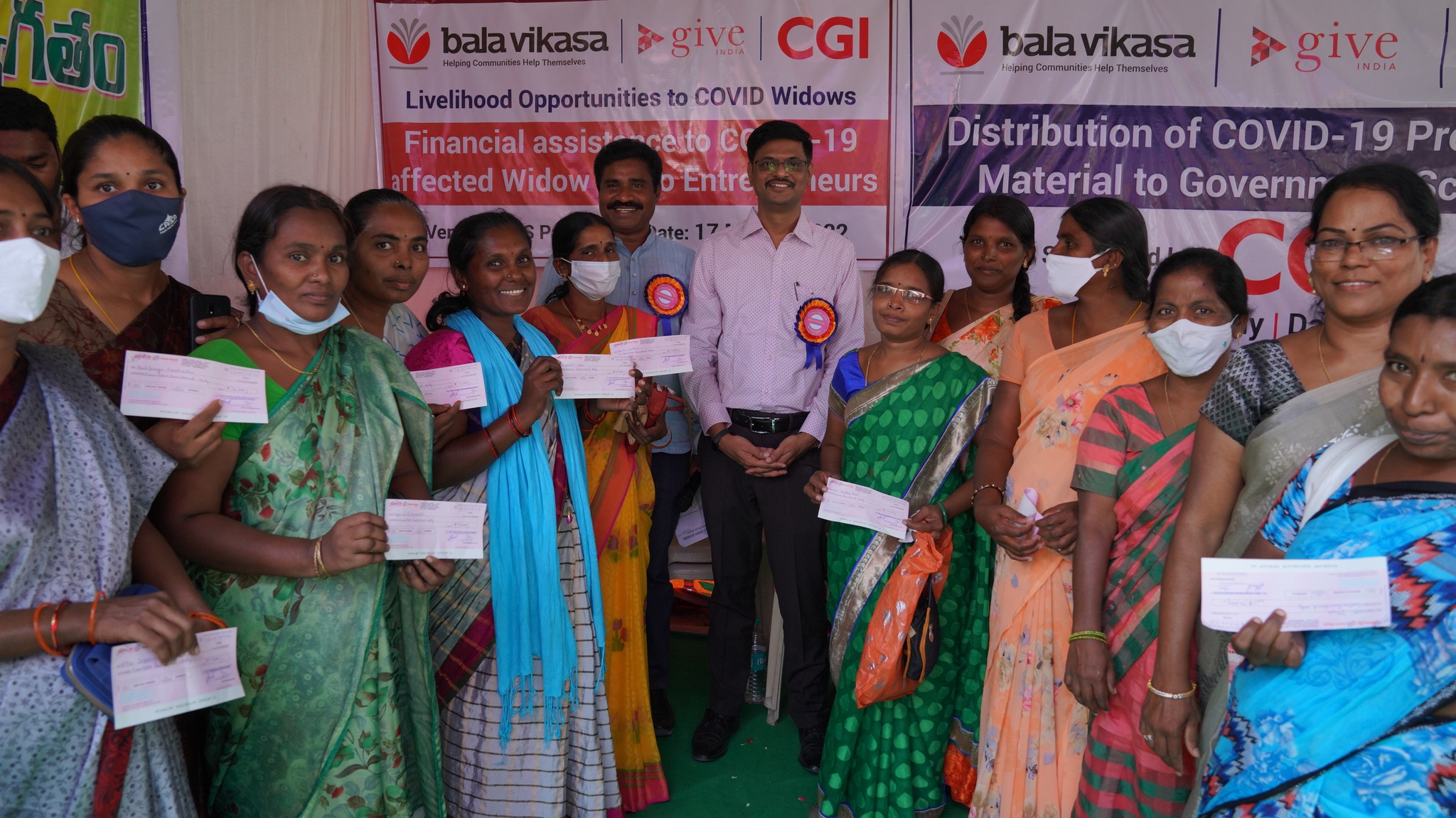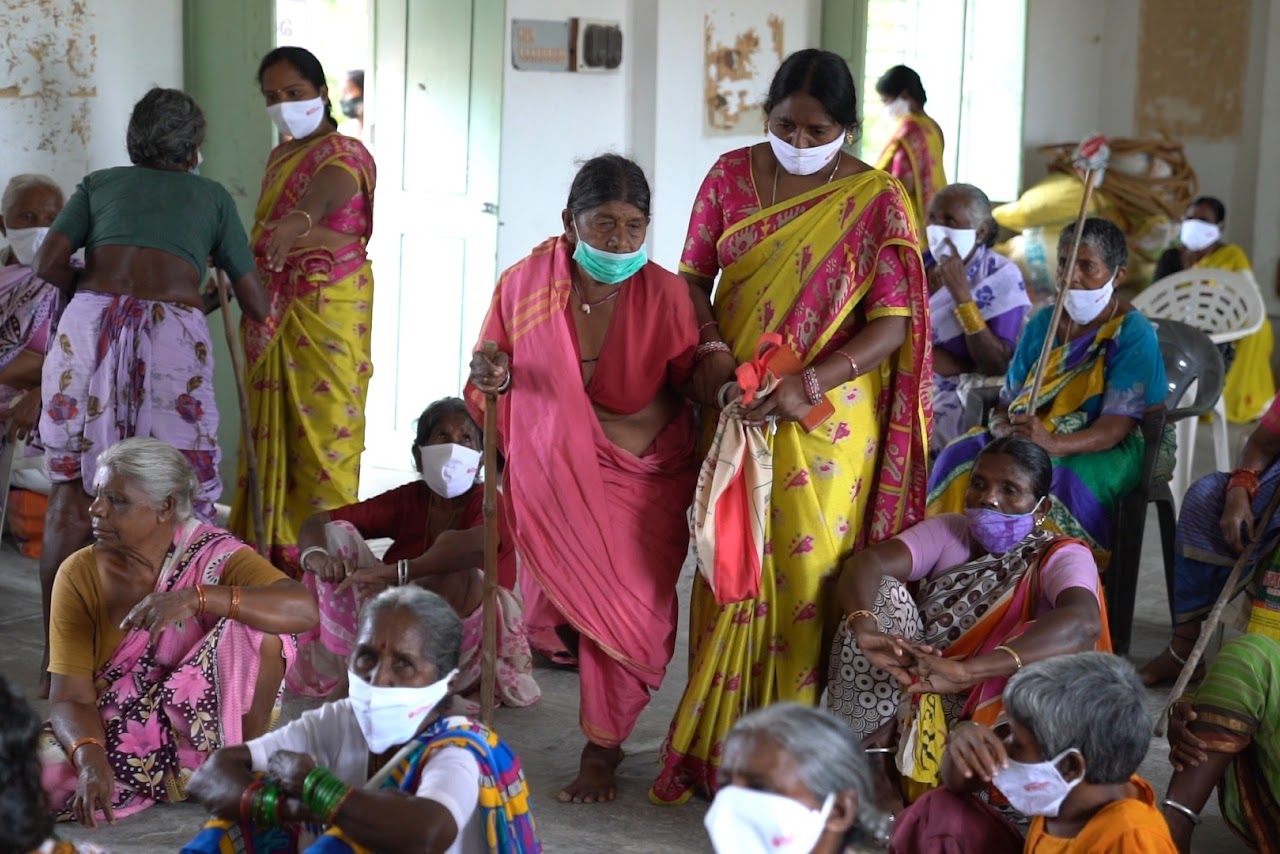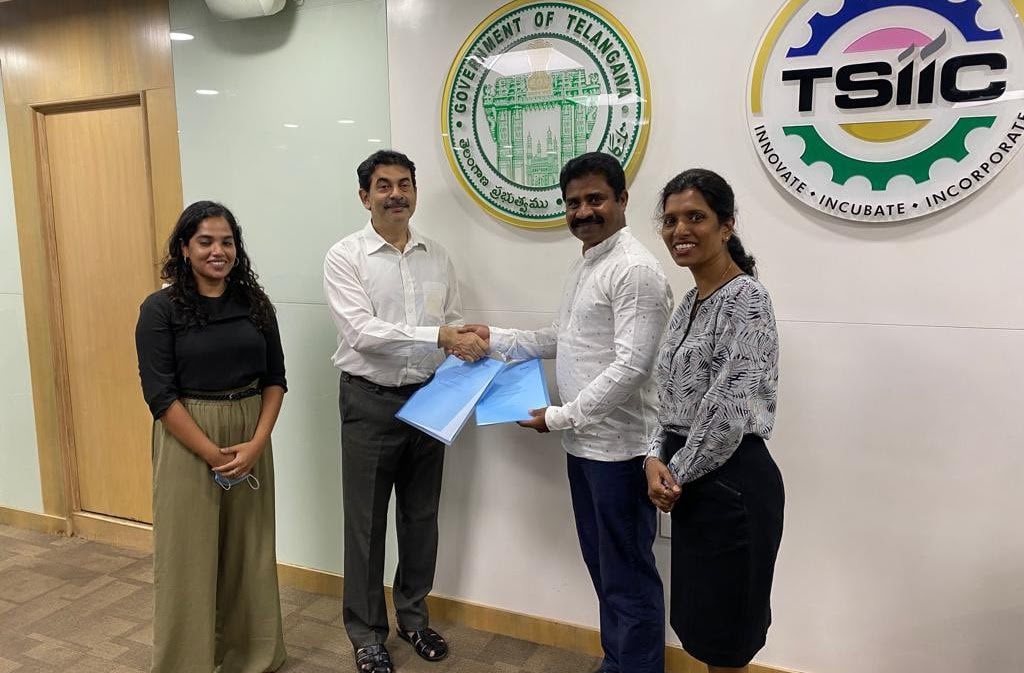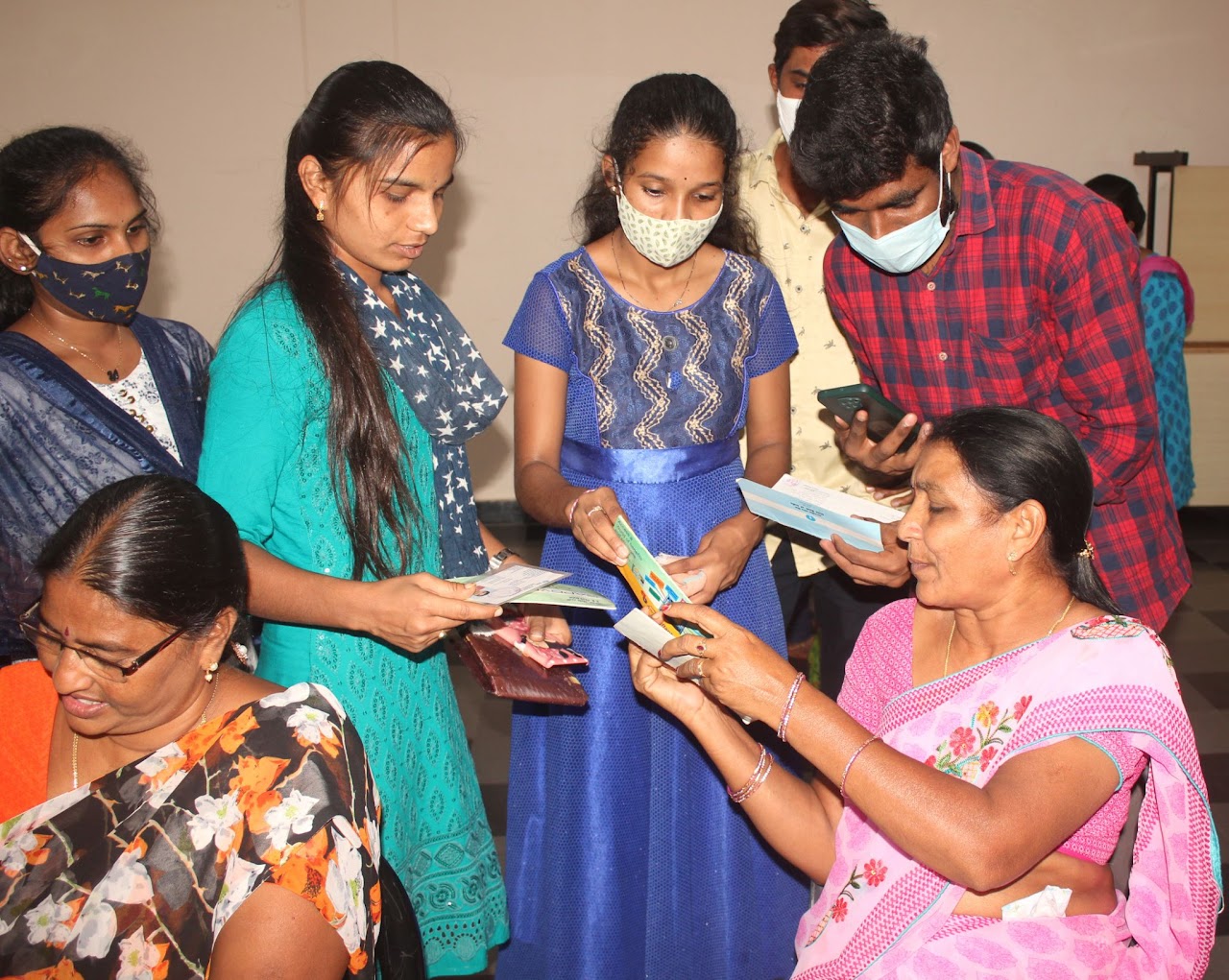Invisible Women, Invisible Problems
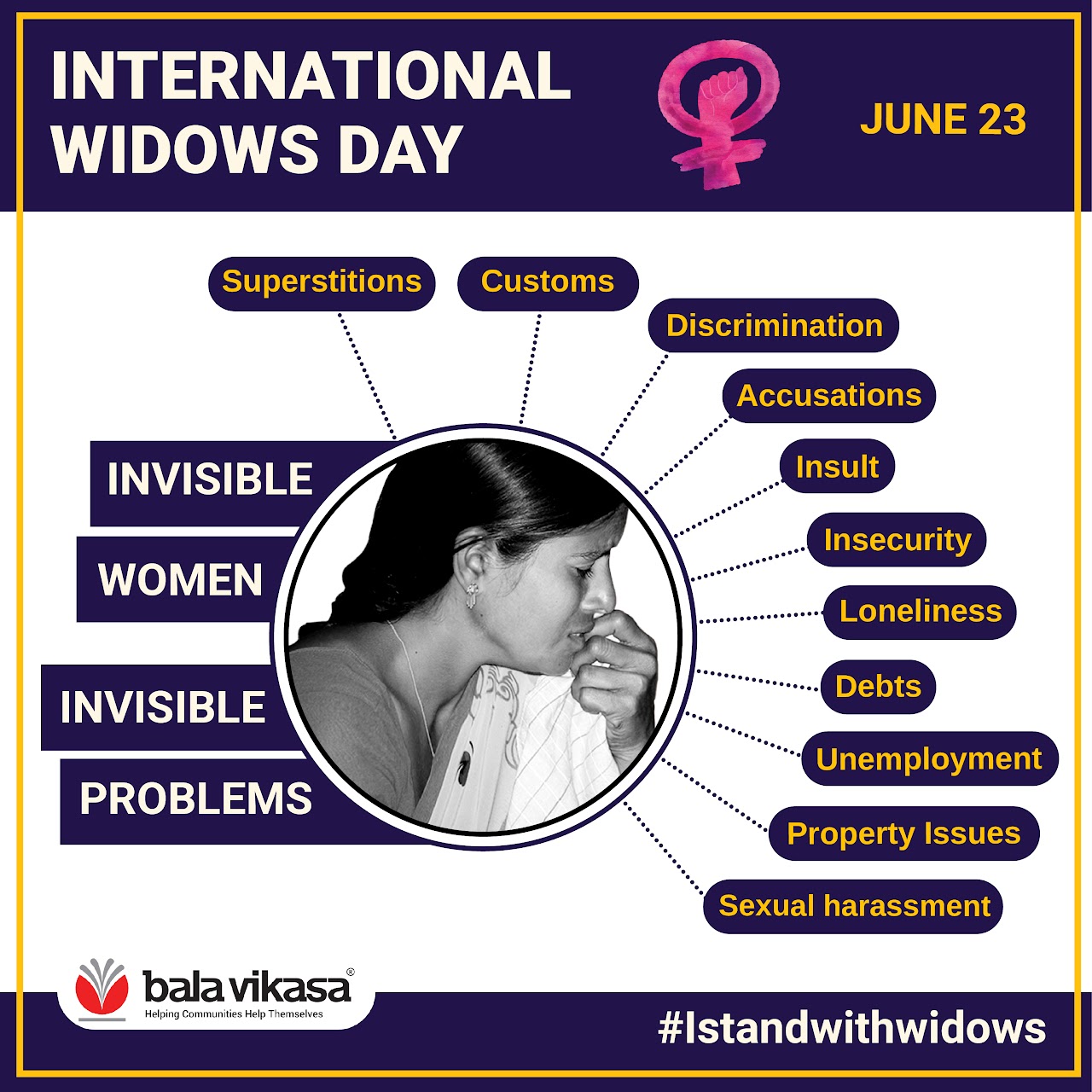
Widows across the globe are suffering in one way or the other. The problems of the widows include social stigma, superstitions, discrimination, harassment, exploitation, poverty etc.
In order to galvanize support from governments, civil society organizations, judiciary, community leaders, activists, religious leaders, media and relevant stakeholders, and encourage them to discuss, deliberate and act on policies, programs and laws required to empower the widows socially and economically, the United Nations announced 23rd June as an annual day of action to be observed as ‘International Widows Day’.
While International Women’s Day is observed with much fervor across the globe by all, many are not even aware of International Widows Day. This just reinforces a point that is being made through this year’s theme — Invisible Women, Invisible Problems. As women, widows have unique needs and challenges, many of which are not taken into consideration while making policies, even when they are specifically directed towards women empowerment. It is against this context, the International Widows Day observance throws a spotlight on these gaps and calls for attention and action from the communities all over the world — to root for their emancipation and strive for their empowerment. To take one step further from discussing equality to advocating for equity.
The most important objective of this day is to create a platform for widows to voice out their concerns and lived experiences of exploitation, discrimination, abuse and trauma. Not many events and platforms are created by governments or NGOs in this direction. In the aftermath of COVID’s second wave and the stories of struggle emerging from the widows left by a deadly pandemic, it becomes all the more important to provide them an opportunity to advocate for themselves to enable an inclusive recovery.
In a record-setting feat, Bala Vikasa Social Service Society organized two of the biggest gatherings of widows in the world with 10,000+ in attendance — first in Hyderabad (2018) and then in Vijayawada (2019), before the pandemic hit. The event saw the participants of Ministers, Legislators, Bureaucrats, Activists, NGOs, Religious Leaders and members of the civil society. Heads of major religions attended these events and confirmed to the participants that widow discrimination, in any form, is not sanctioned by any religion but is purely a customary practice influenced by strong superstitions in a patriarchal society.
A survey conducted by Bala Vikasa among 5000 young widows indicated that 29% of them have thought or attempted to commit suicide as they are not able to cope up with the situation, they are living in
A survey conducted by Bala Vikasa among 5000 young widows indicated that 29% of them have thought or attempted to commit suicide as they are not able to cope up with the situation, they are living in. This indicates the severity of a problem, completely neglected by all. A widow is not welcome to attend family celebrations or any auspicious events. They can’t even bless their own children during their weddings. A 60- year widower can remarry, without any resistance, but a young widow of 20 years can’t remarry without suffering character assassination or hearing dehumanizing taunts from the community. A widower can bless any one and can wear any dress but not a widow.
It is to note that some families coming from a specific class/background are somehow managing to break away from these in a few issues but even they are not able to completely experience or practice reform. Education, which is generally considered to be an antidote to many superstitious practices and social evils, is not changing things much. Some widows are trying very hard to raise their voice, stand up against all forms of discrimination while fighting, every day, for their family’s welfare and well-being.
Many times, the society and its members, however modern they might claim to be, are just not able to see beyond the superstitions, customs and taboos, and extend love, respect and generosity towards widows, even if they are their own. These discriminatory exchanges, practices and beliefs withhold widows from reaching their true potential and achieving success, even when they do not have any other option but to push through, for their children and their futures.
While financial security is an important aspect of widow empowerment, eradicating social discrimination is first and foremost for a widow to even think about stepping out of her house. As we progress as a society, making inclusion, equity and social justice the foundational principles, there need to be sustained efforts to integrate the rights of widows into these progressive discourses.
It requires governments, NGOs, feminists, social activists, media, religious leaders and the civil society to become active advocates for their cause. There is a need to have recurring events, activities, discussions, involving young and old alike, to highlight the challenges of widows and propose solutions for their emancipation and empowerment. Bala Vikasa has been spearheading events at the community level, at the district level and at the state level to amplify the voices of widows, galvanize support from all quarters of the society by making them aware of this pressing issue.
Social change is possible through enlightenment. Everyone can take a lead in their own way as per their resources, opportunities and influence. Everybody can become a change maker and contribute towards building a world that is safer, accepting and enabling of our mothers, sisters and daughters, no matter what.




